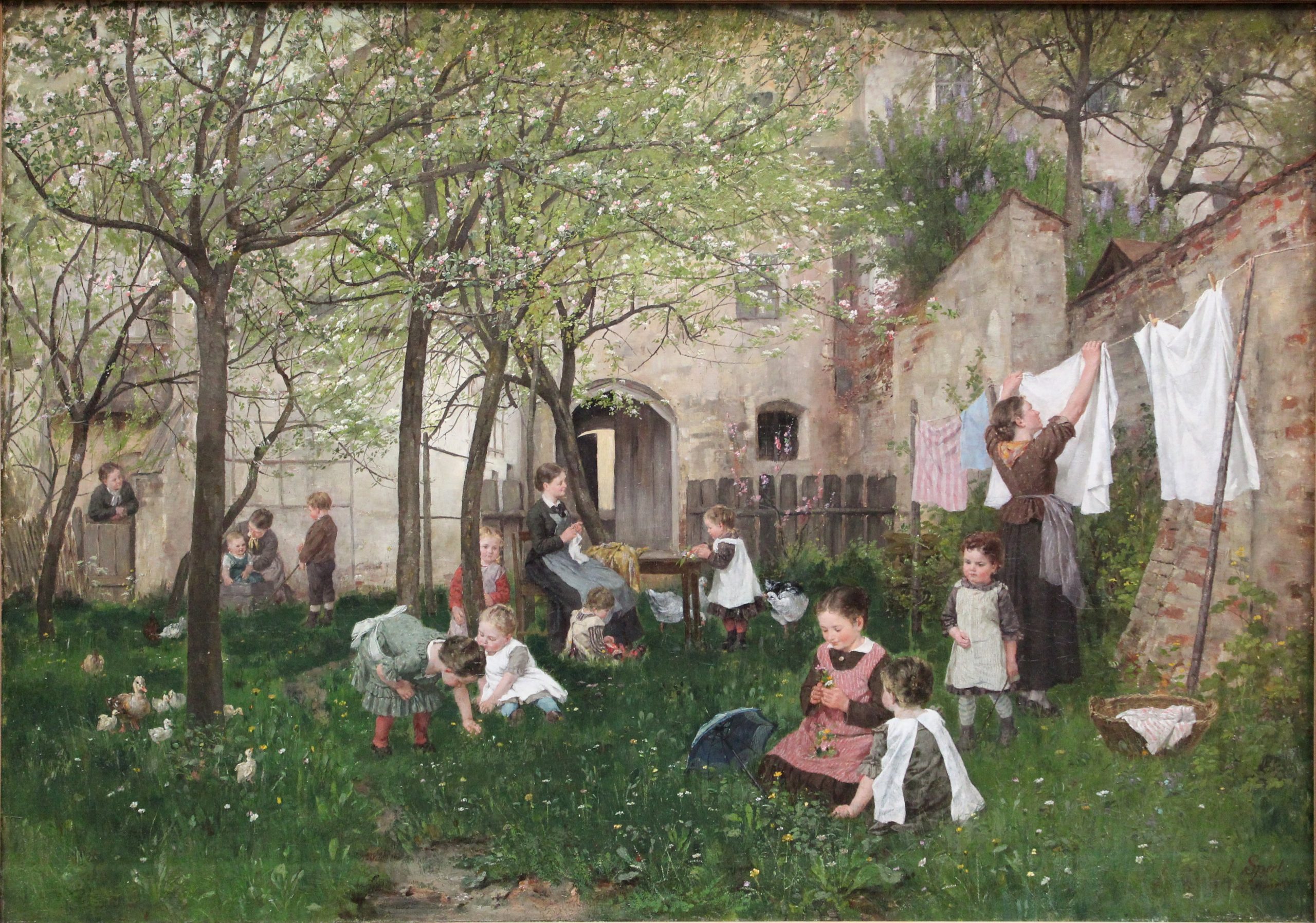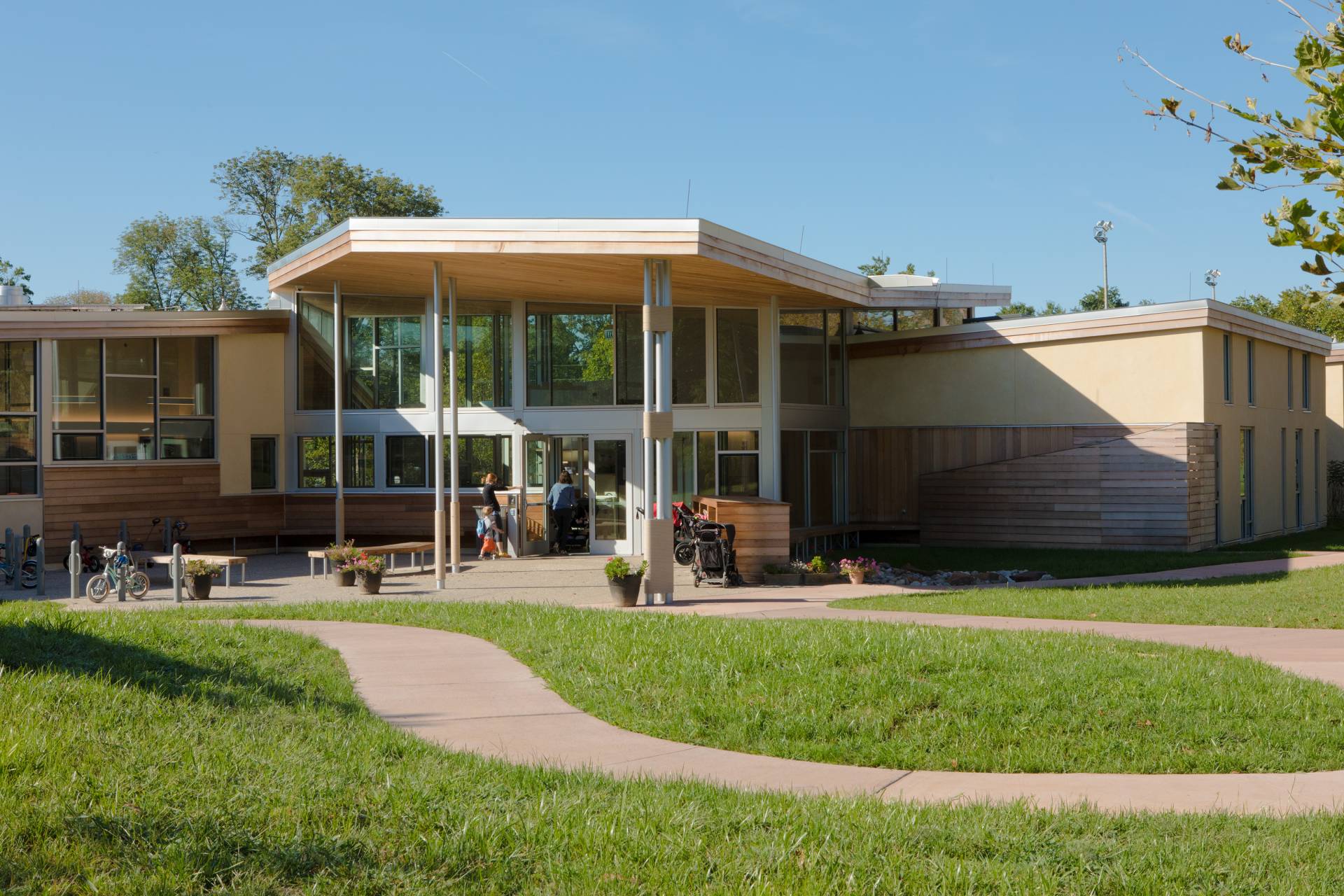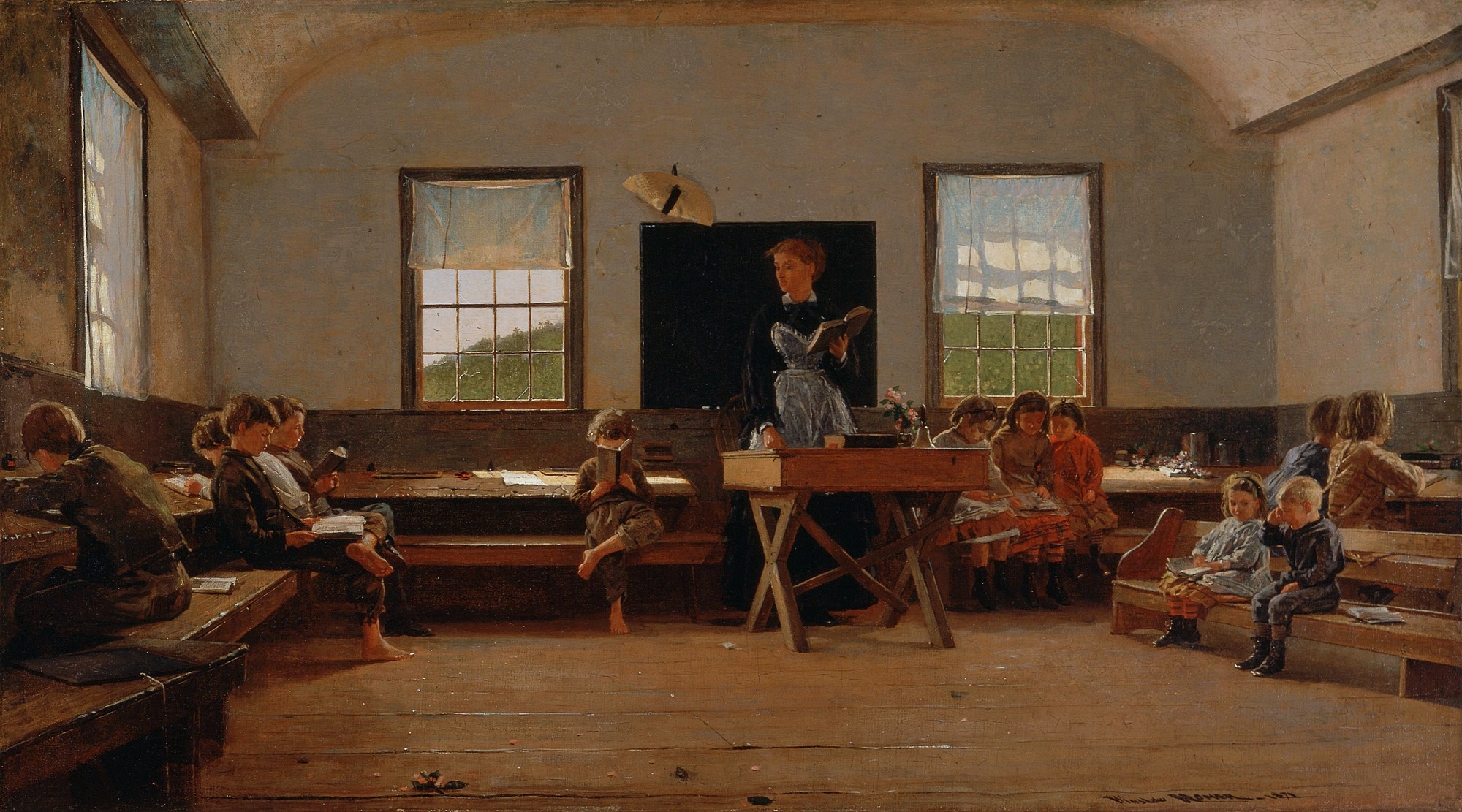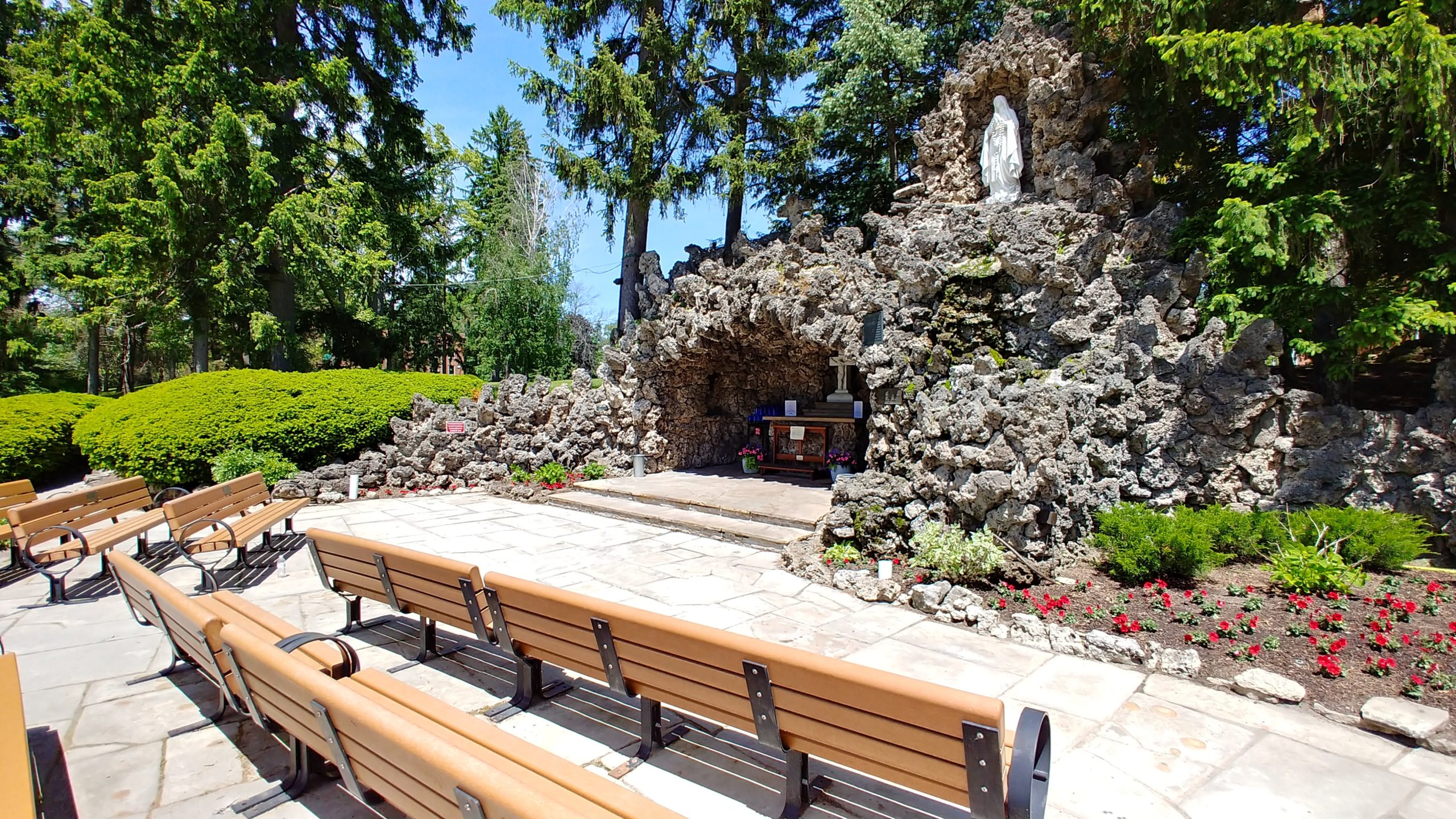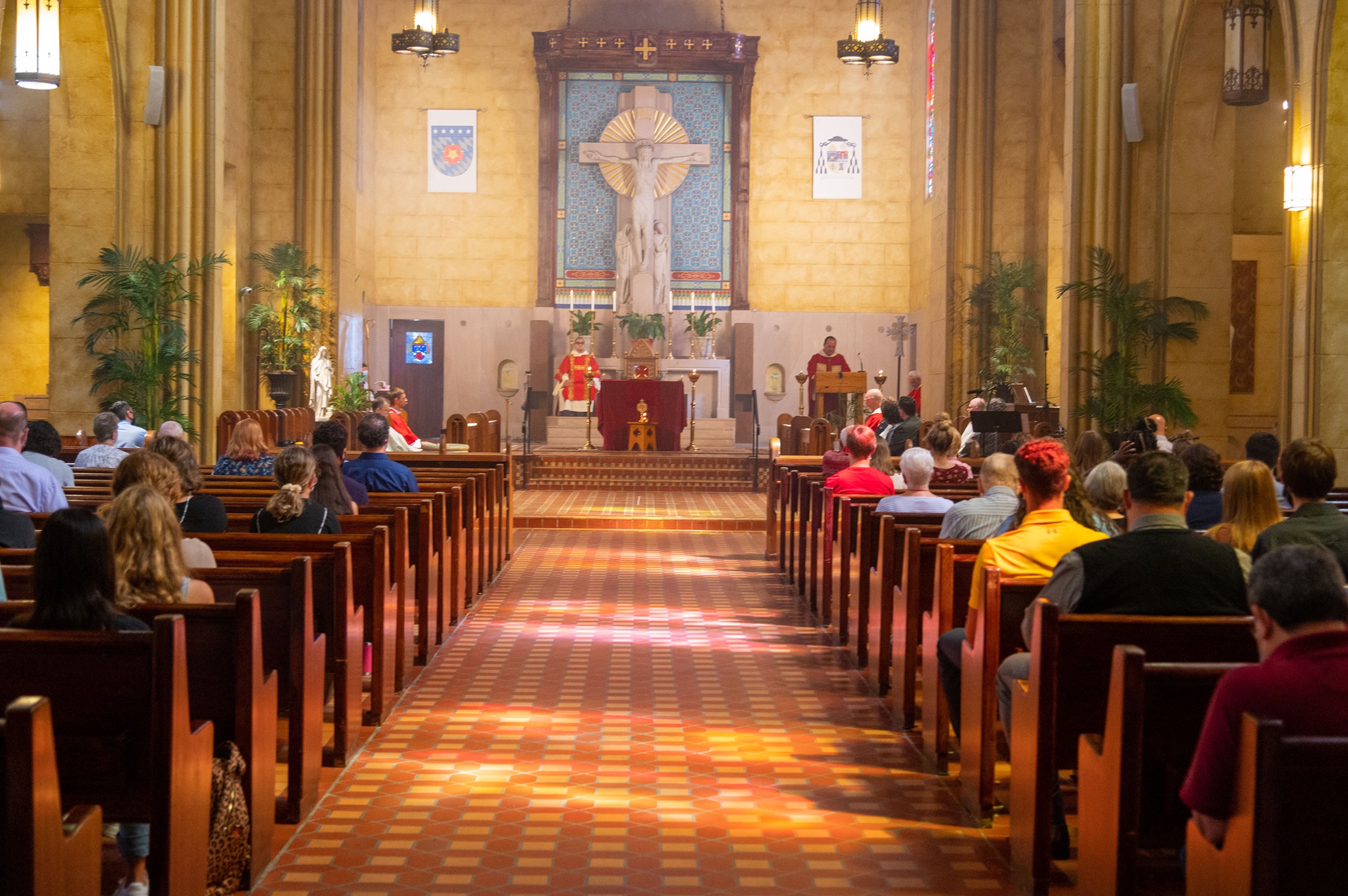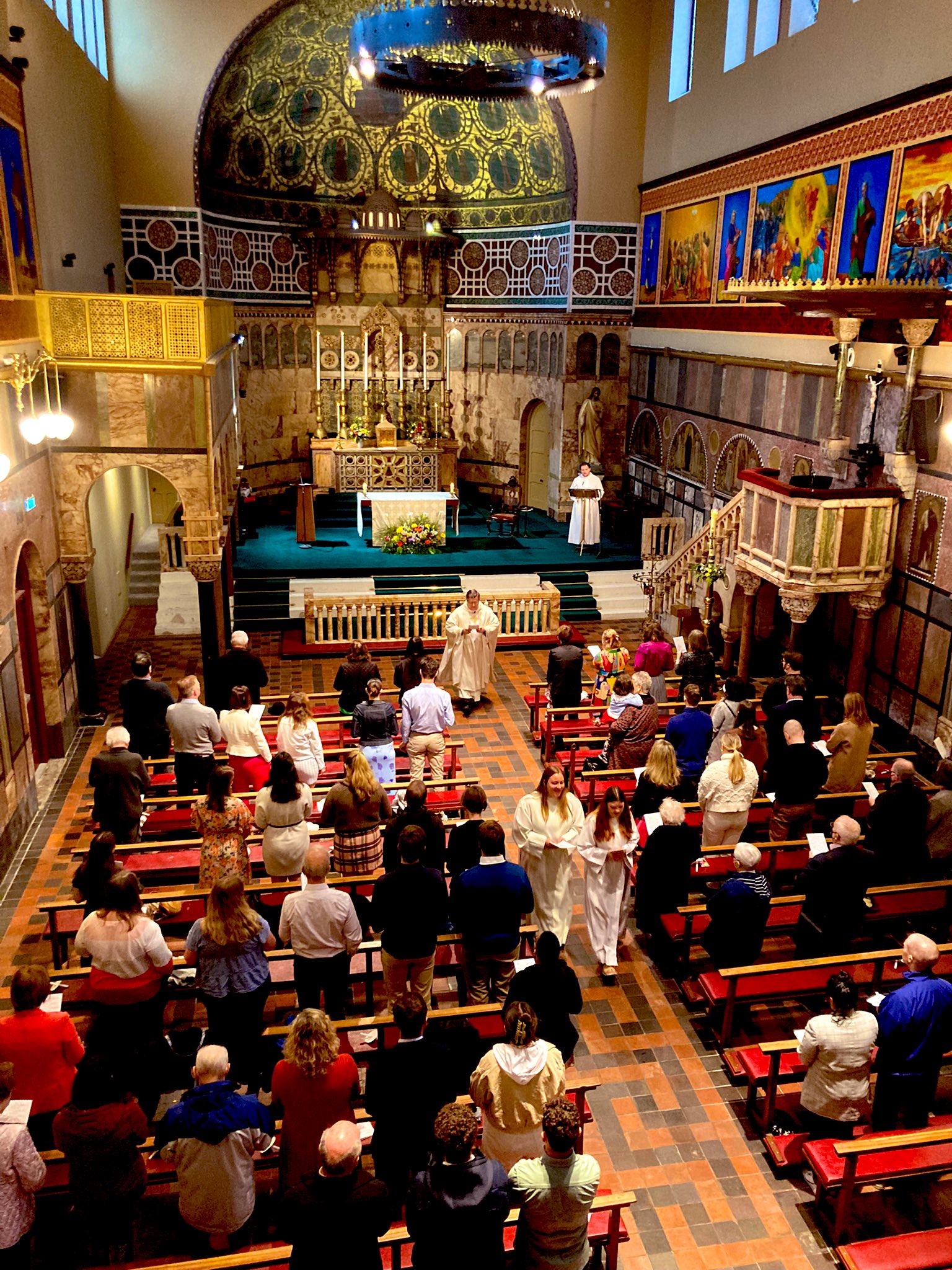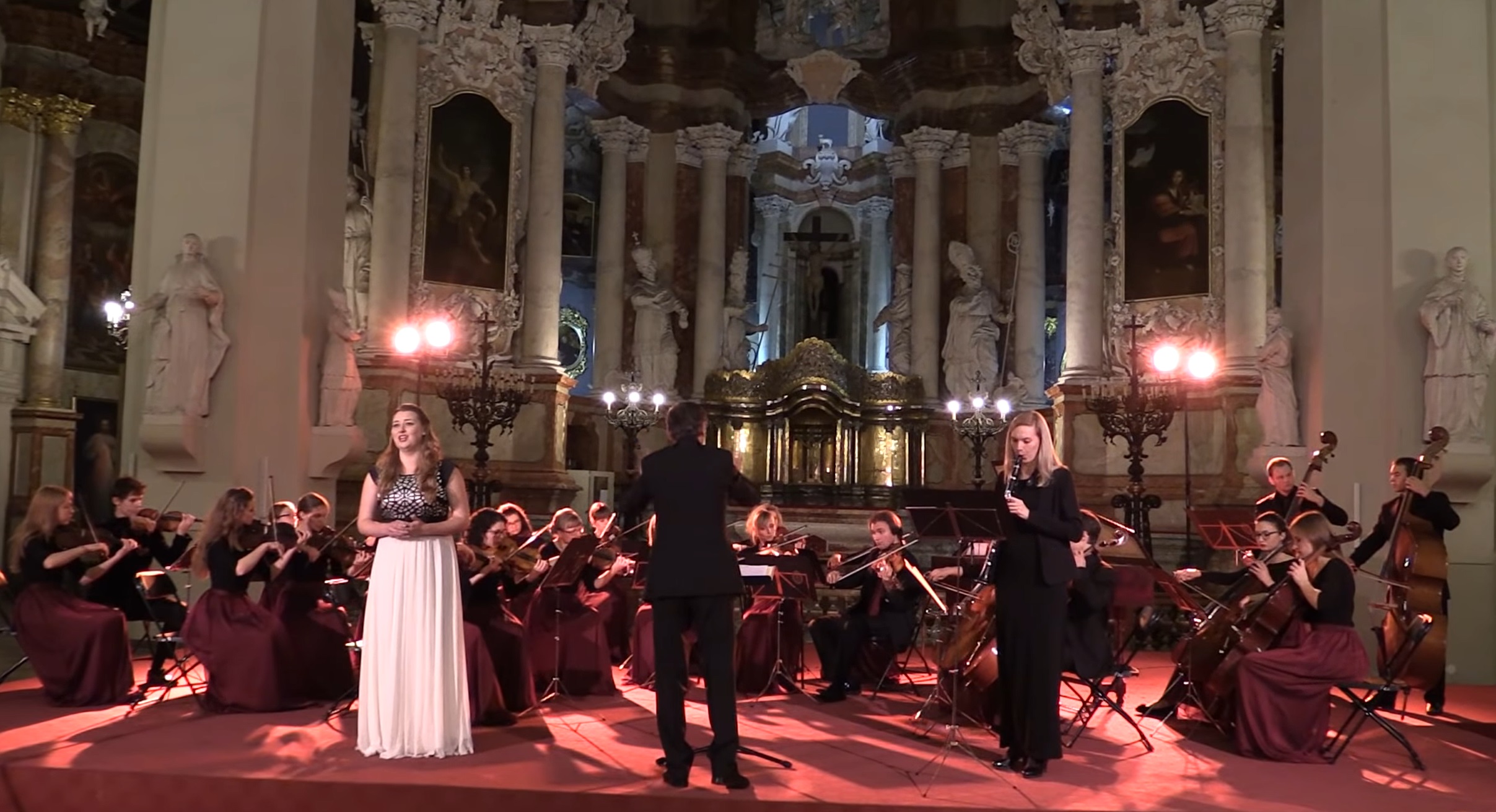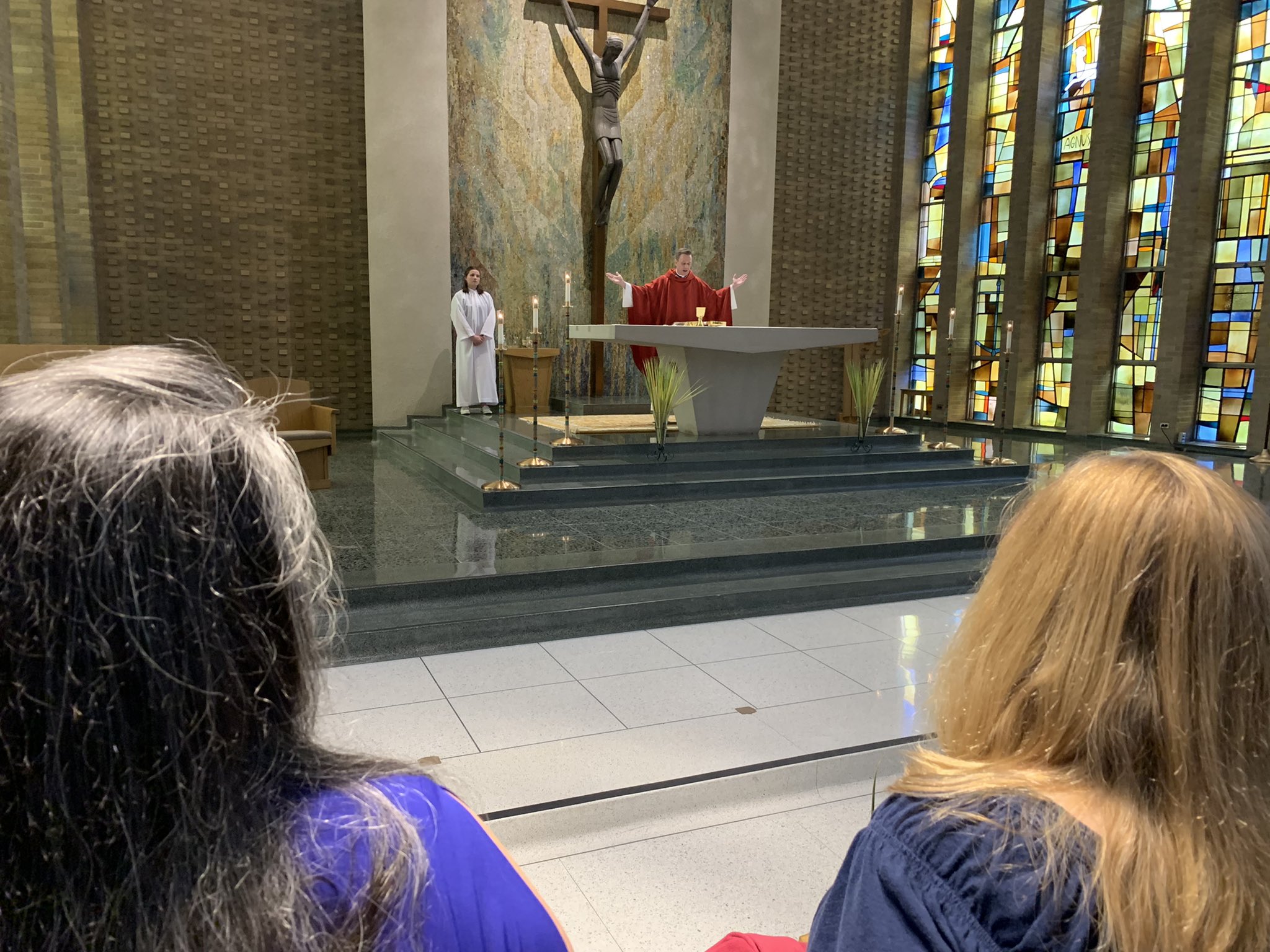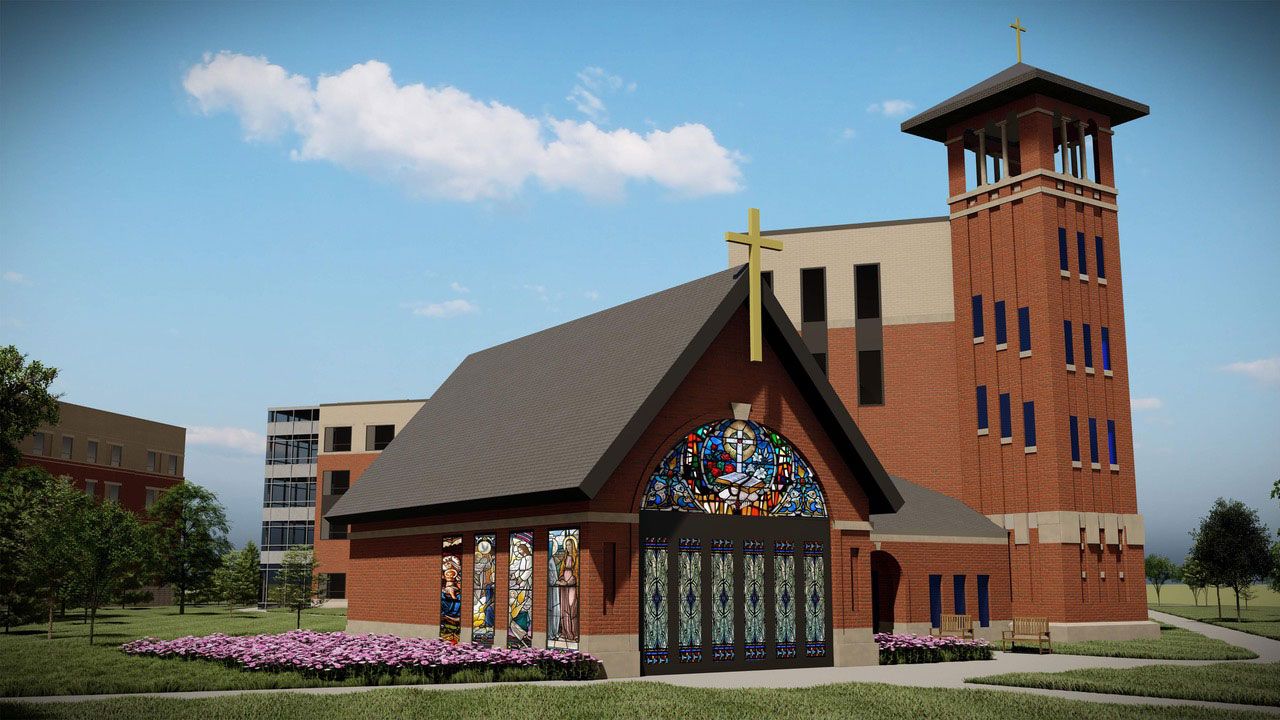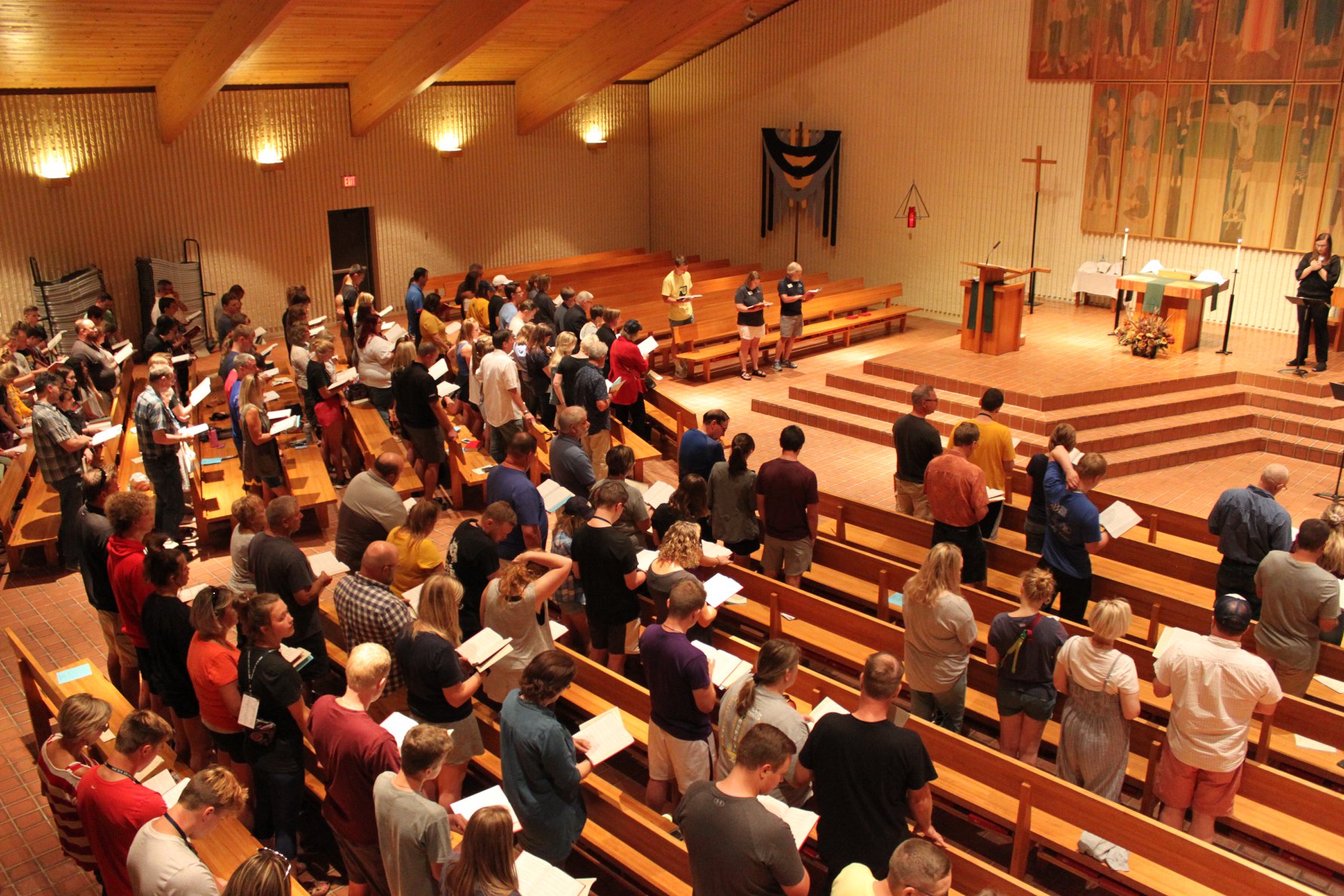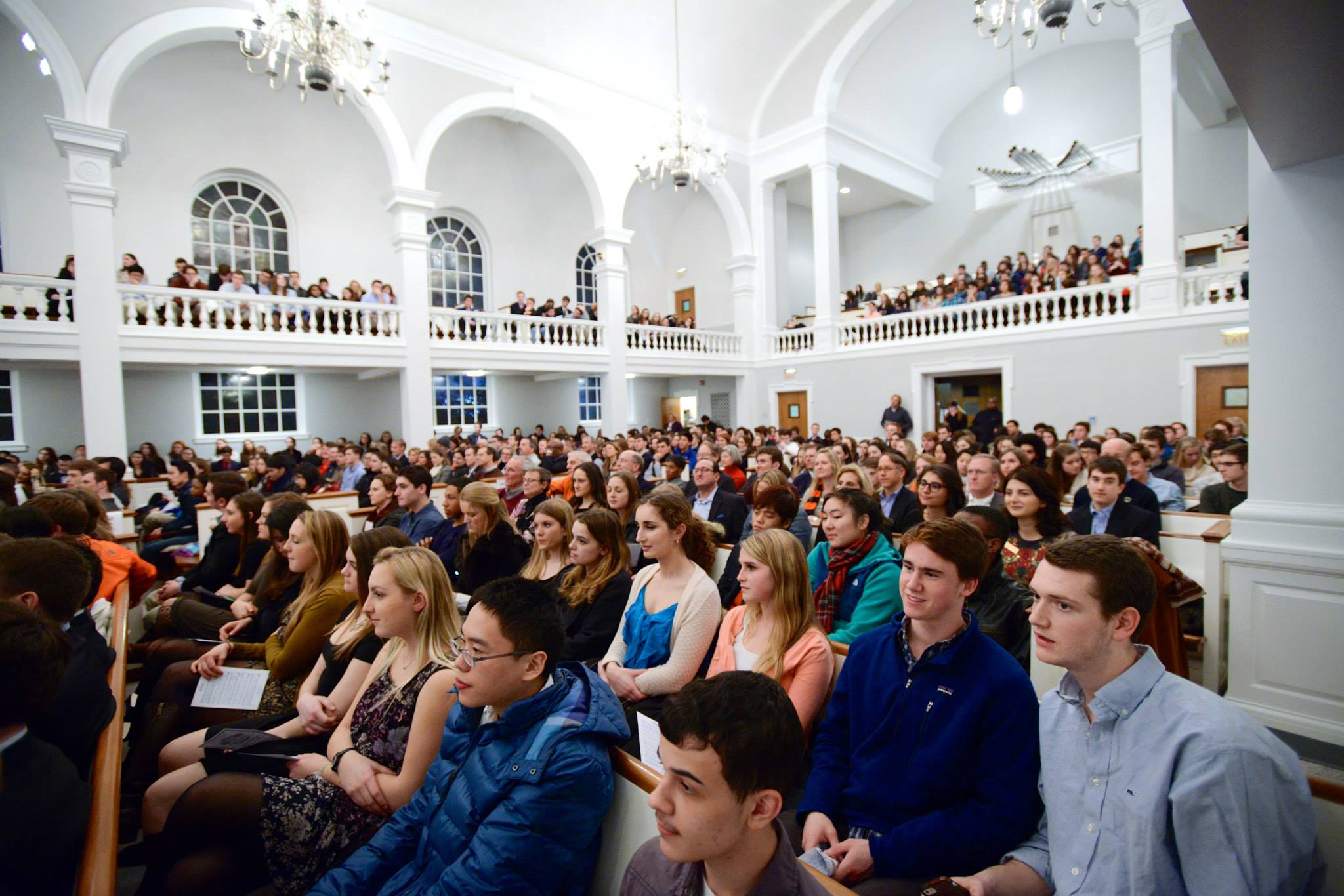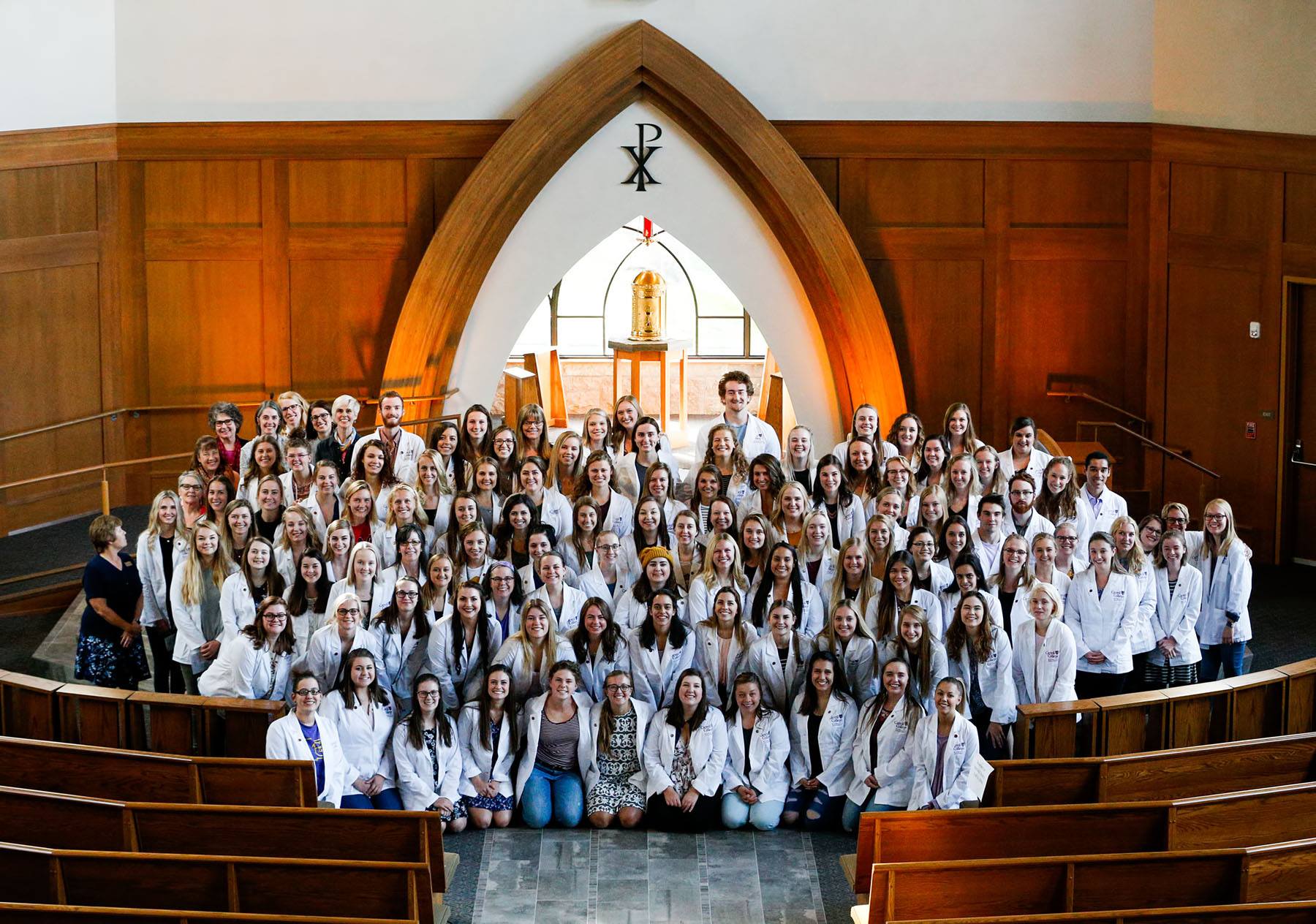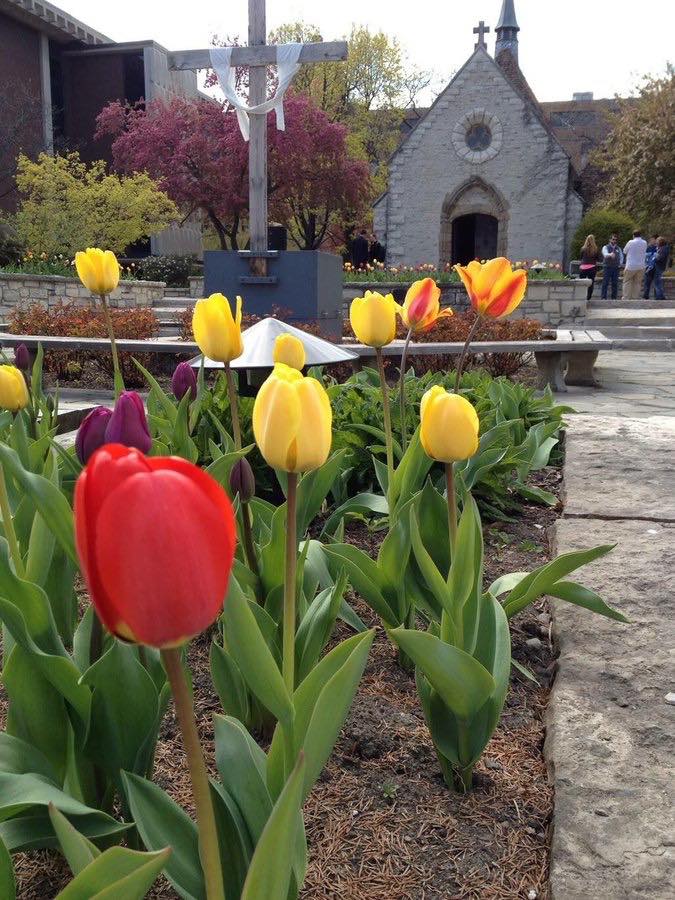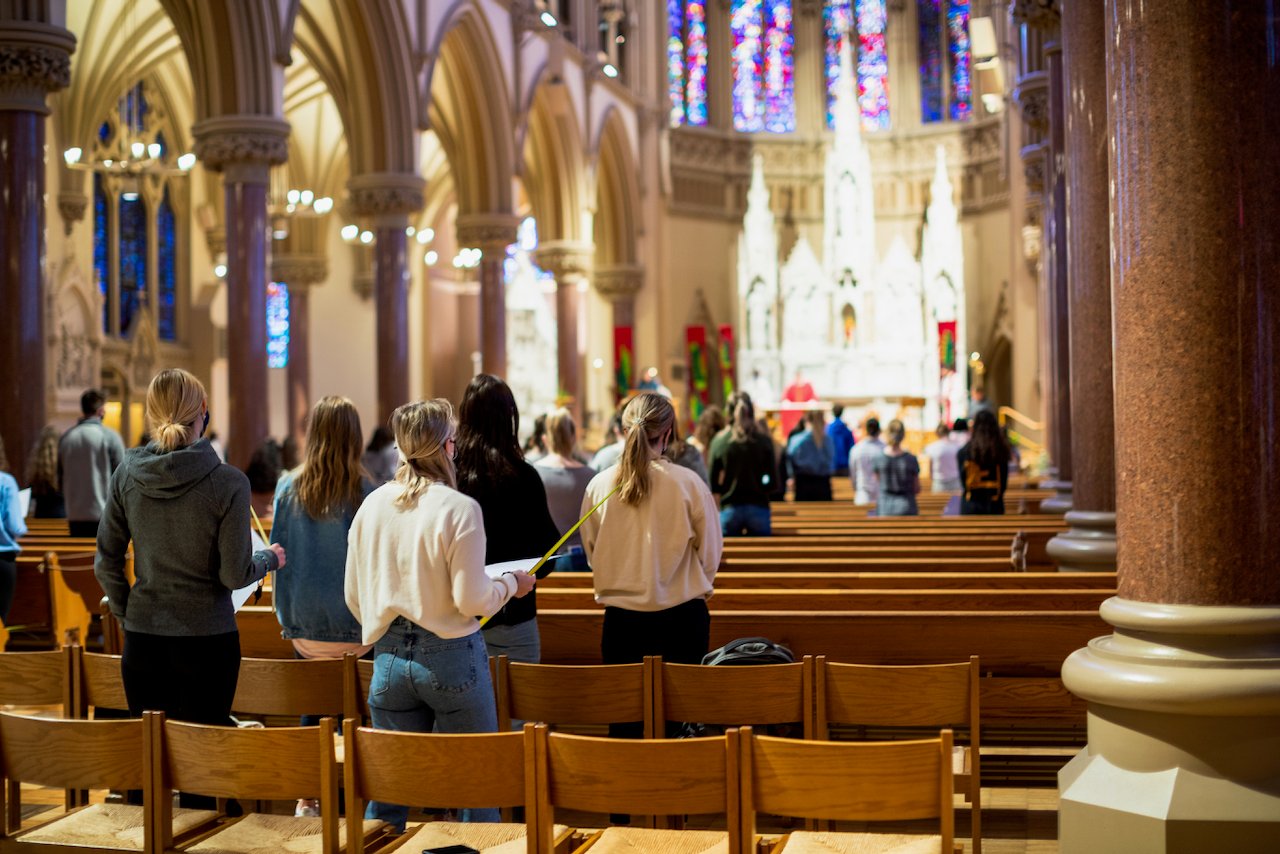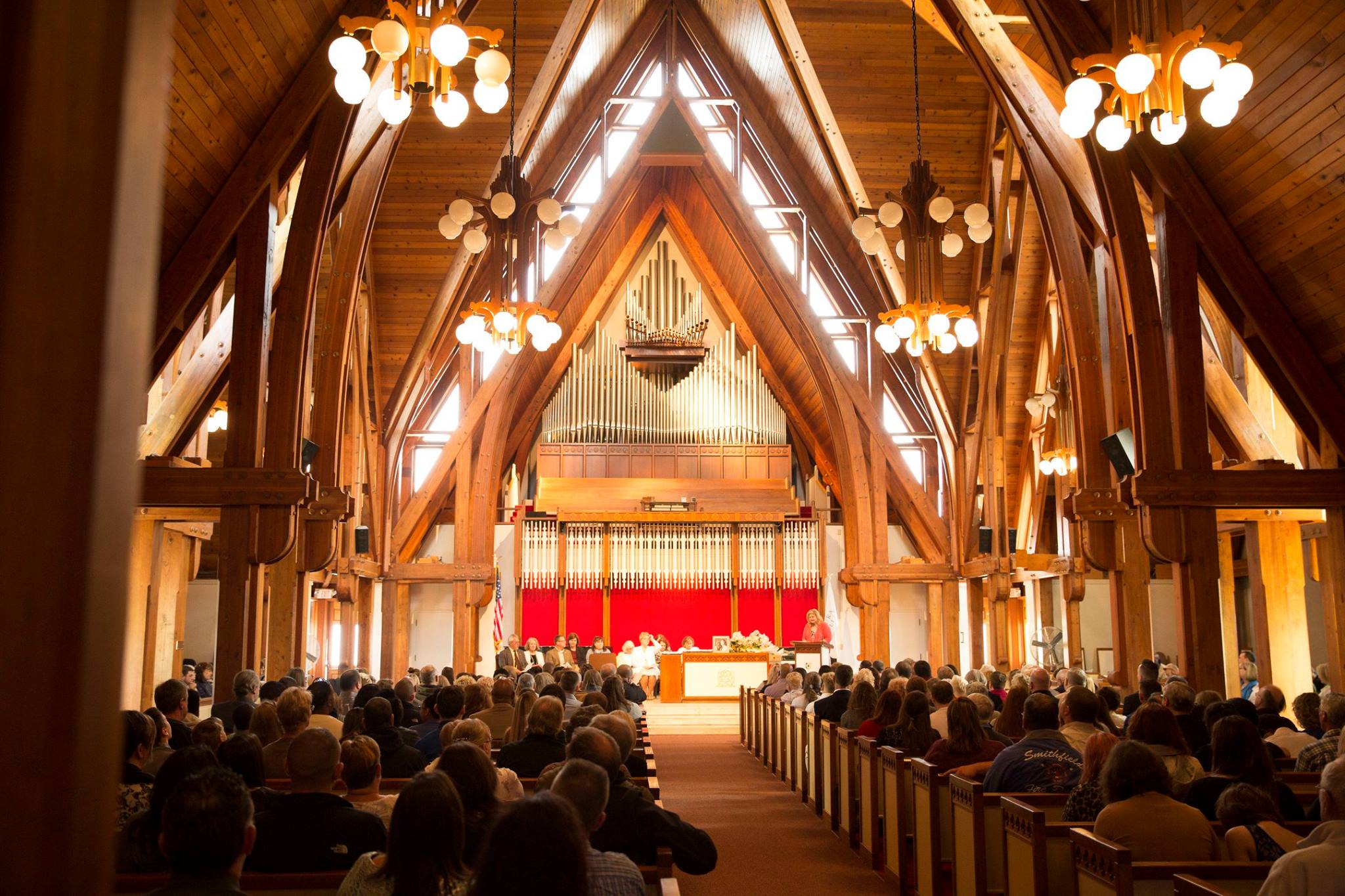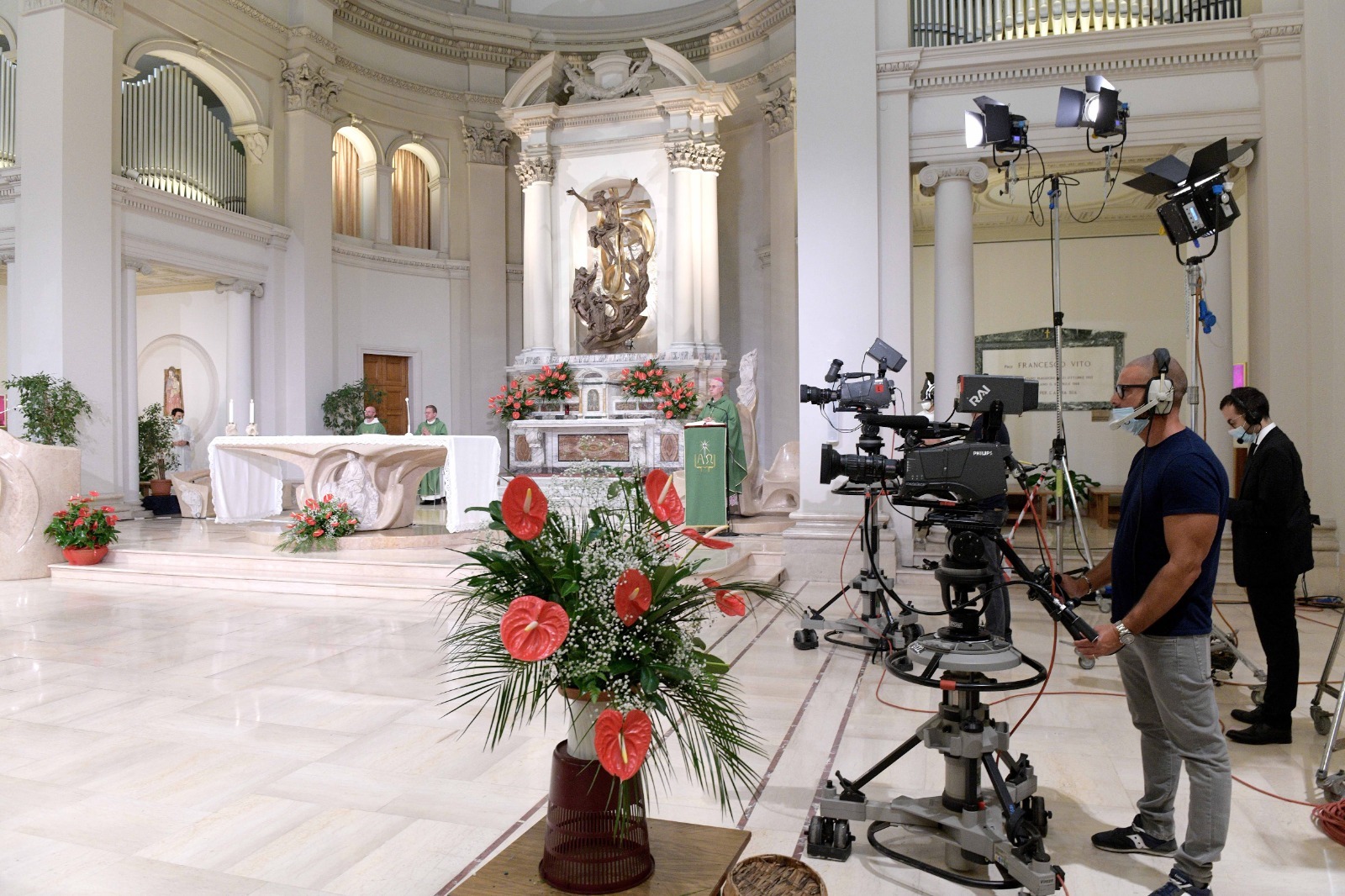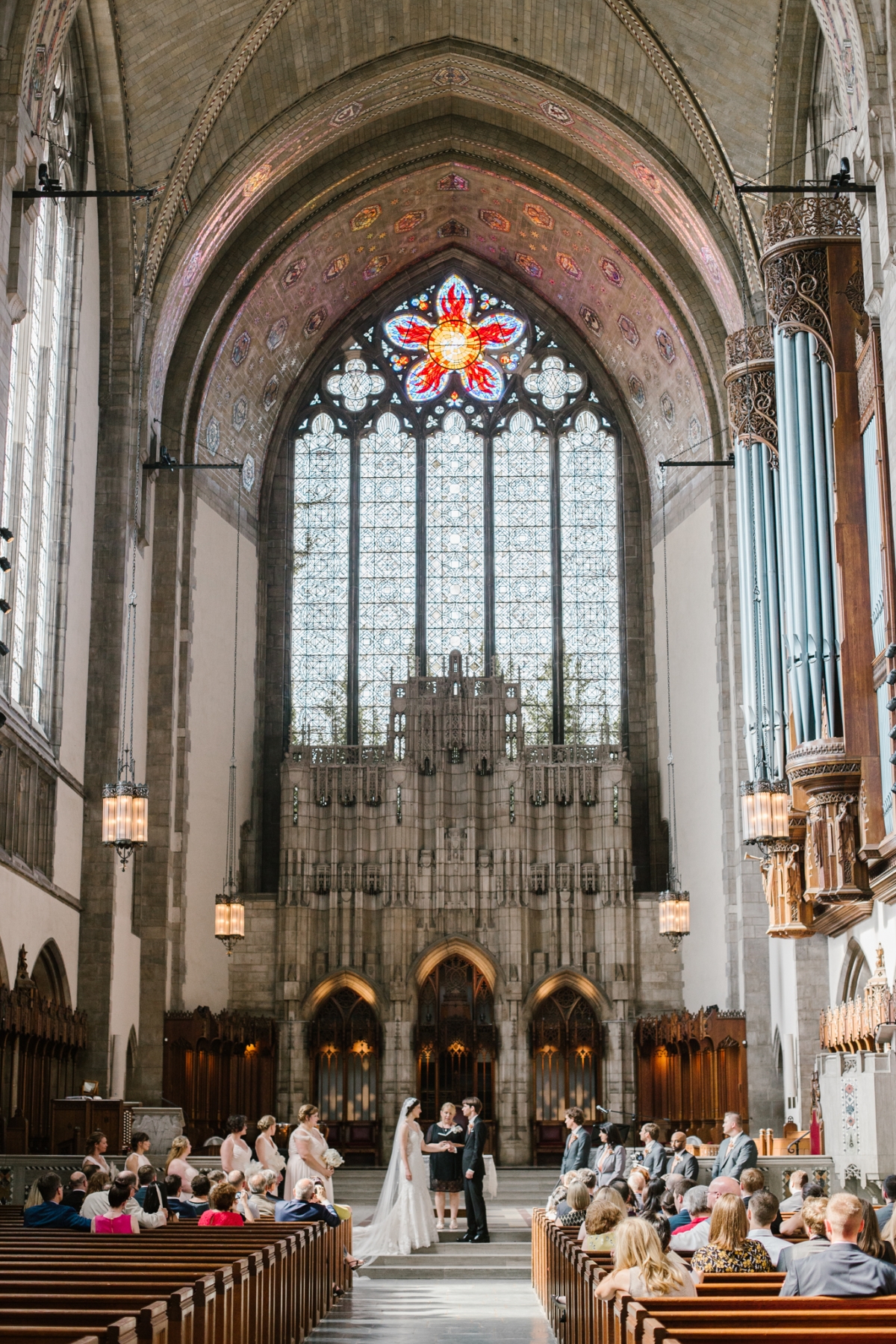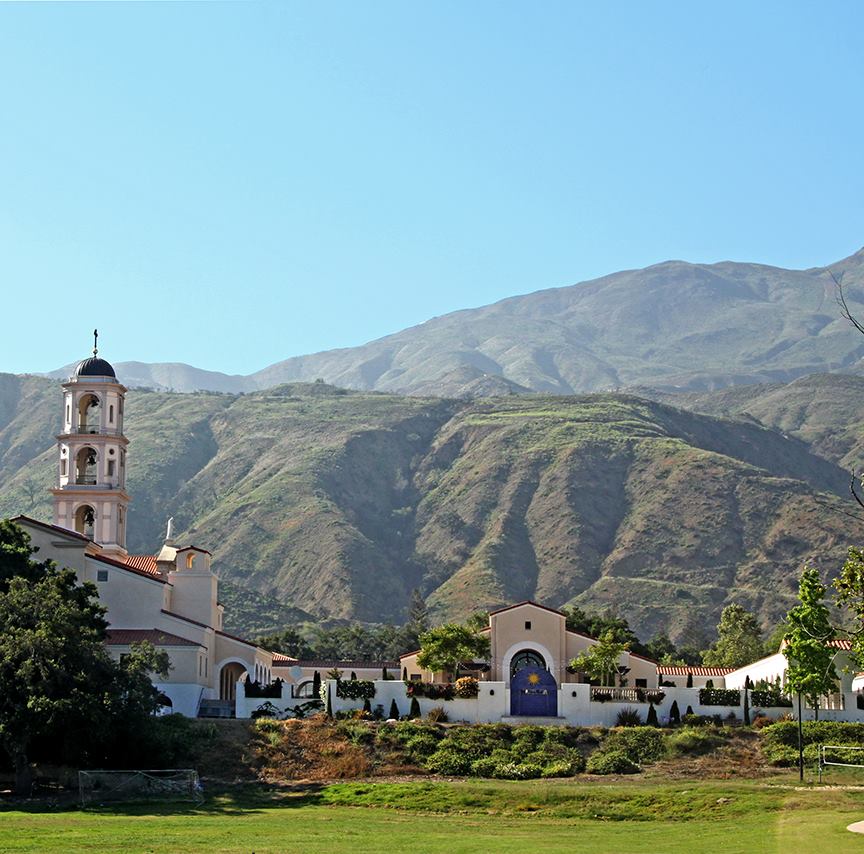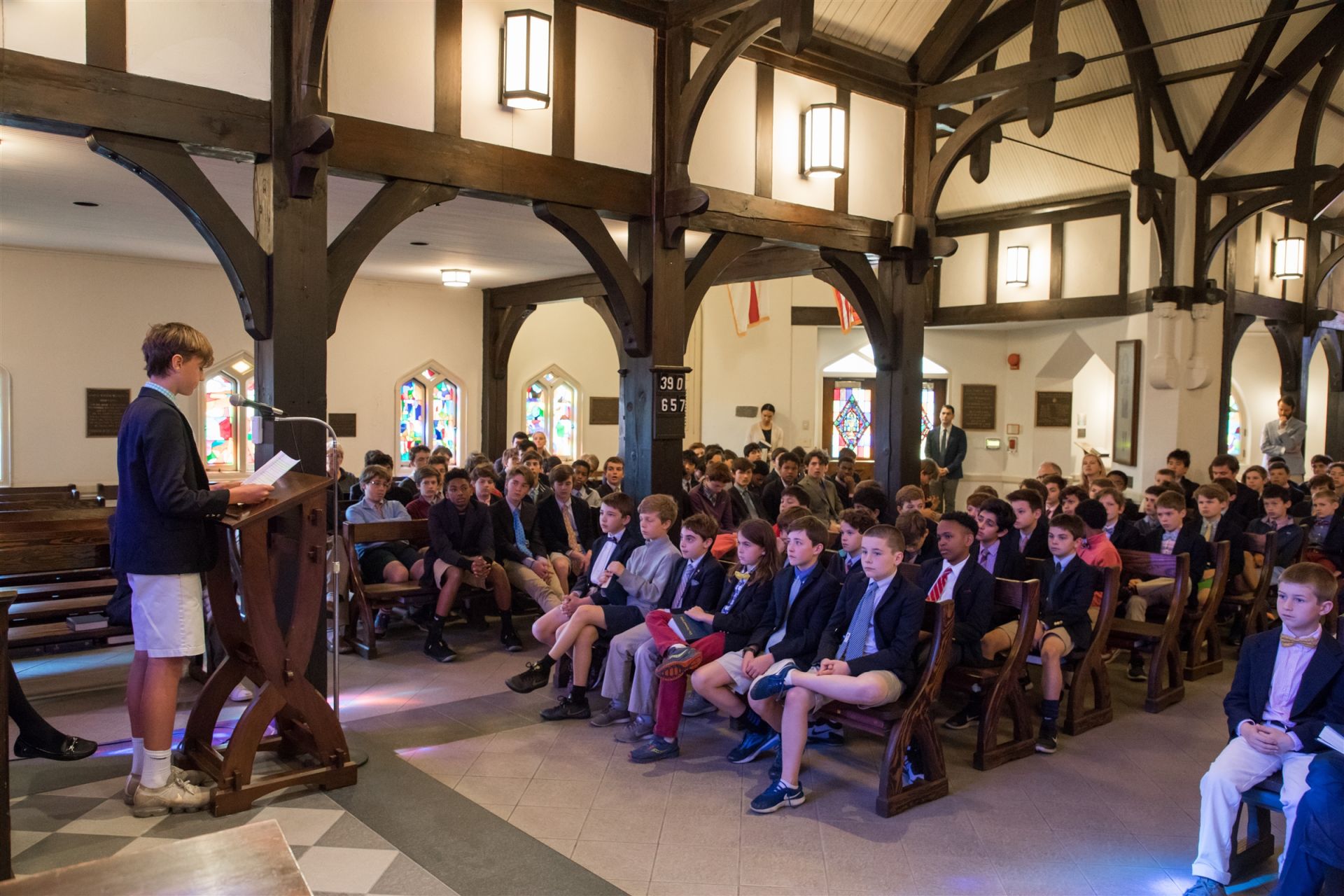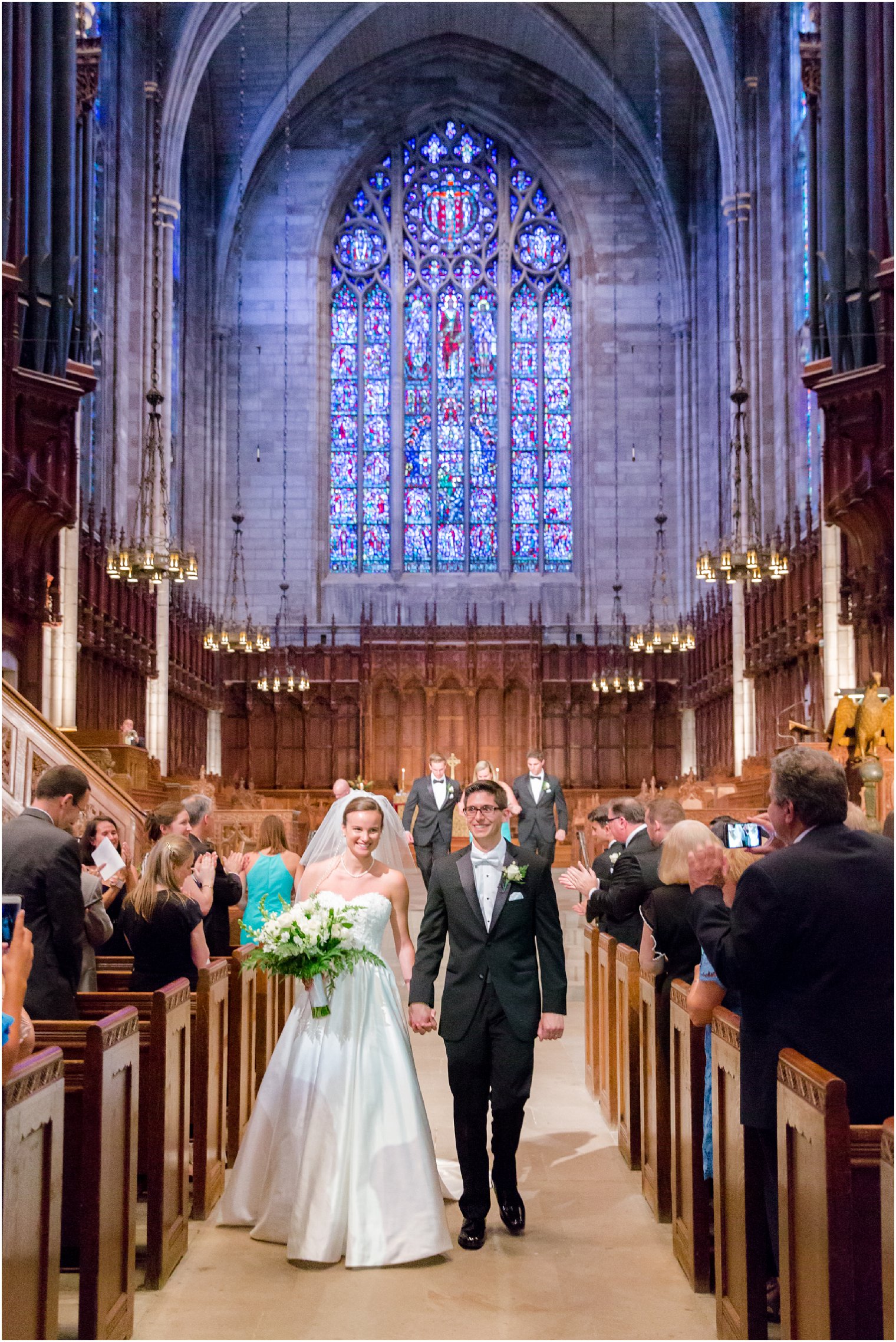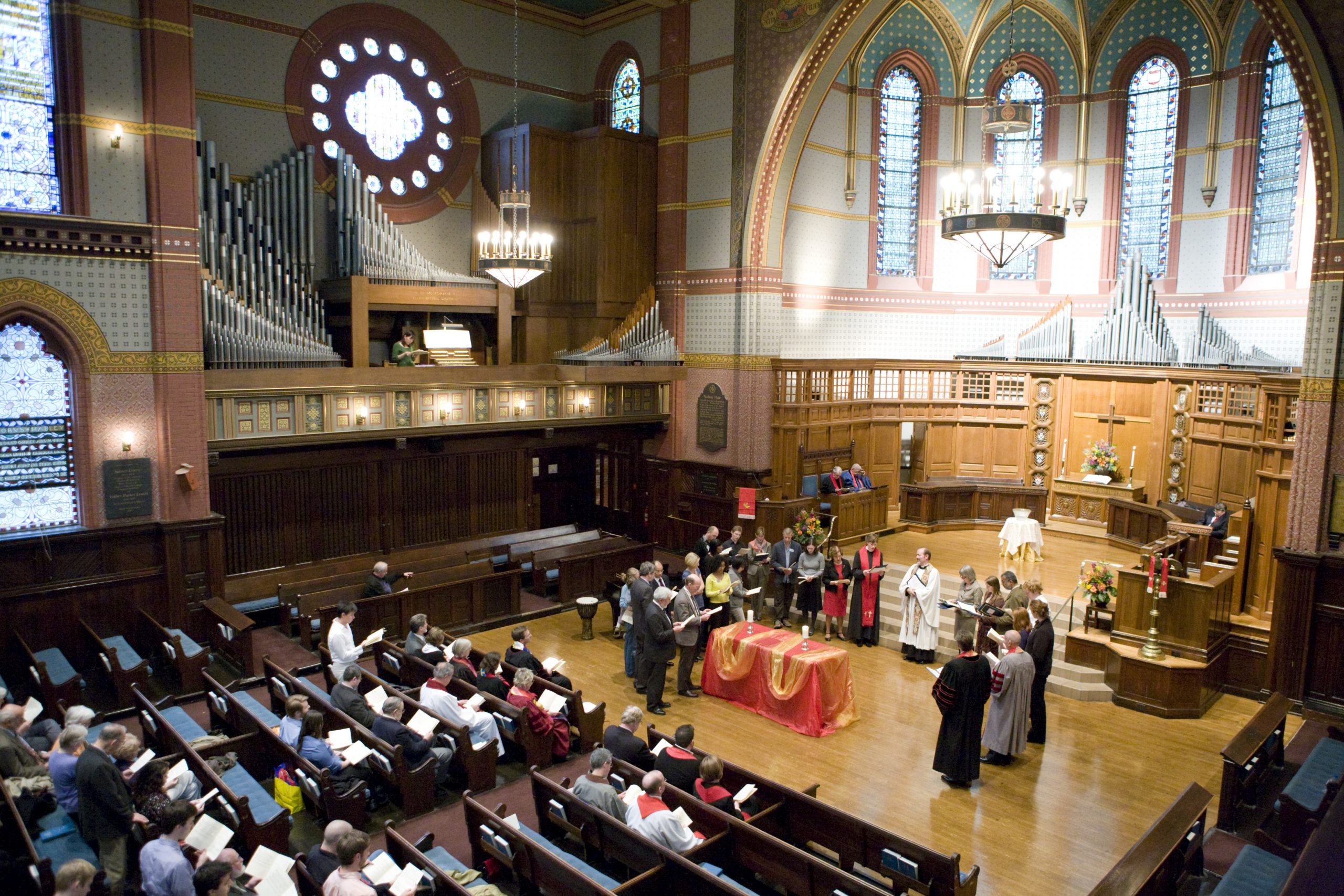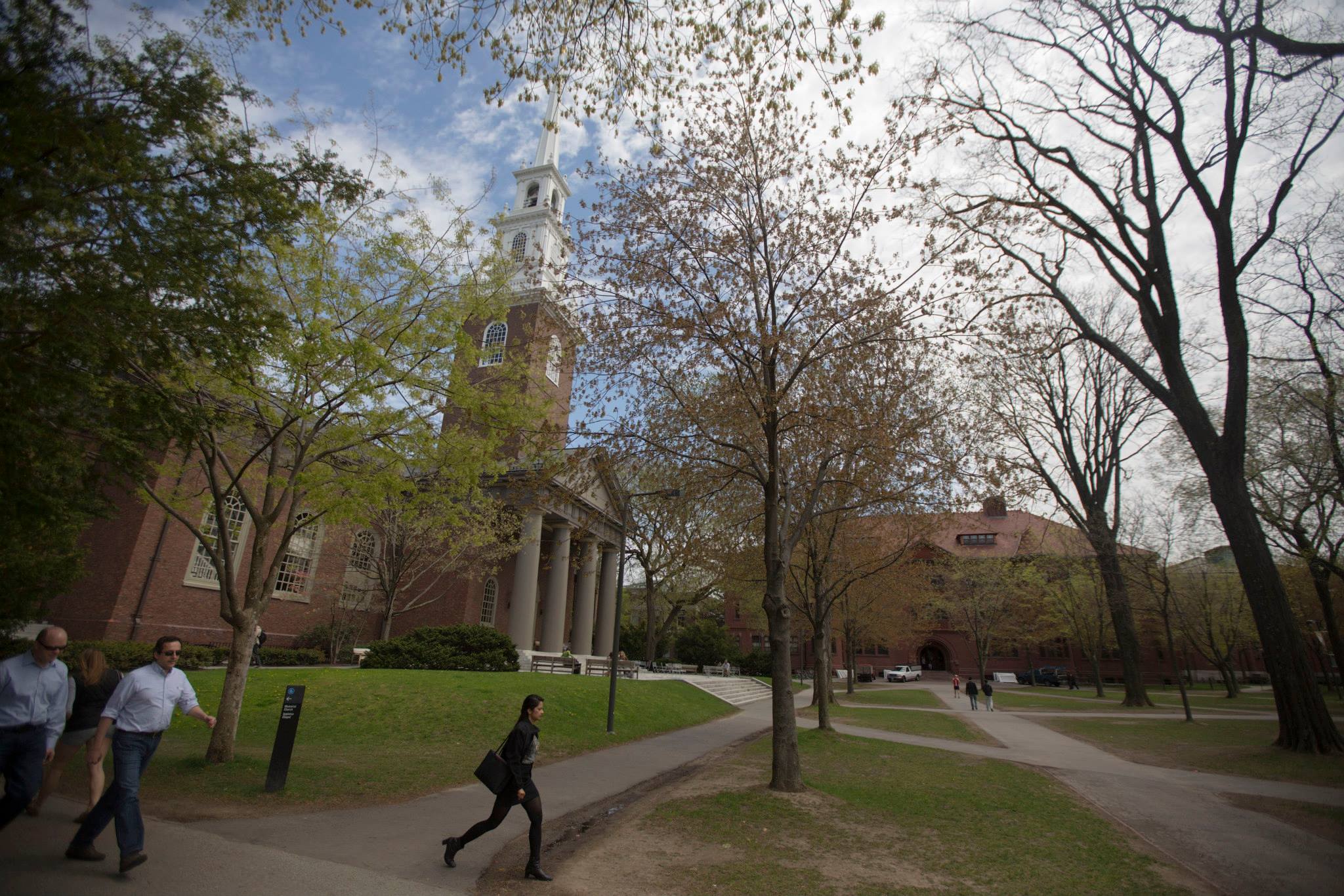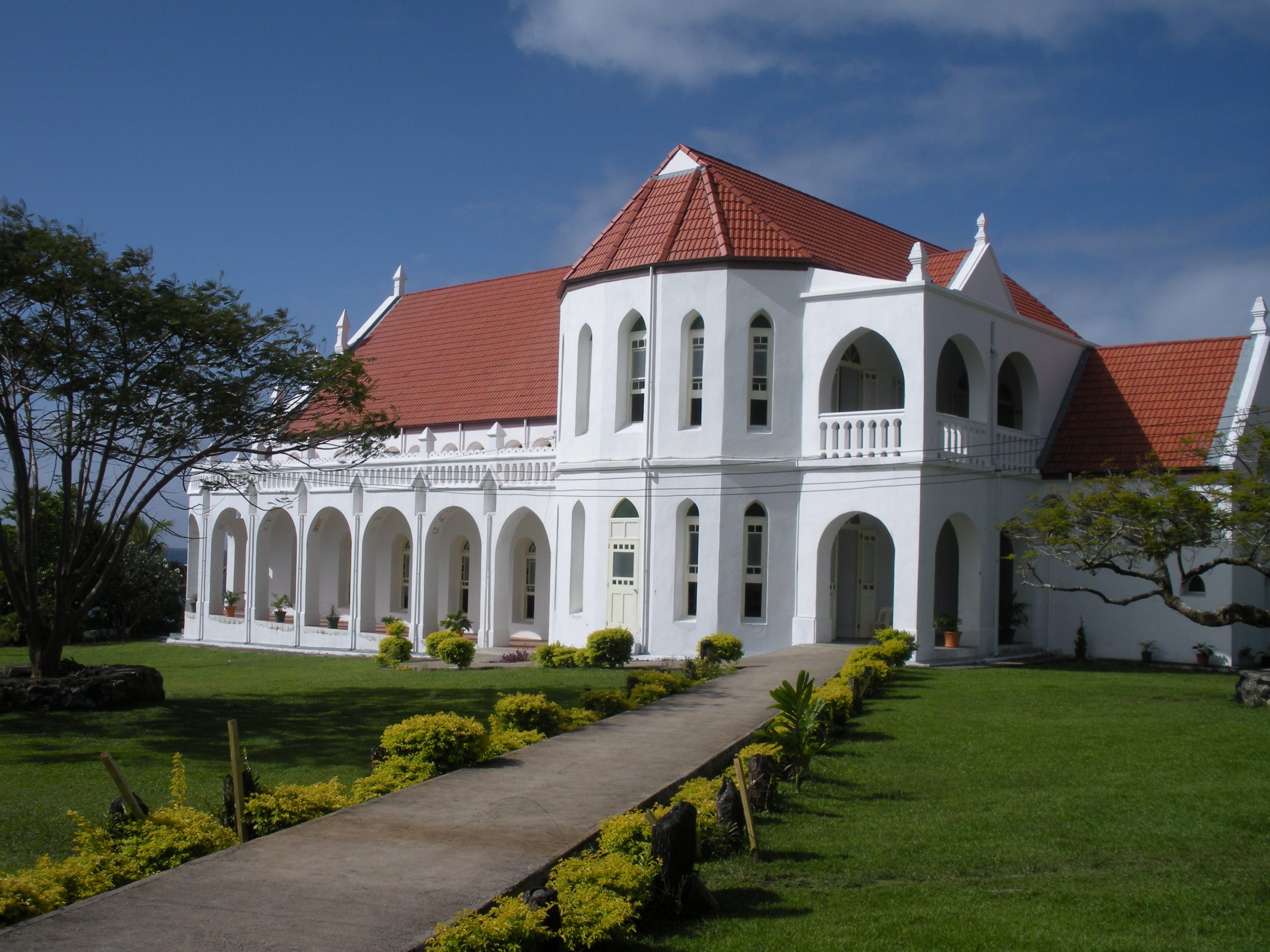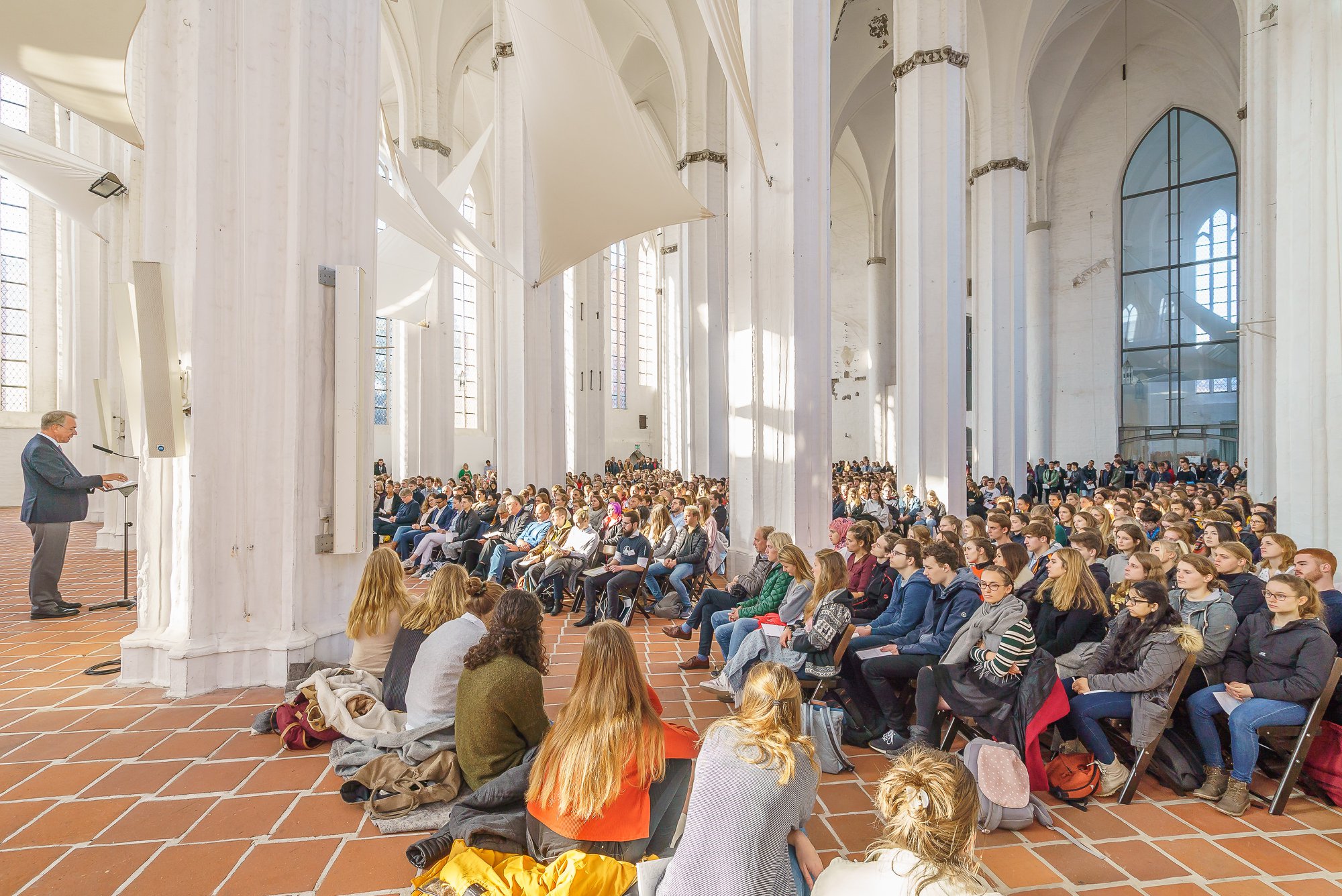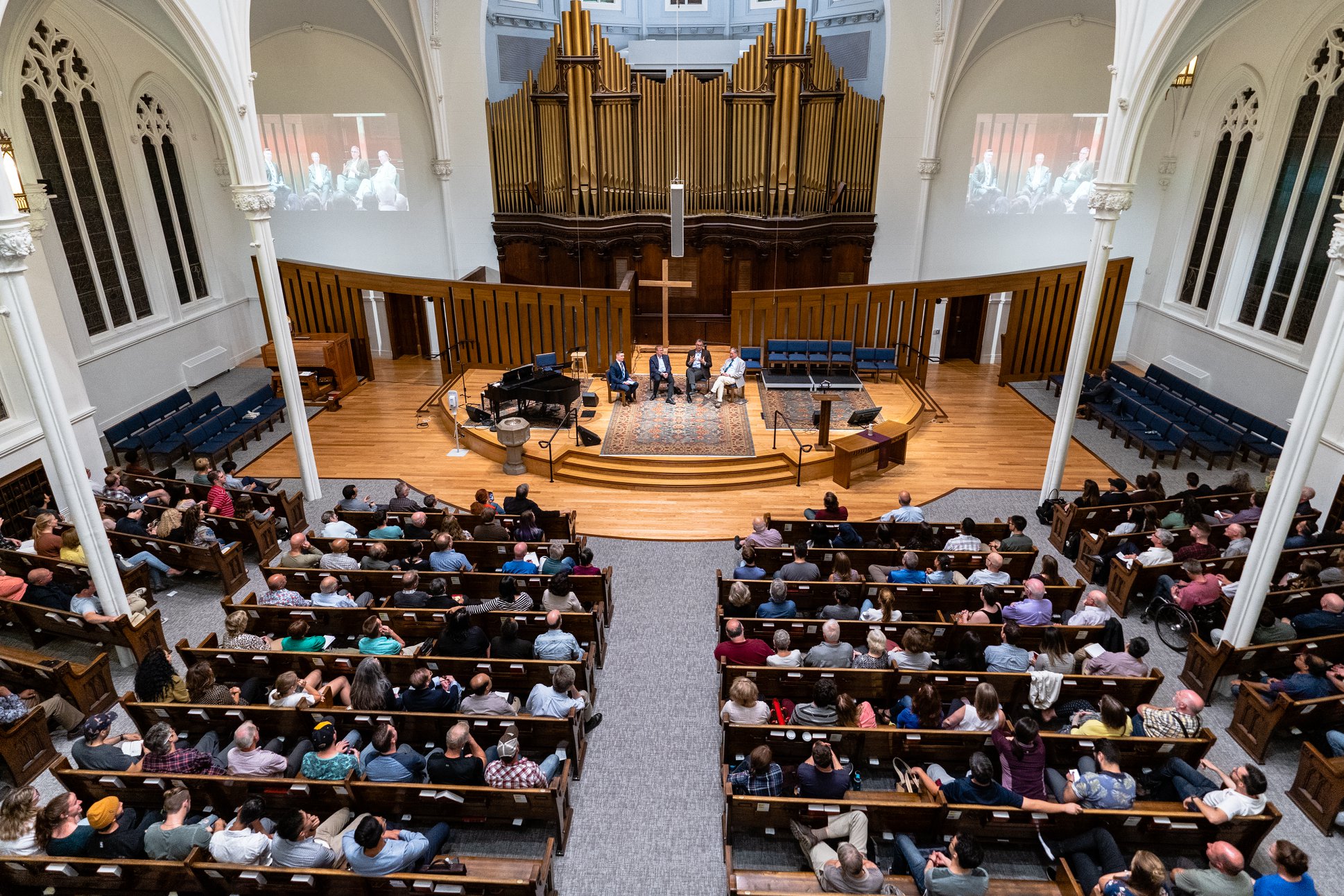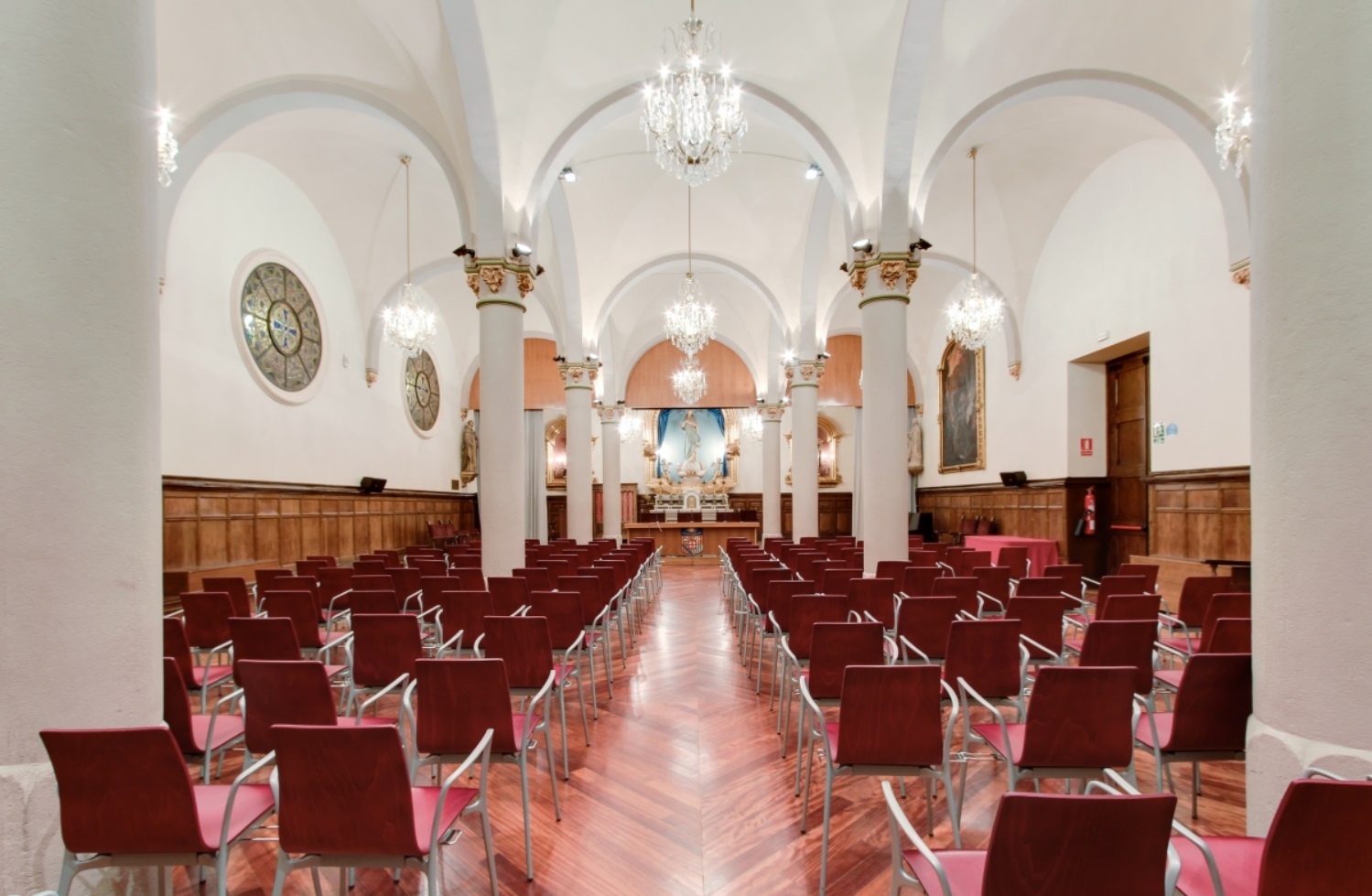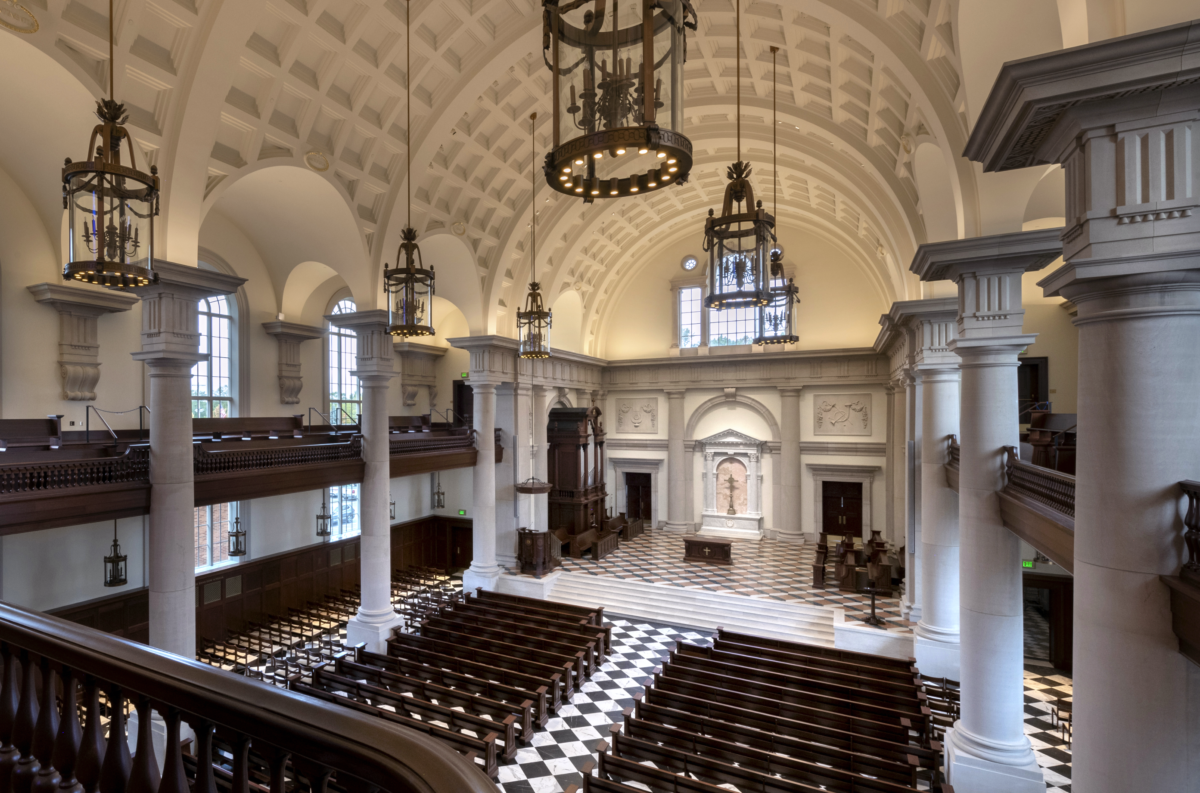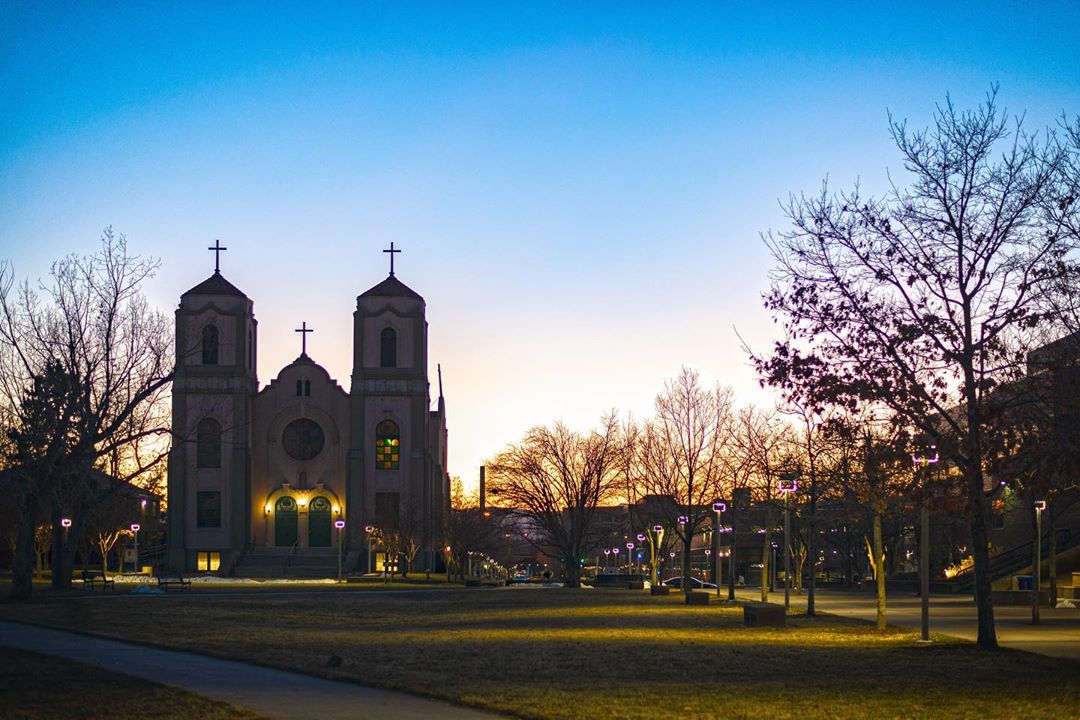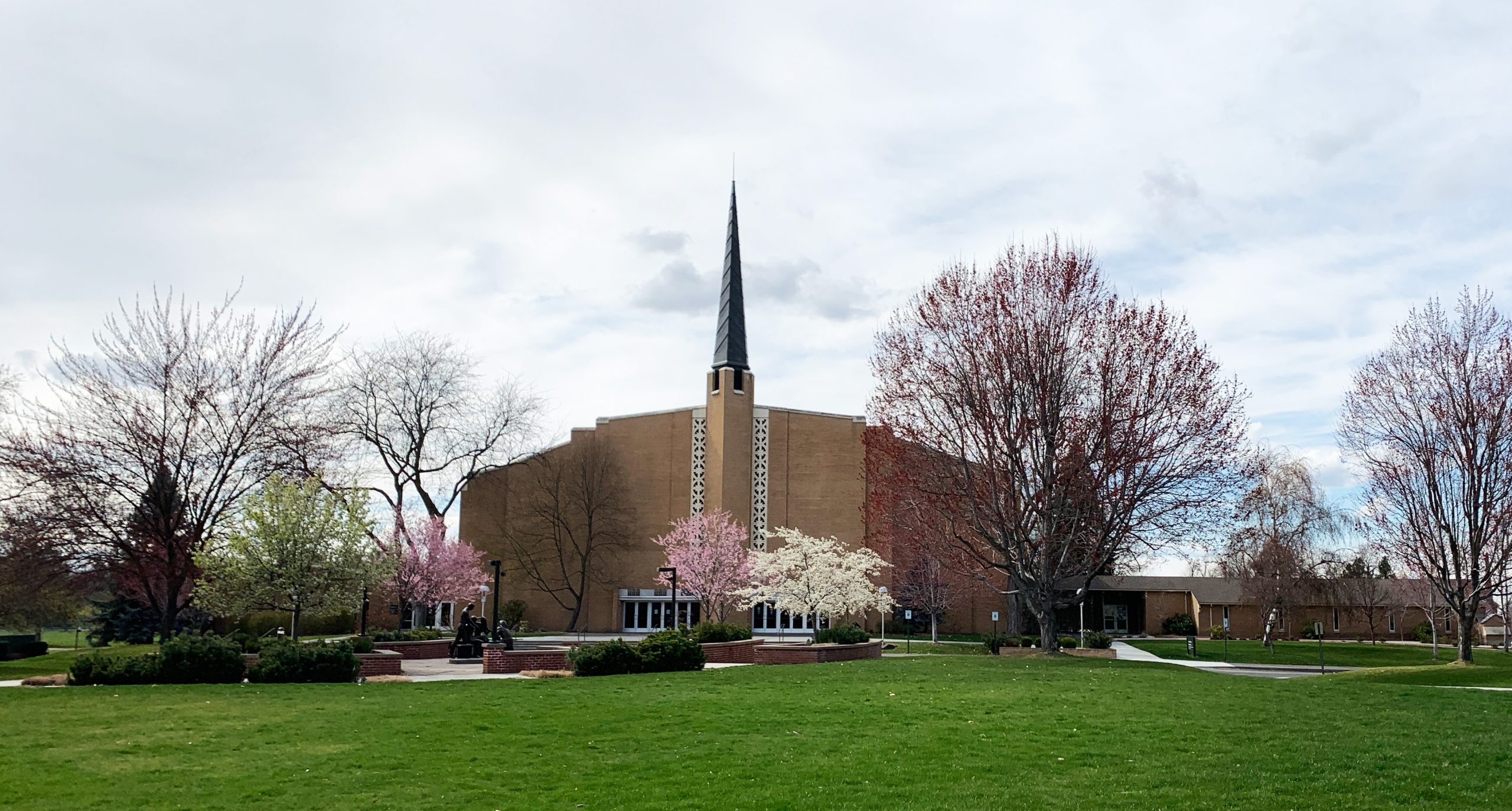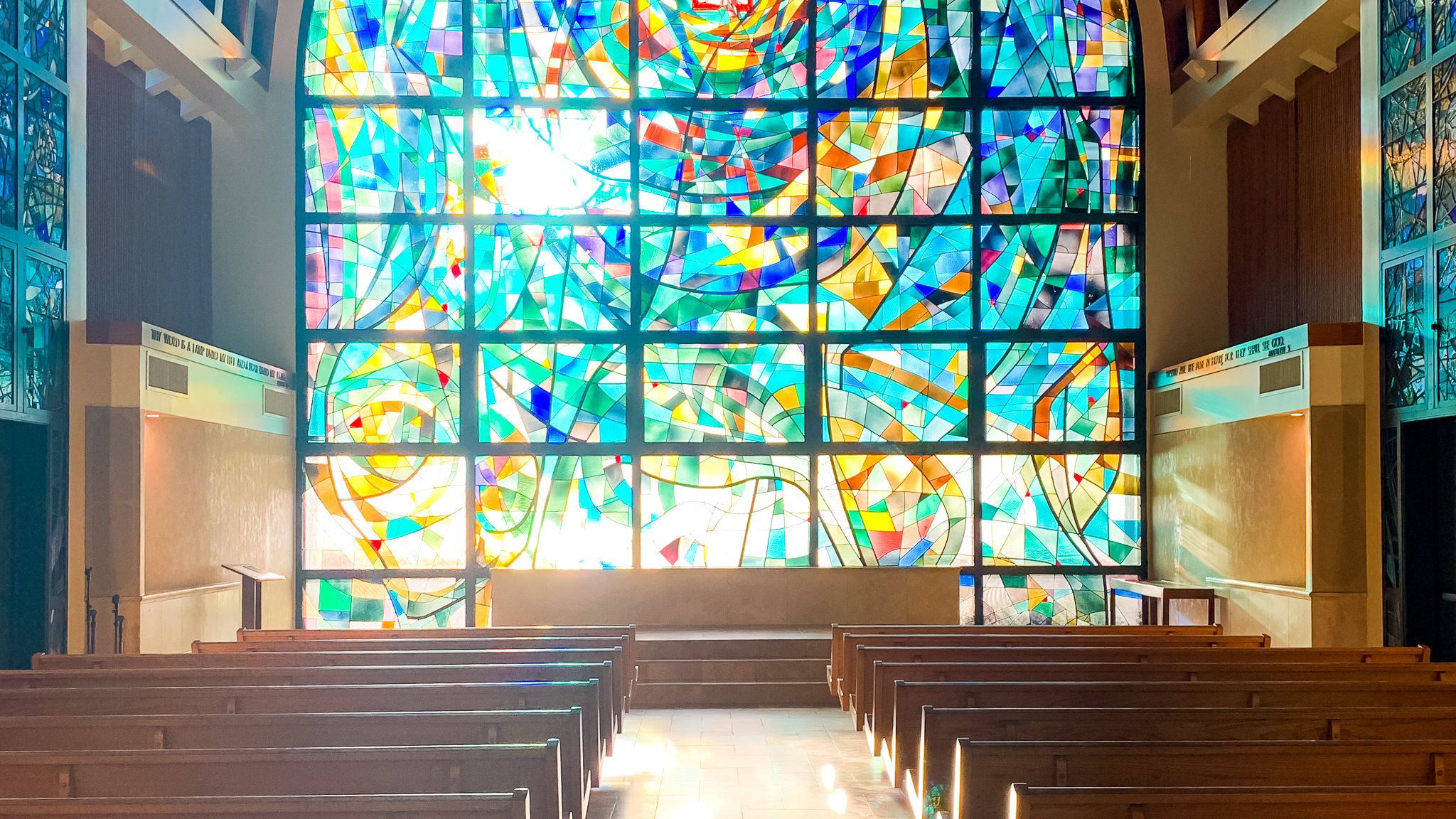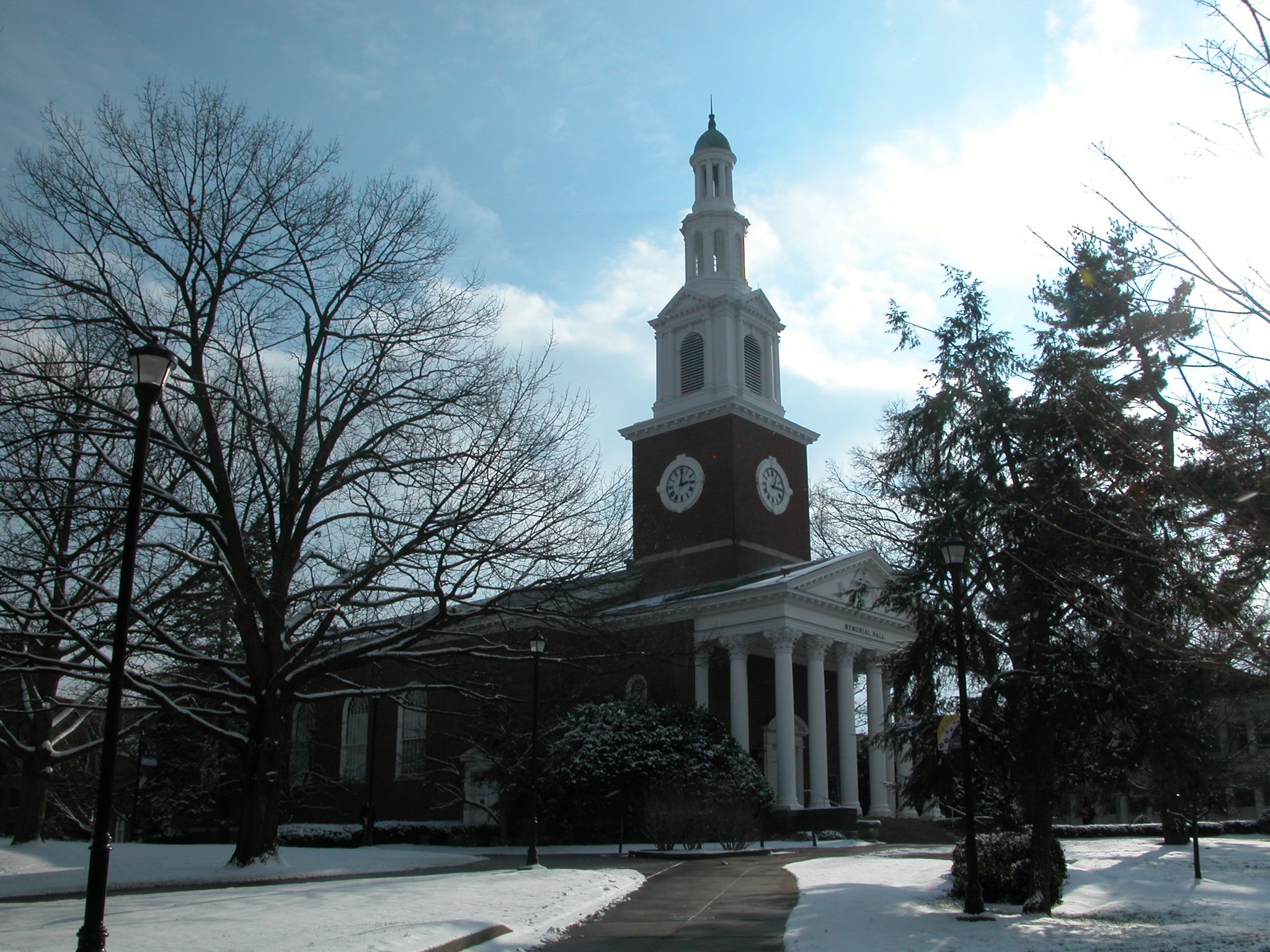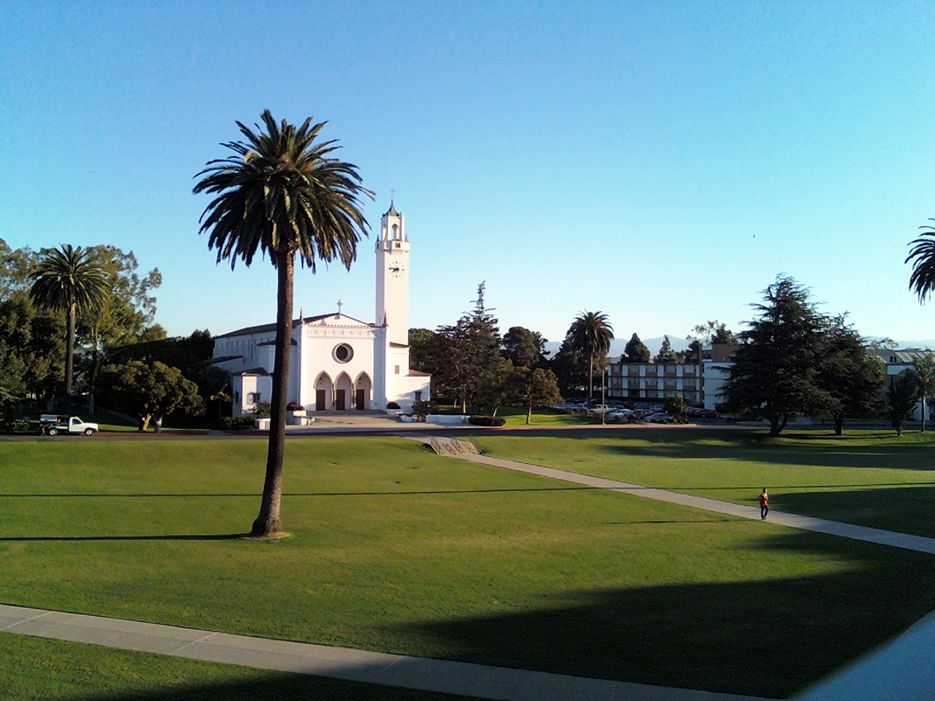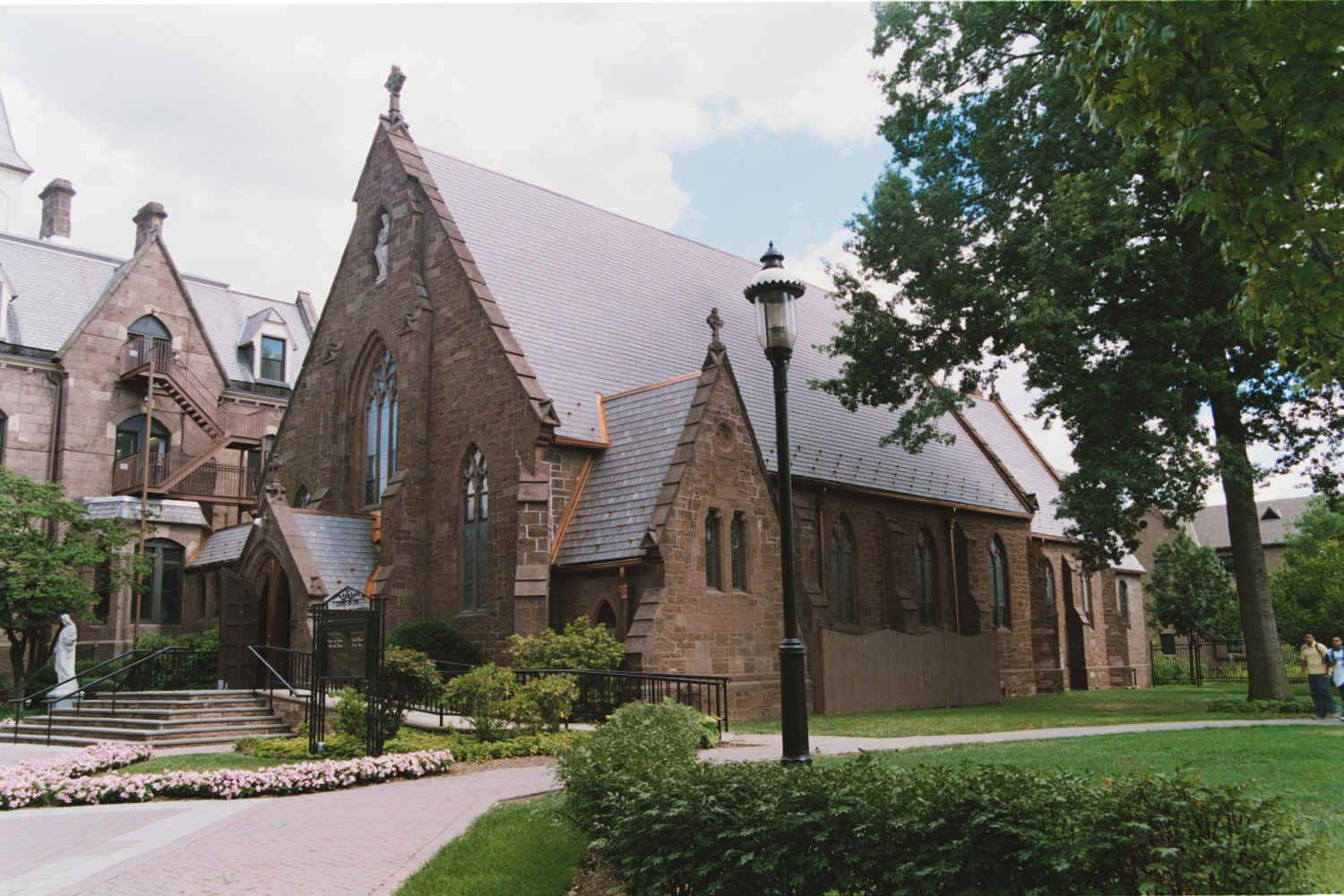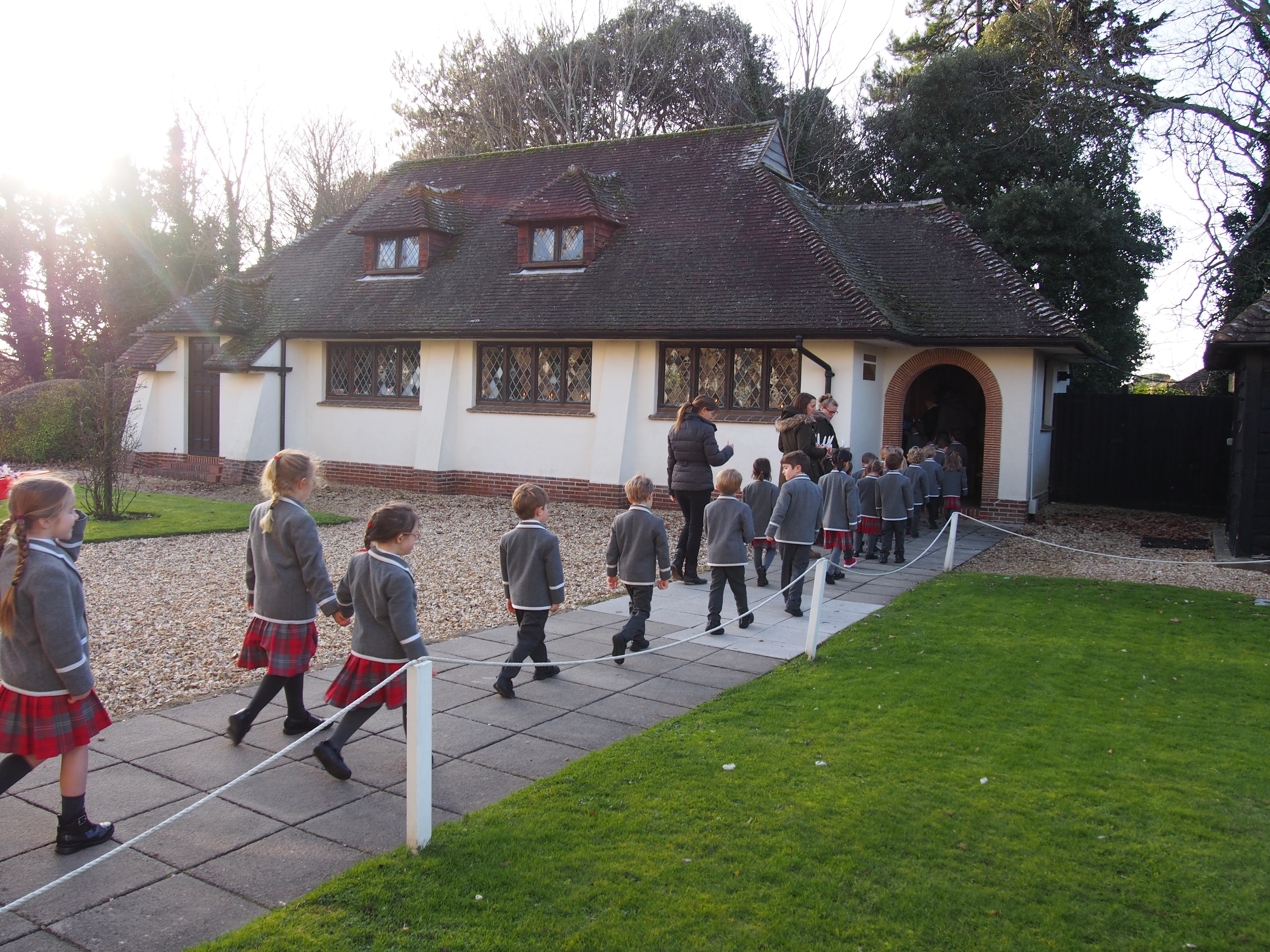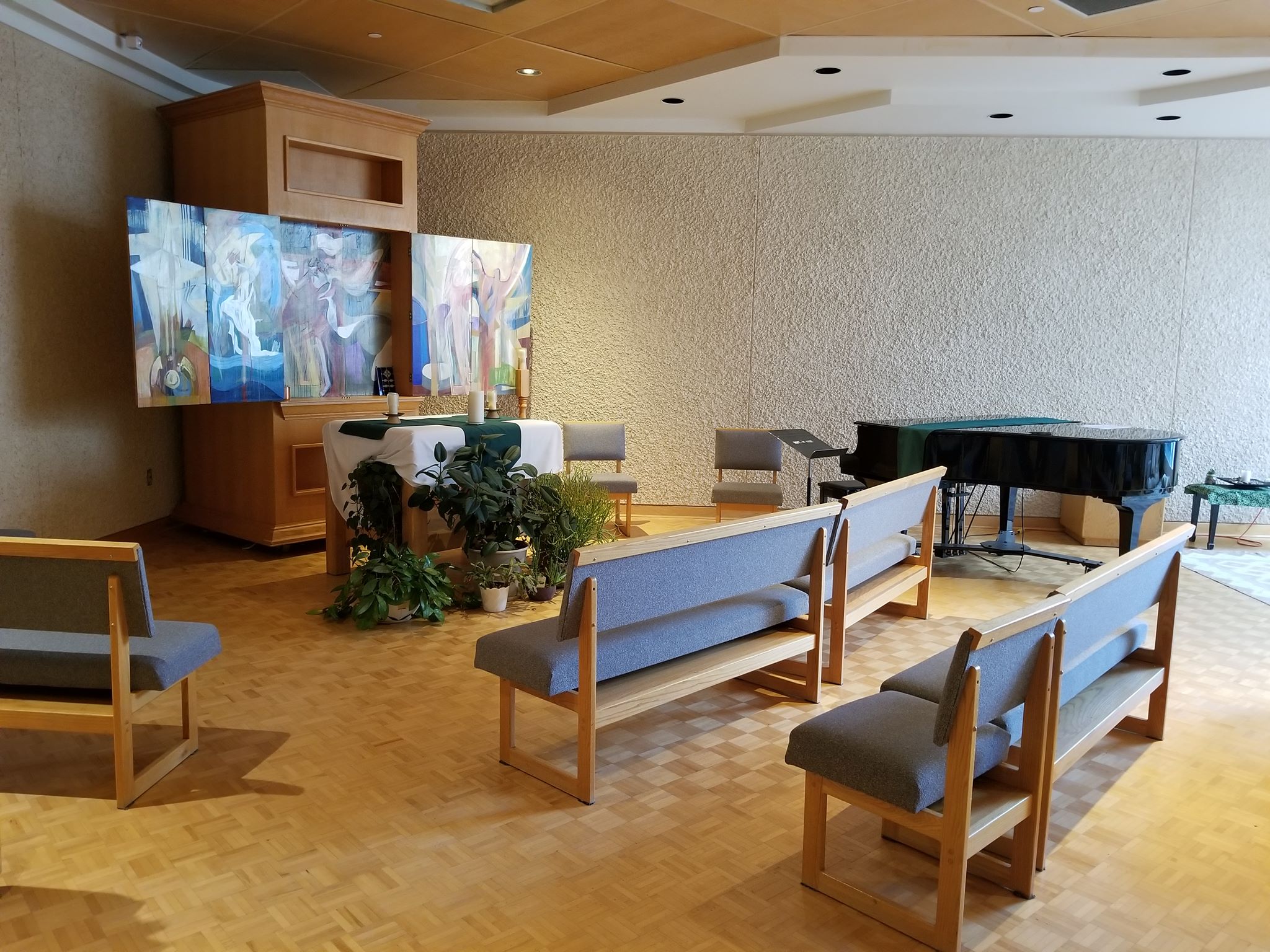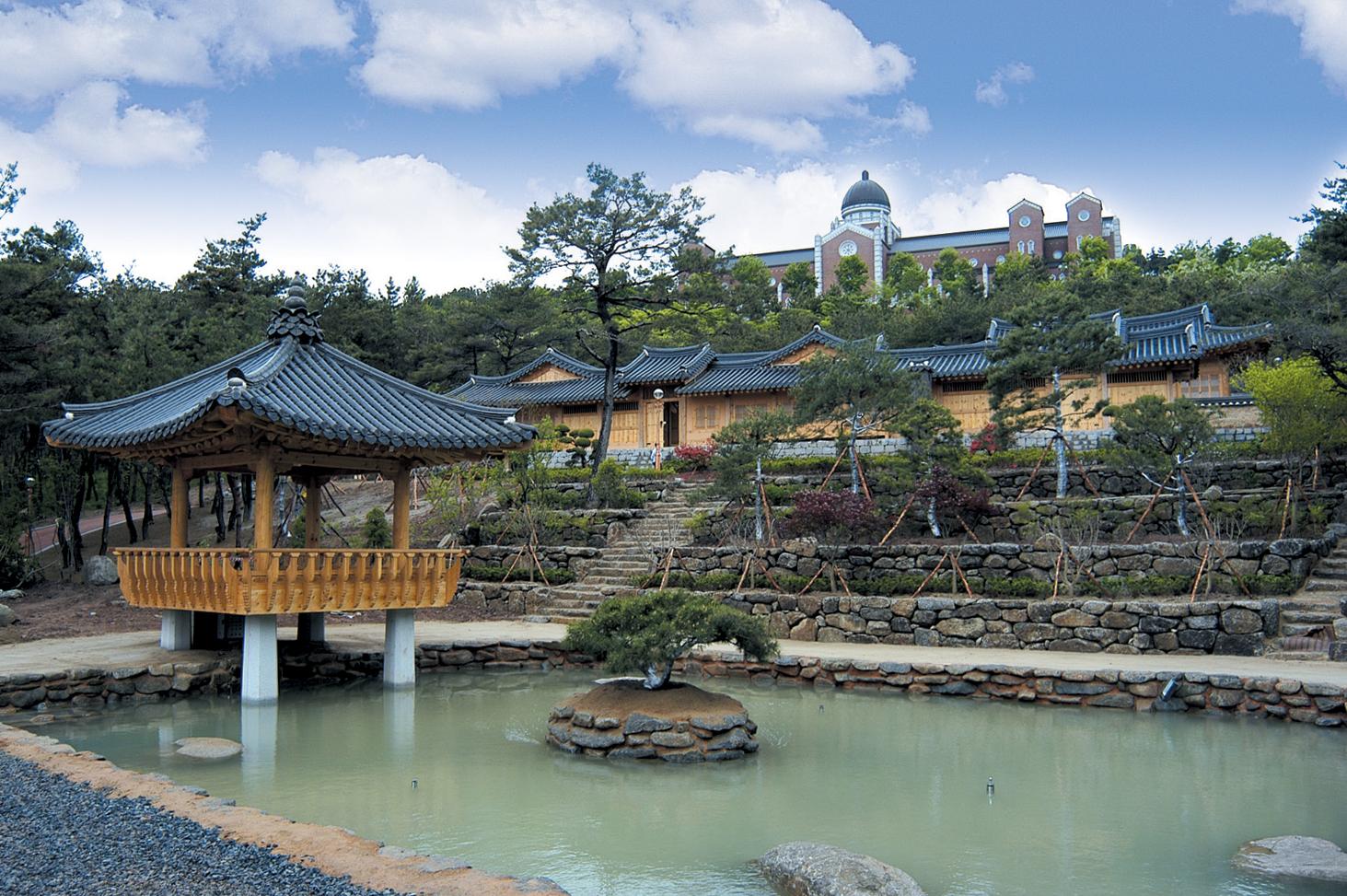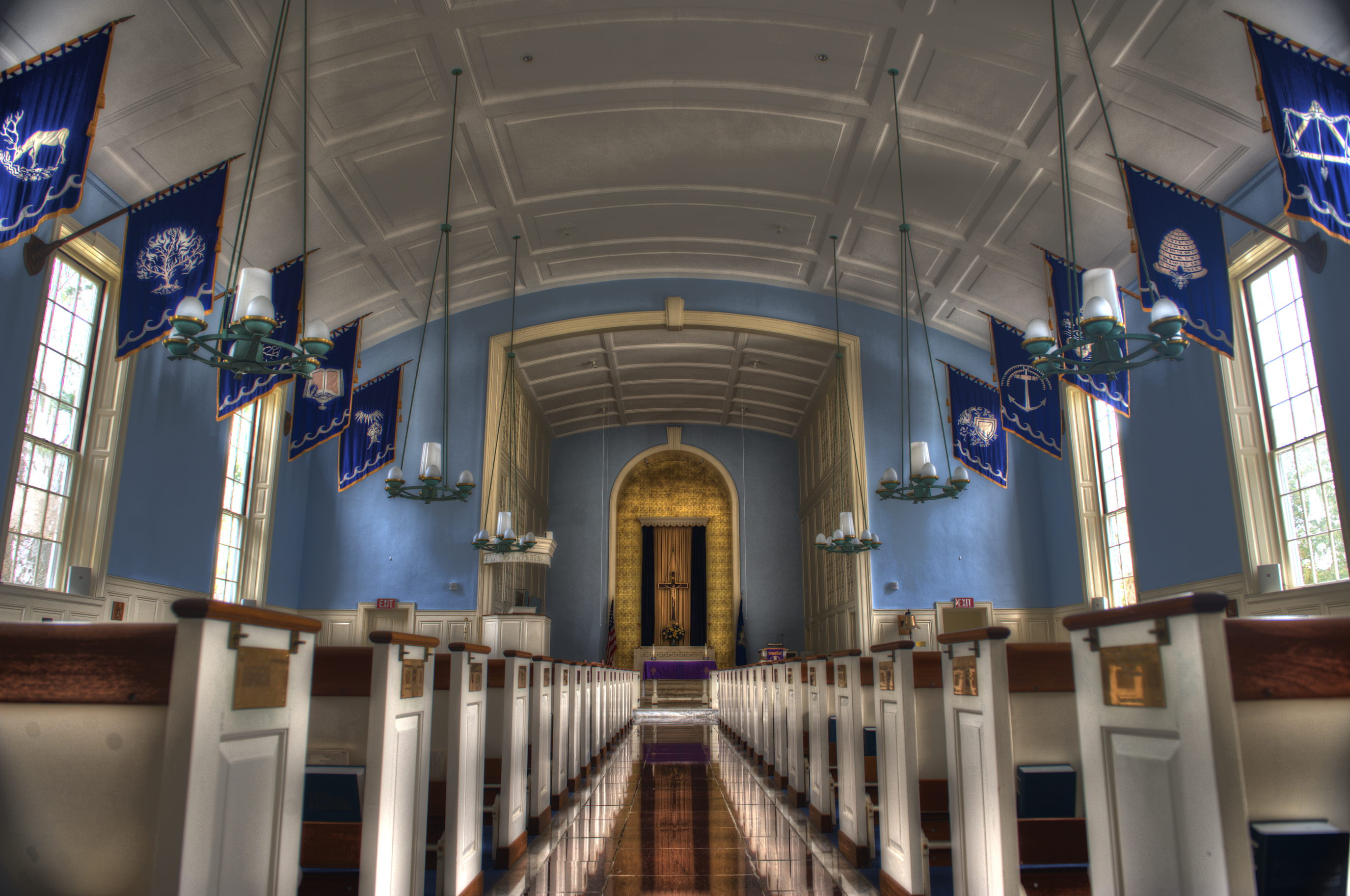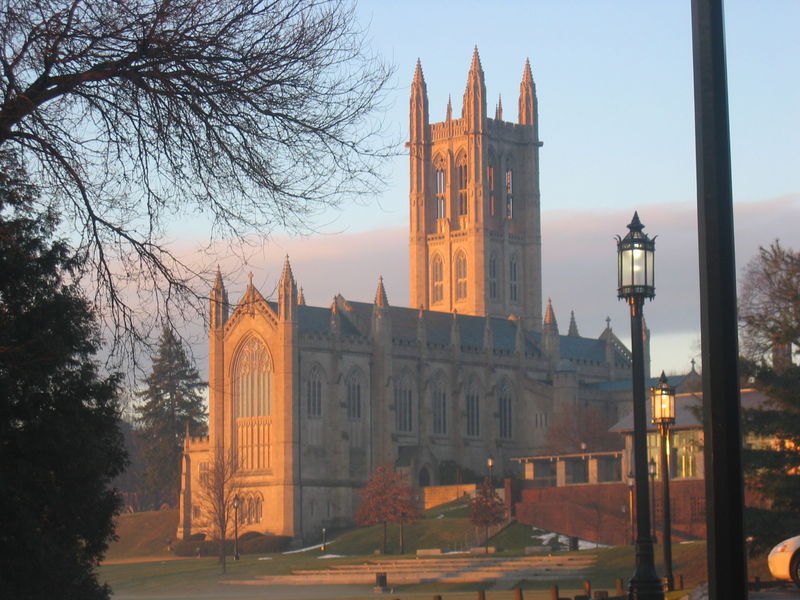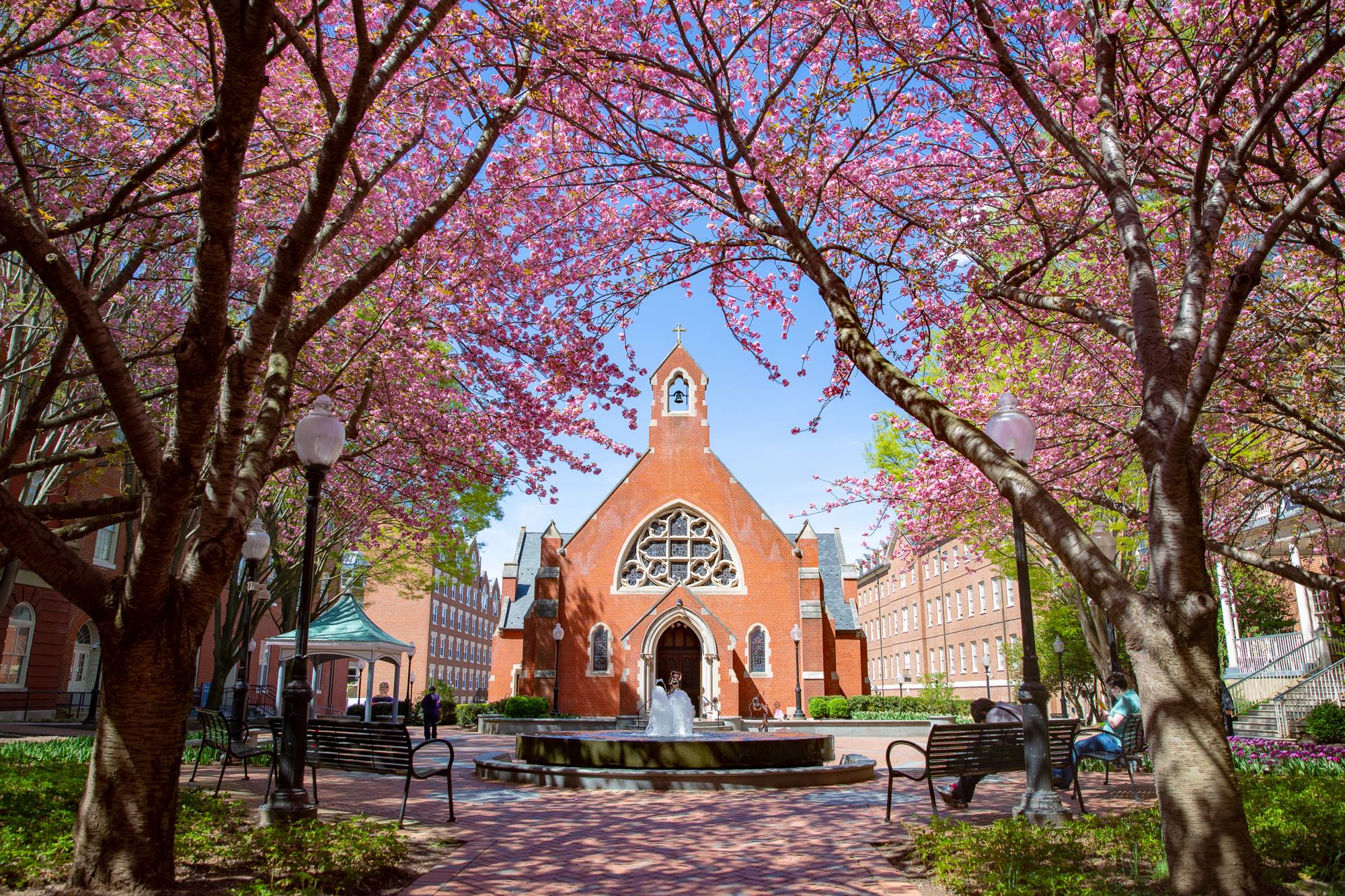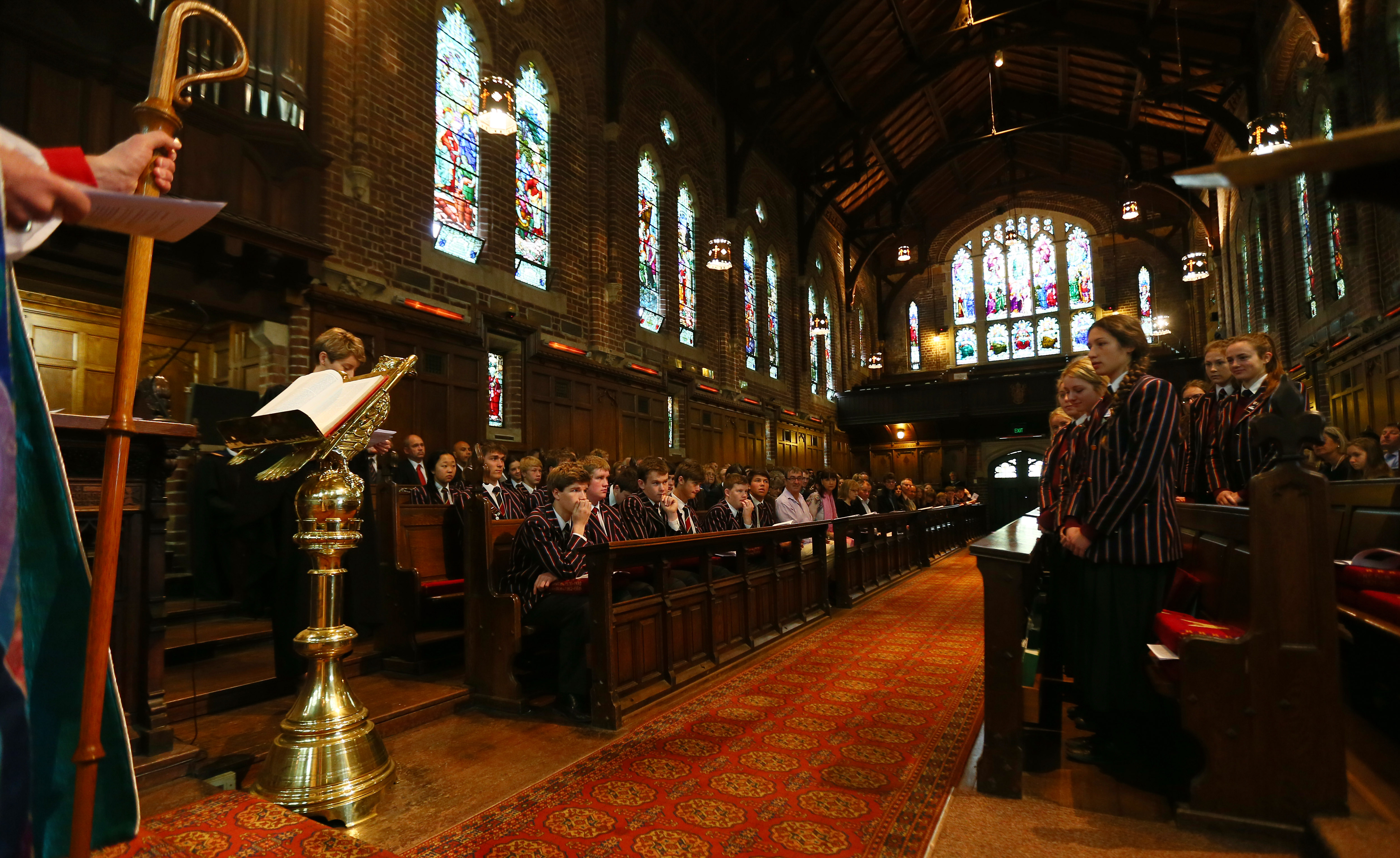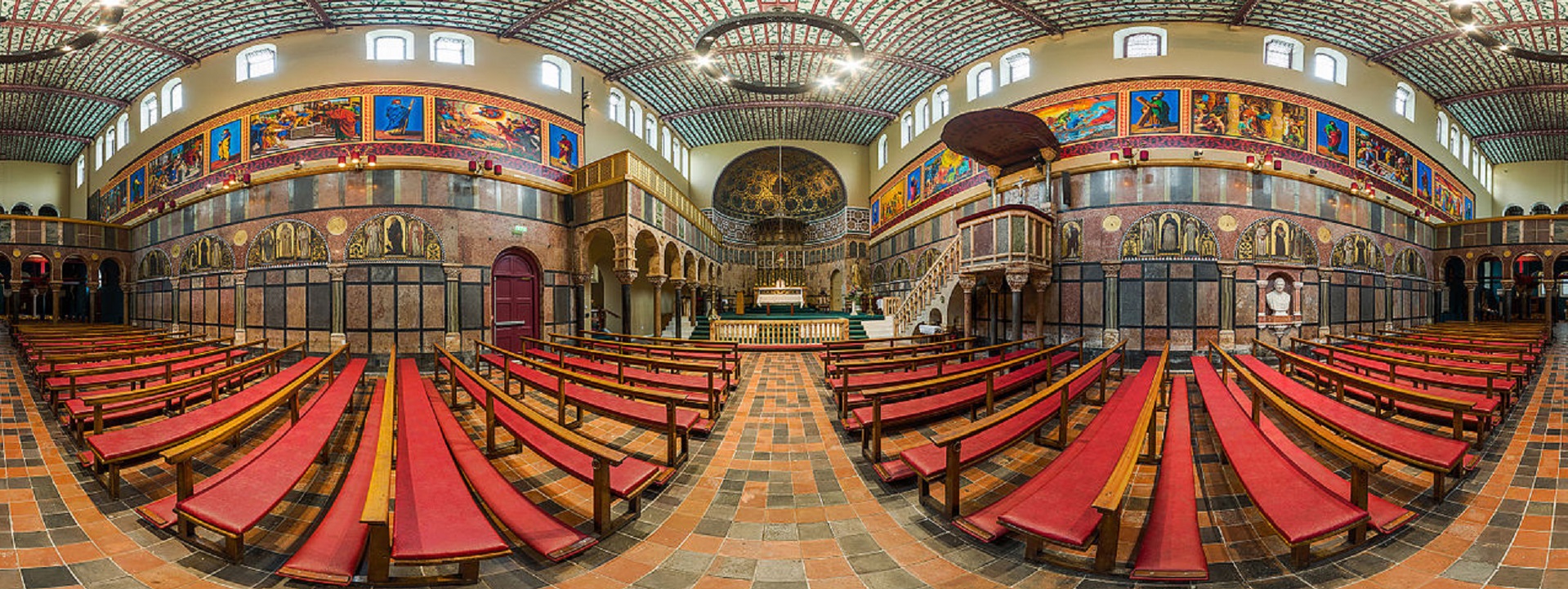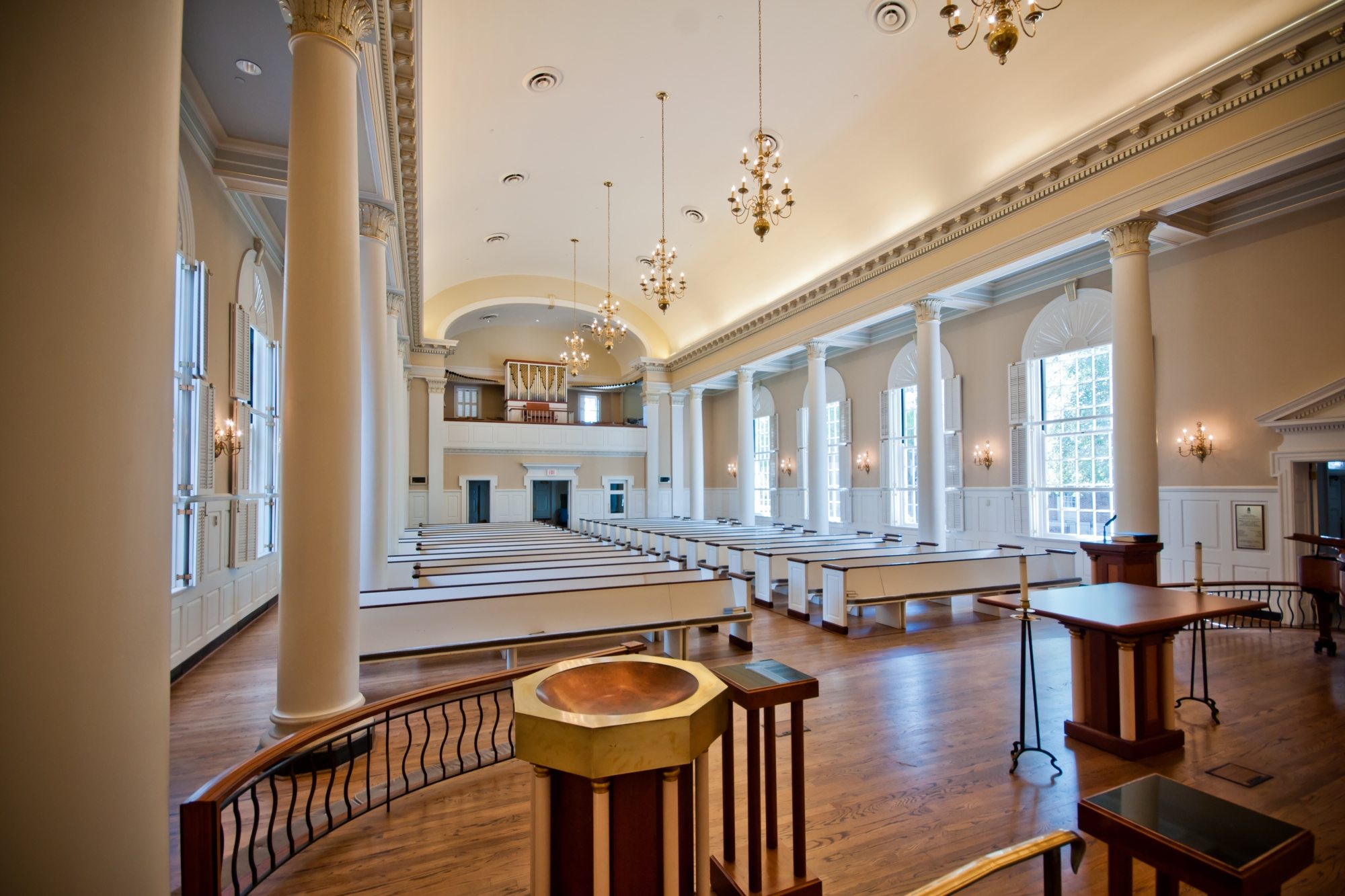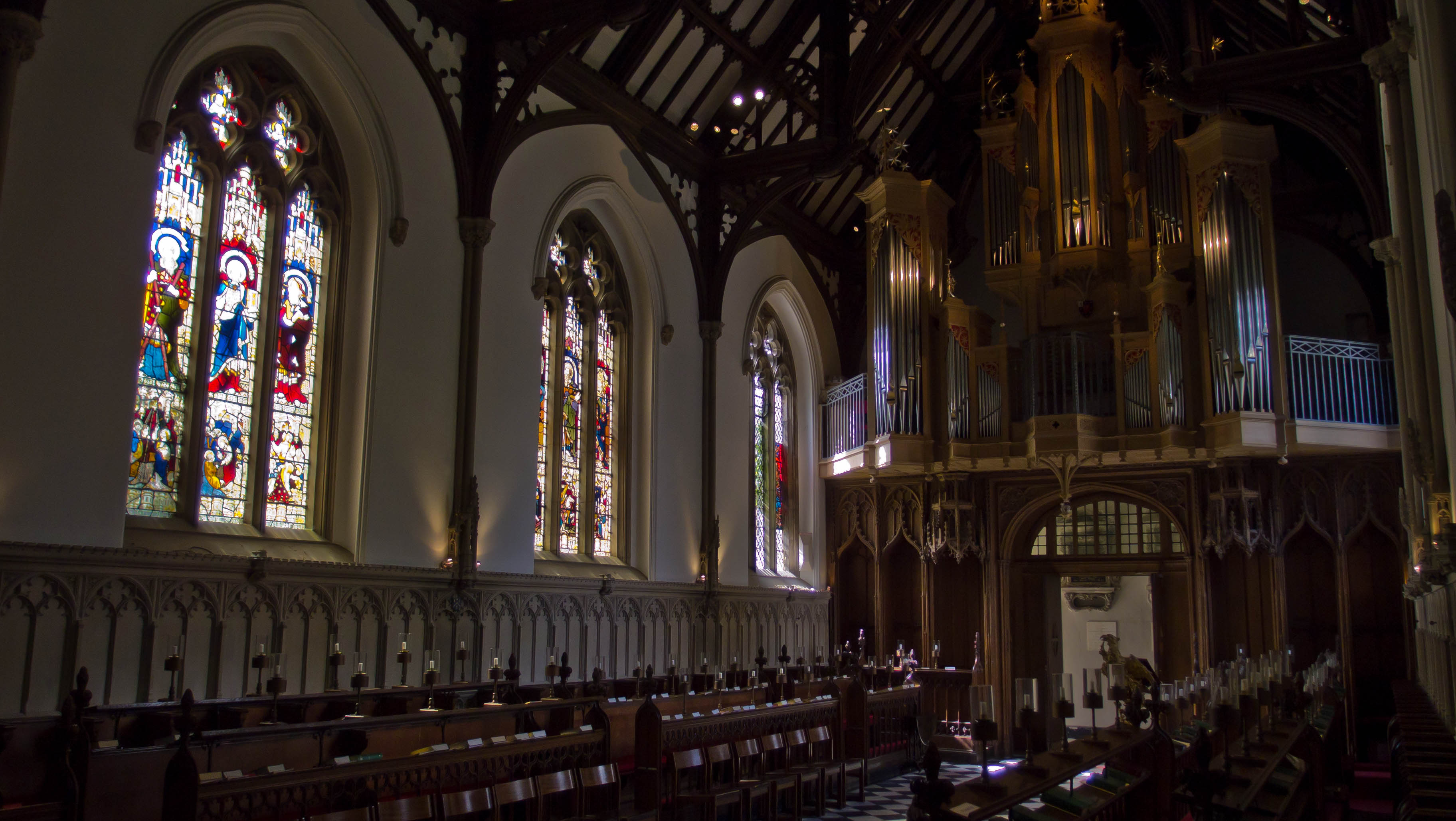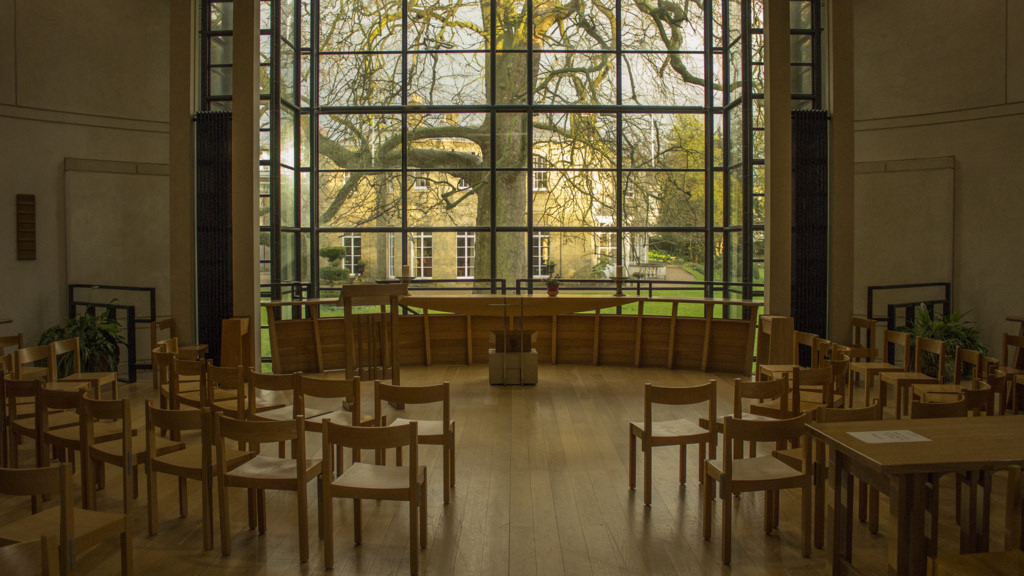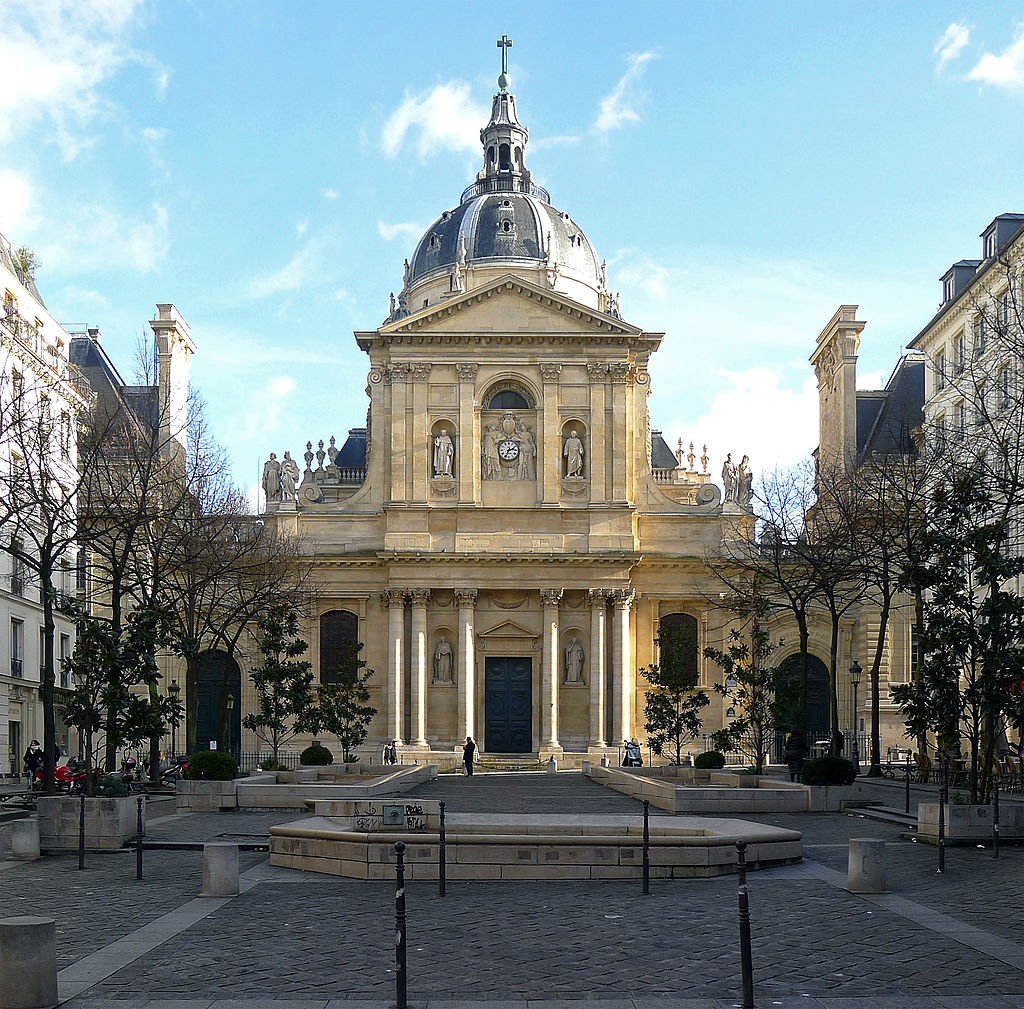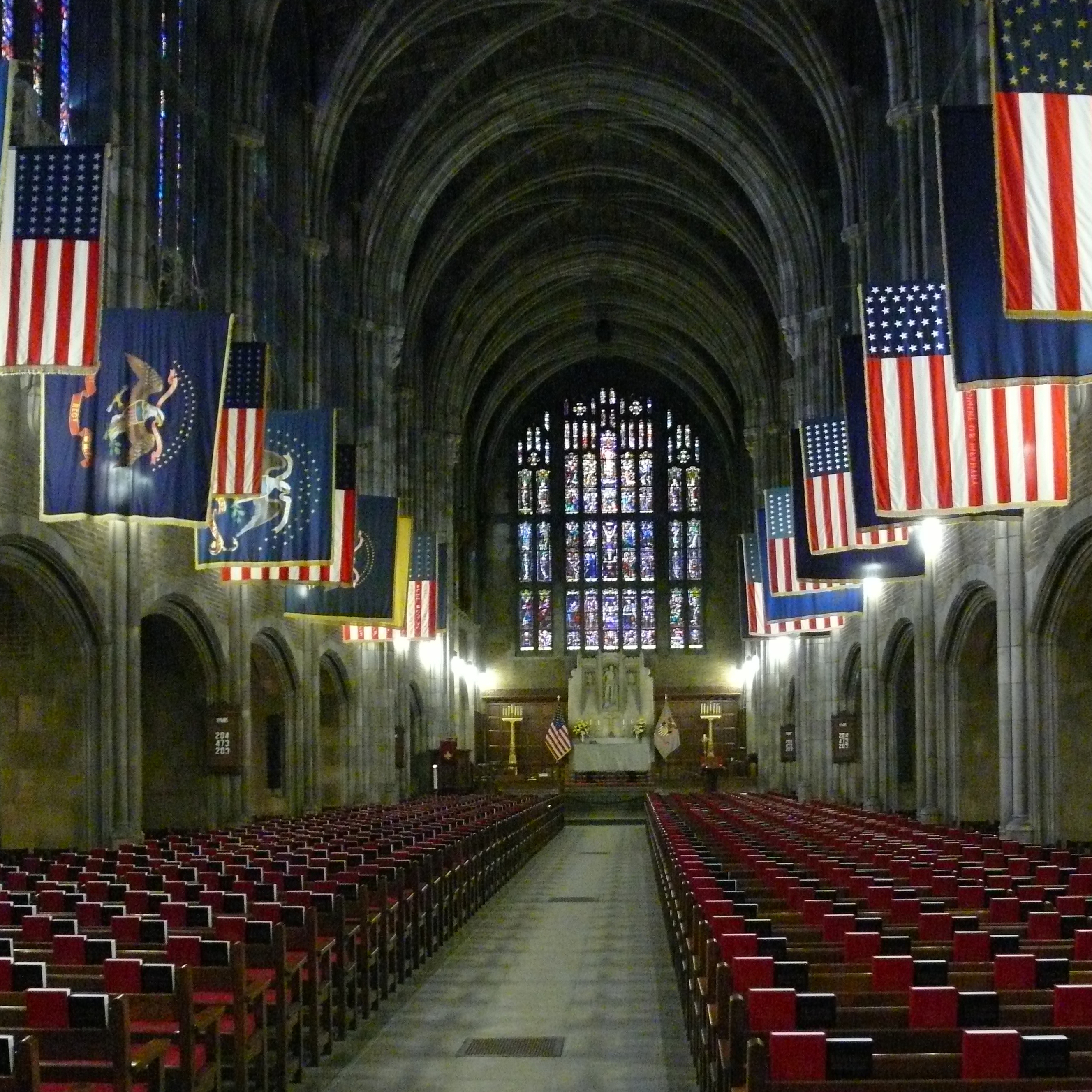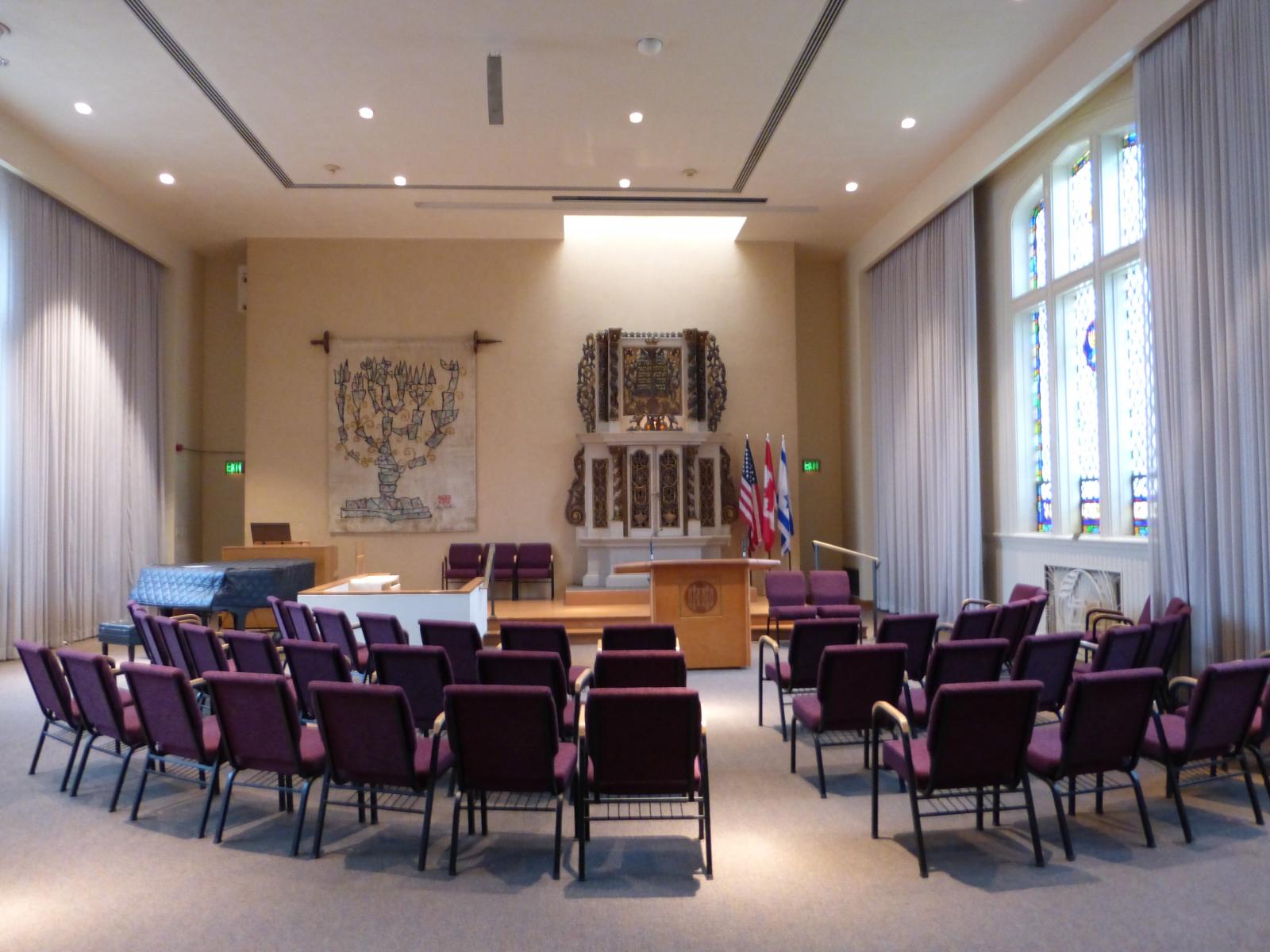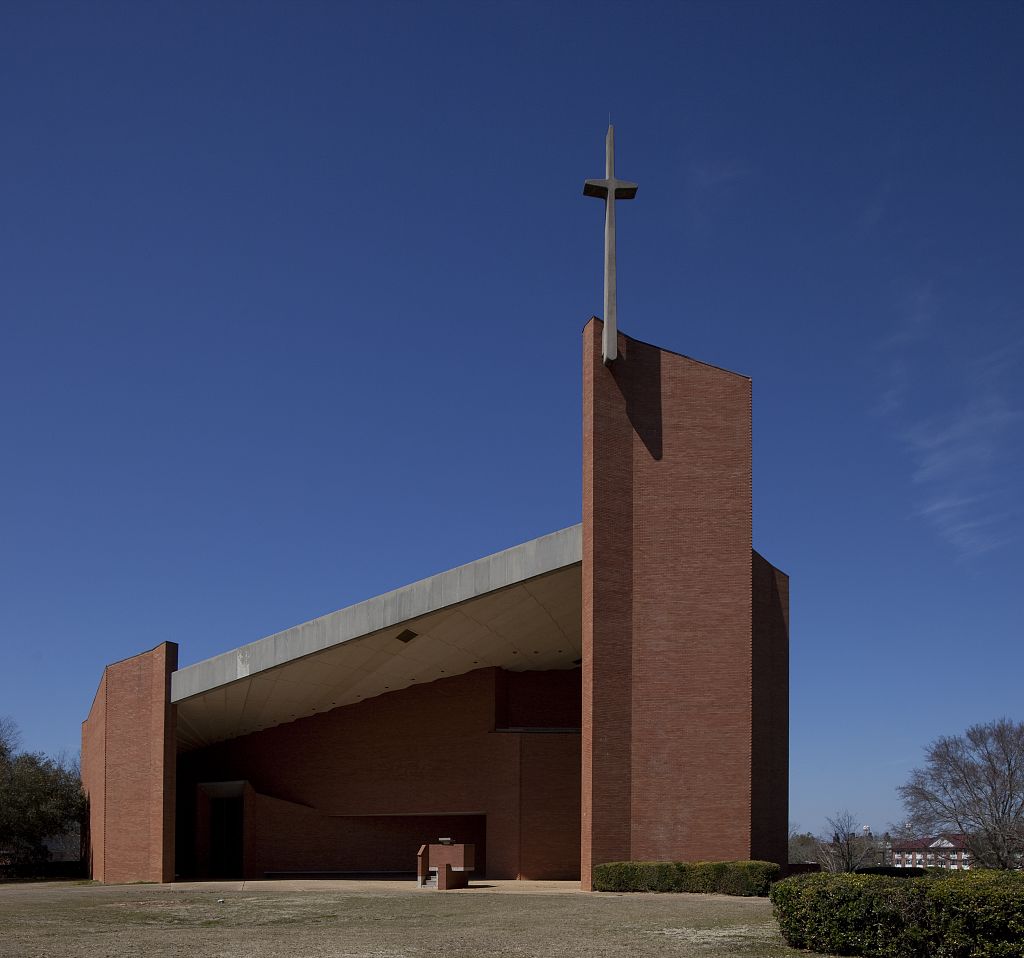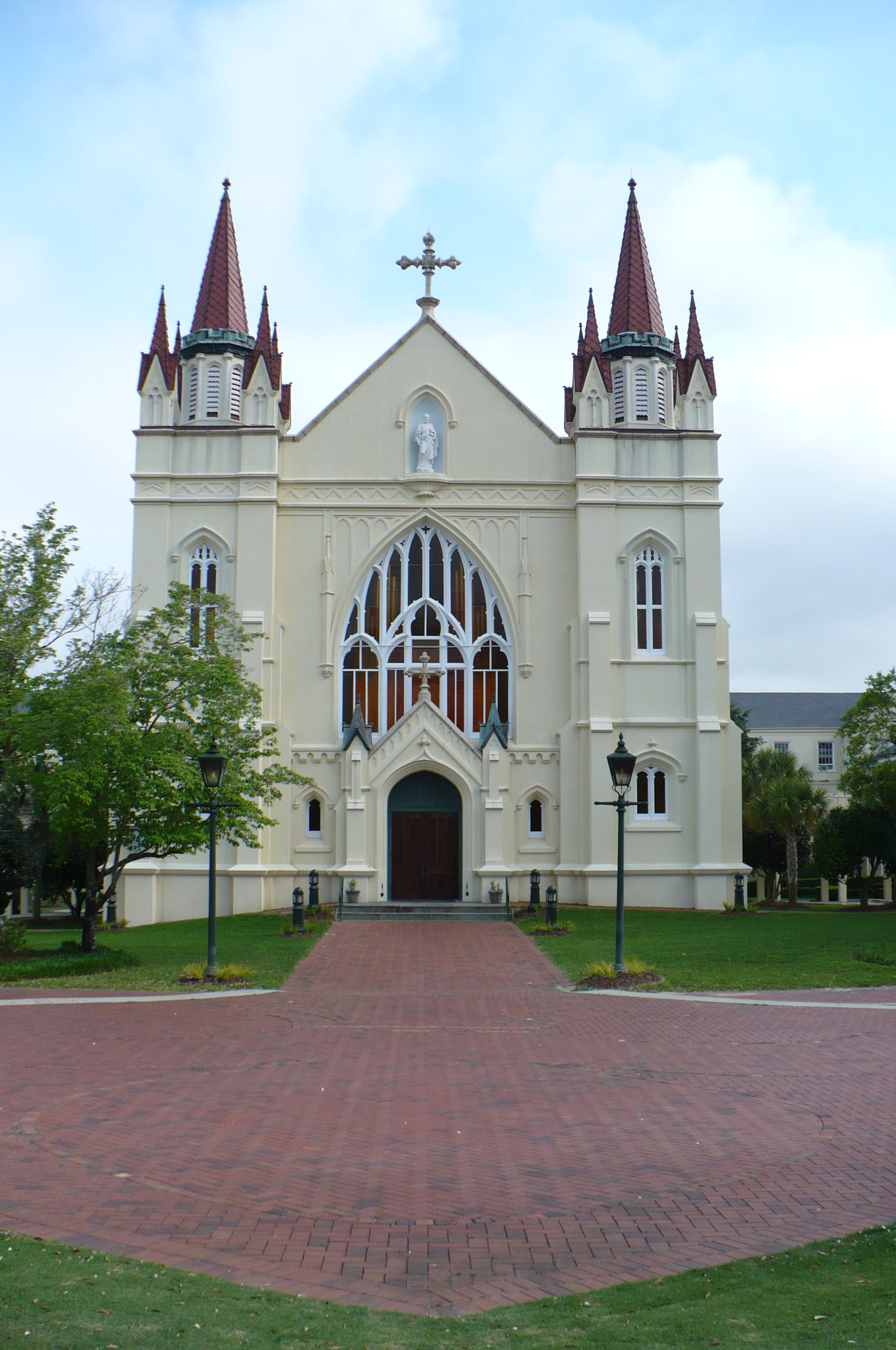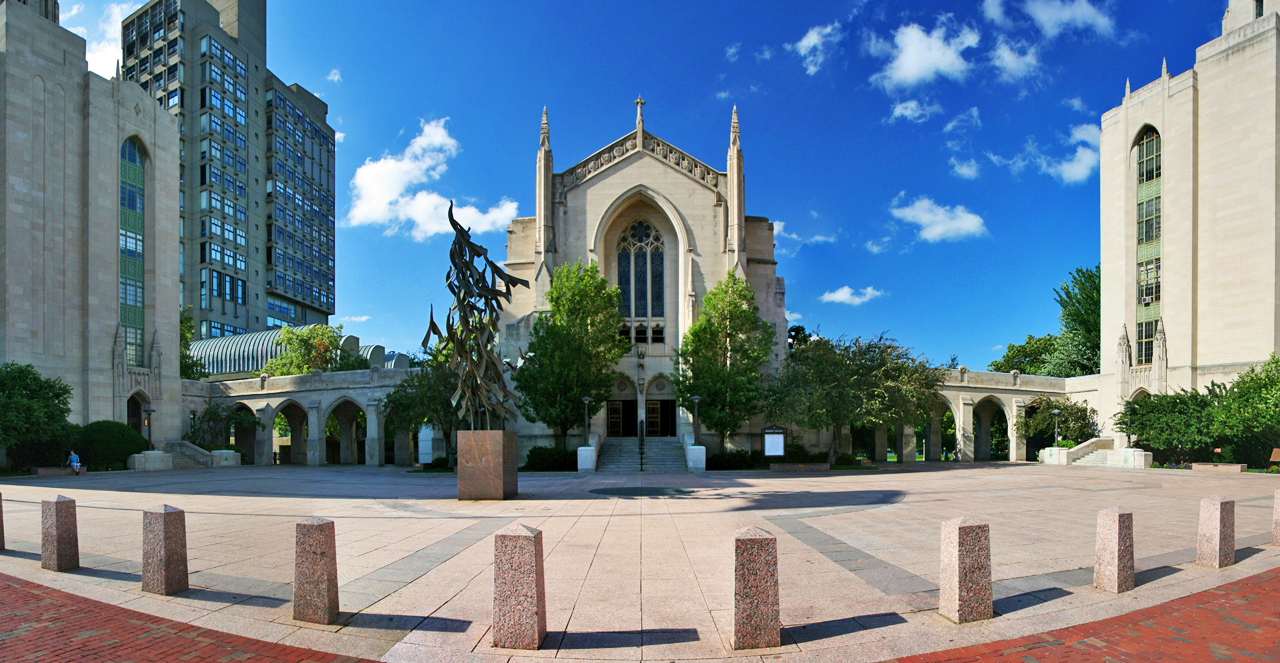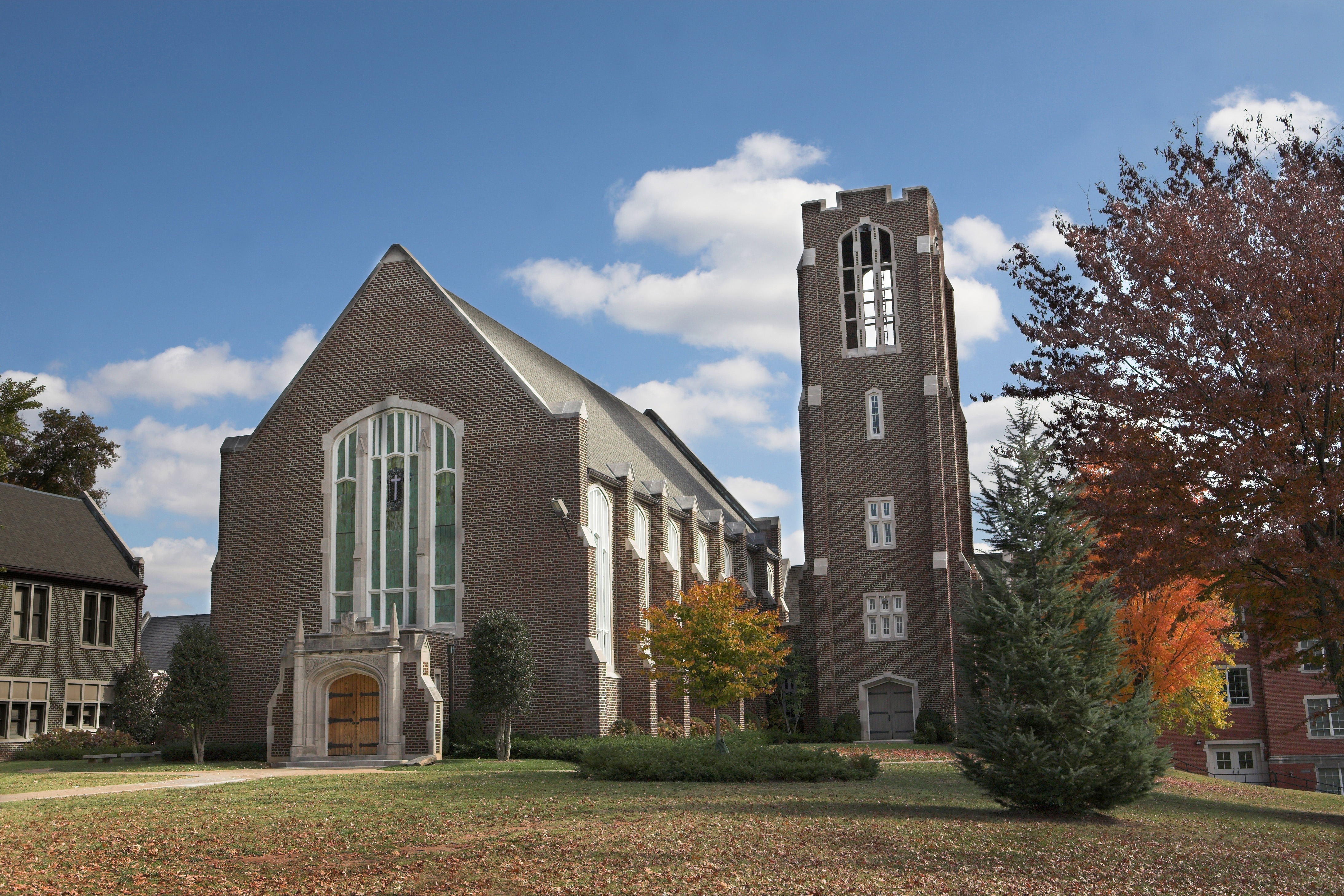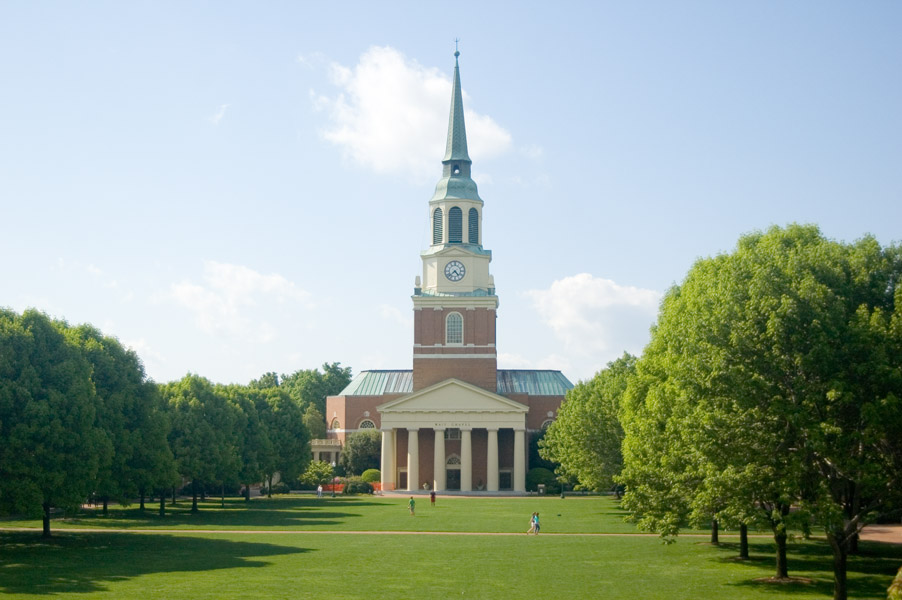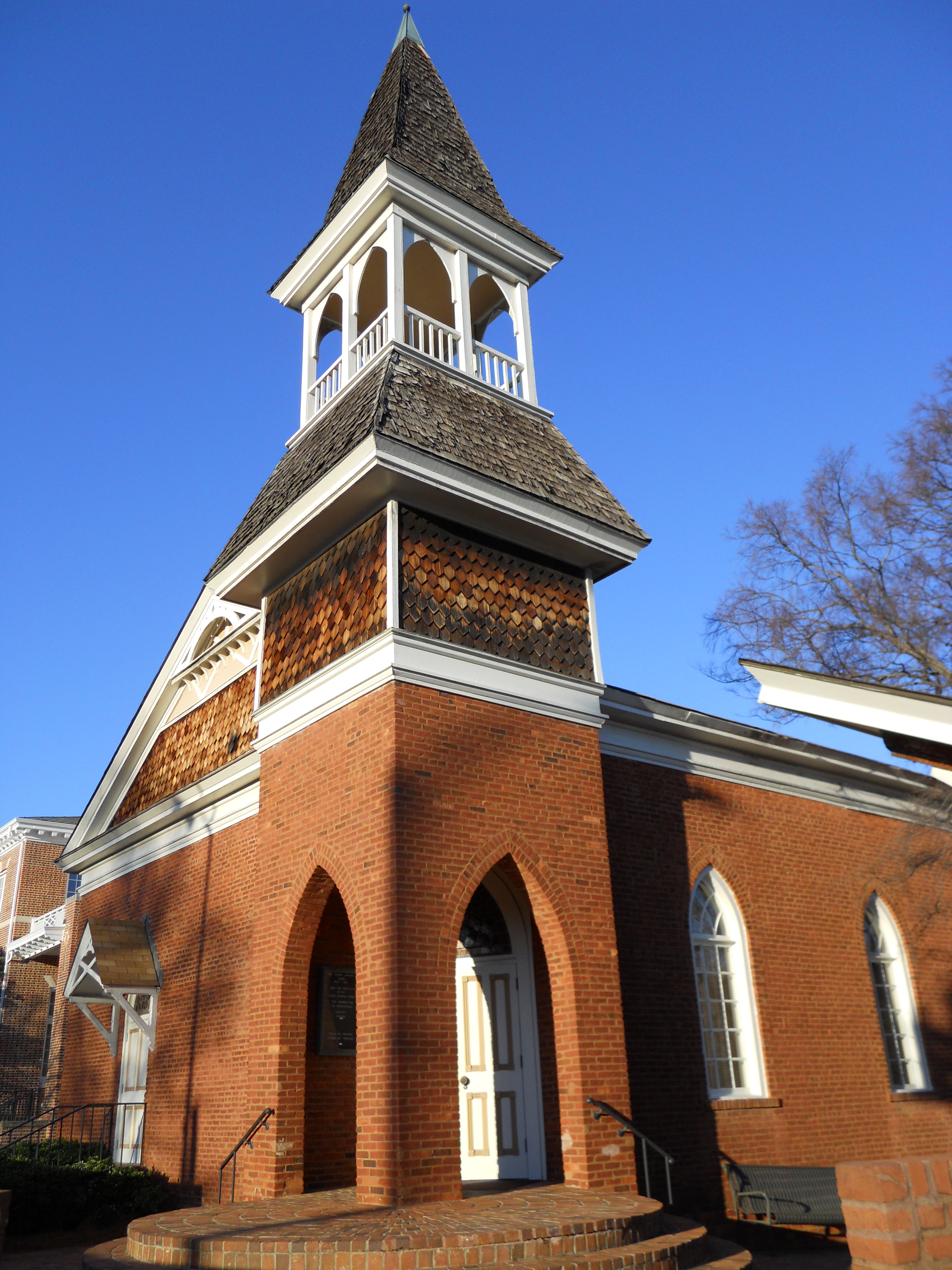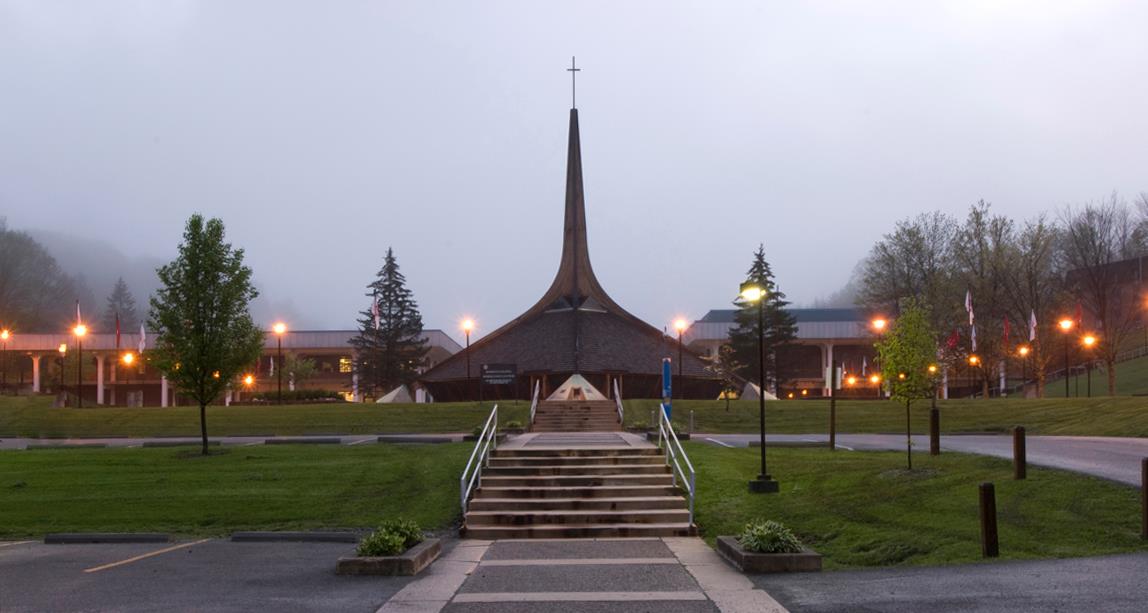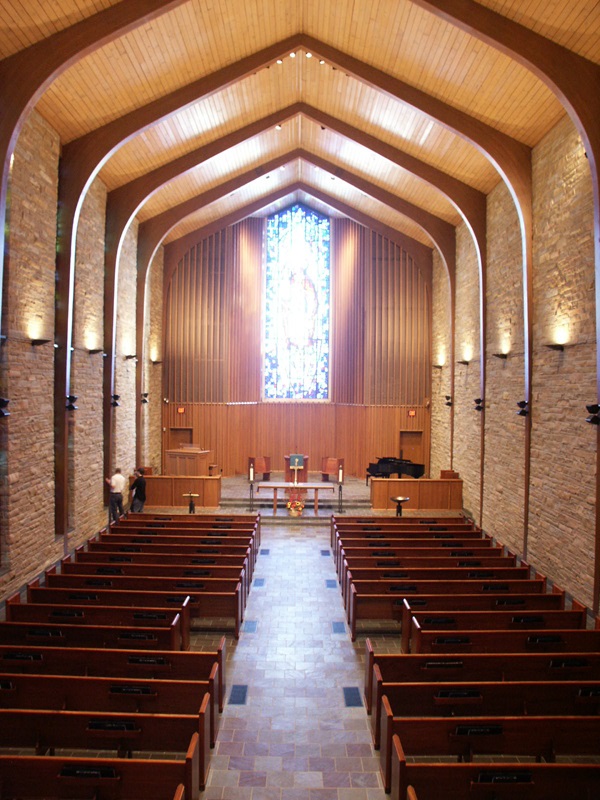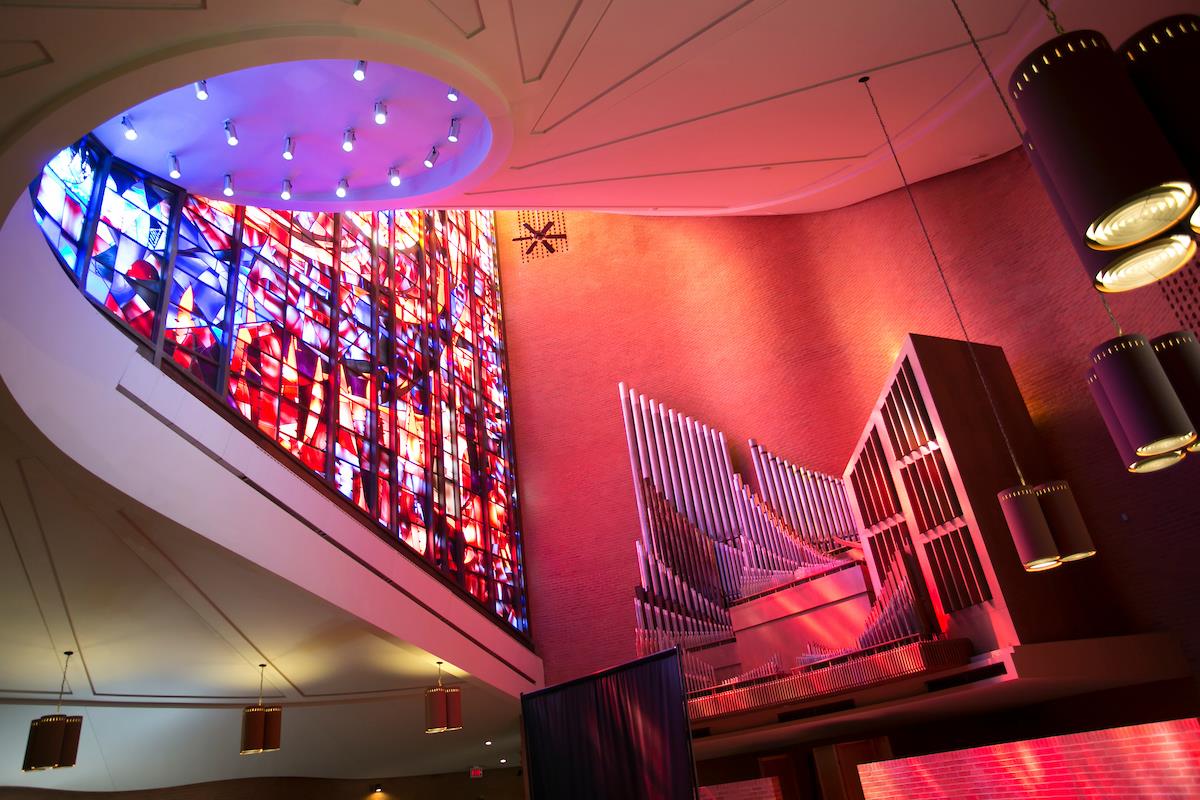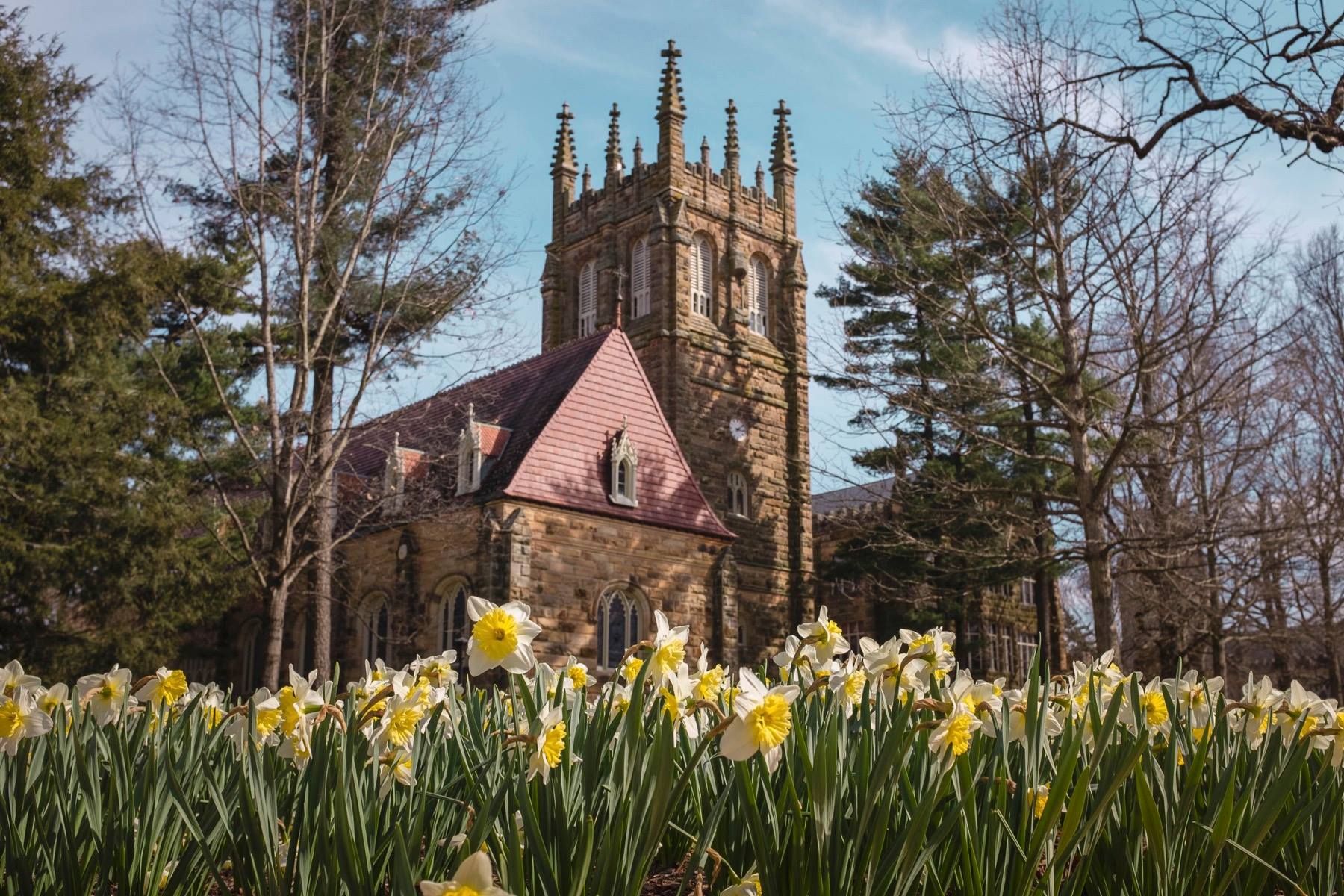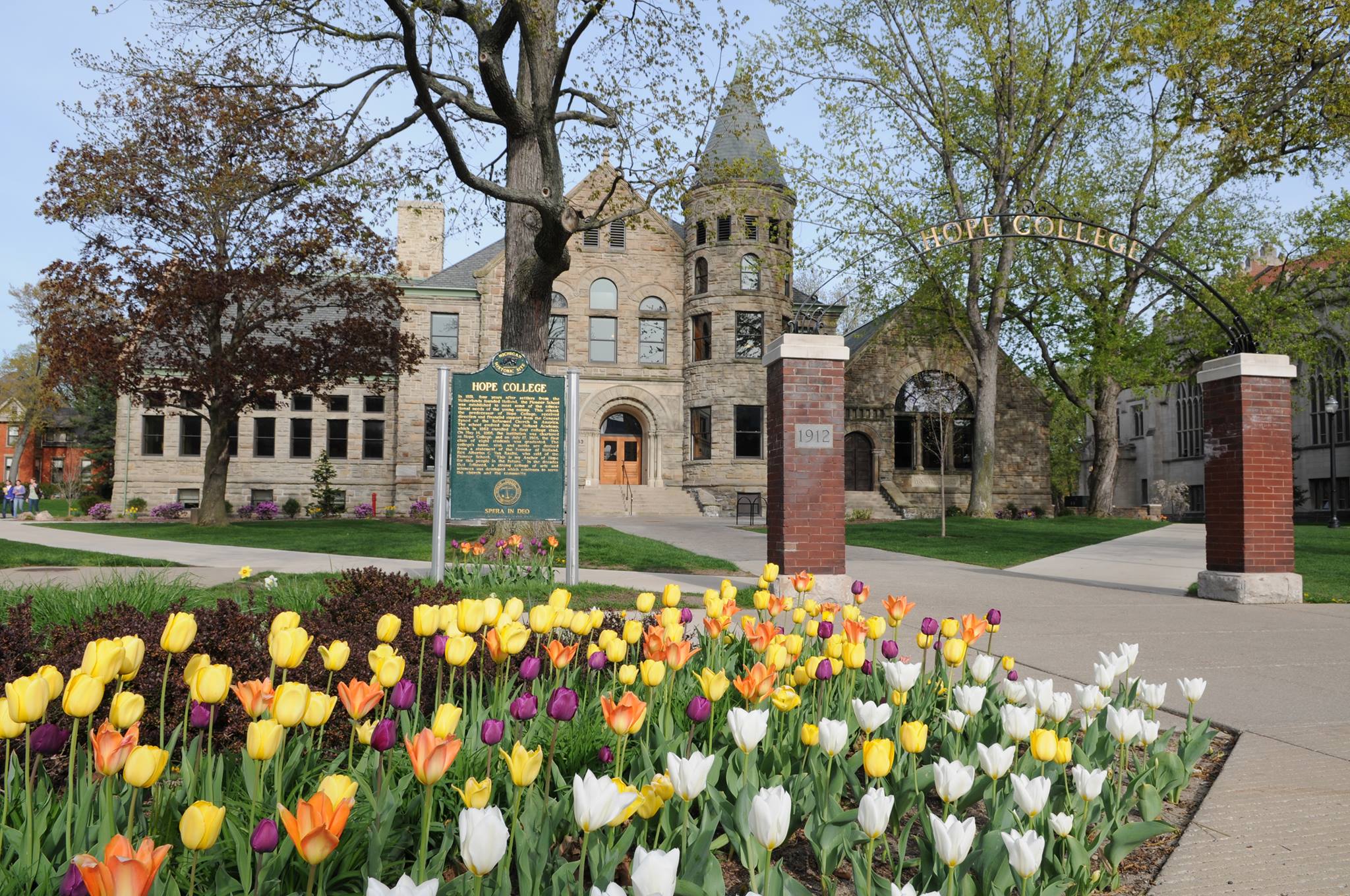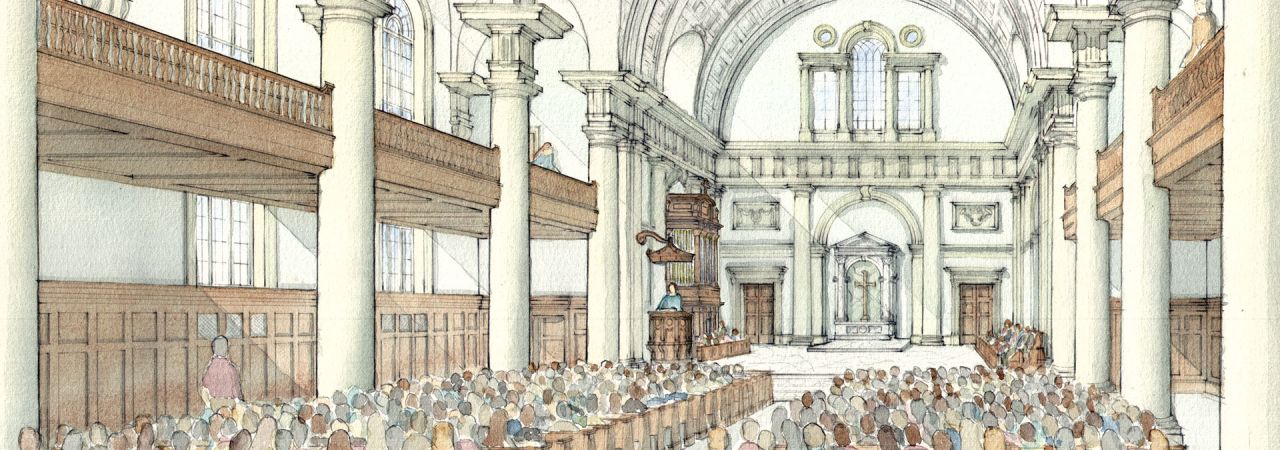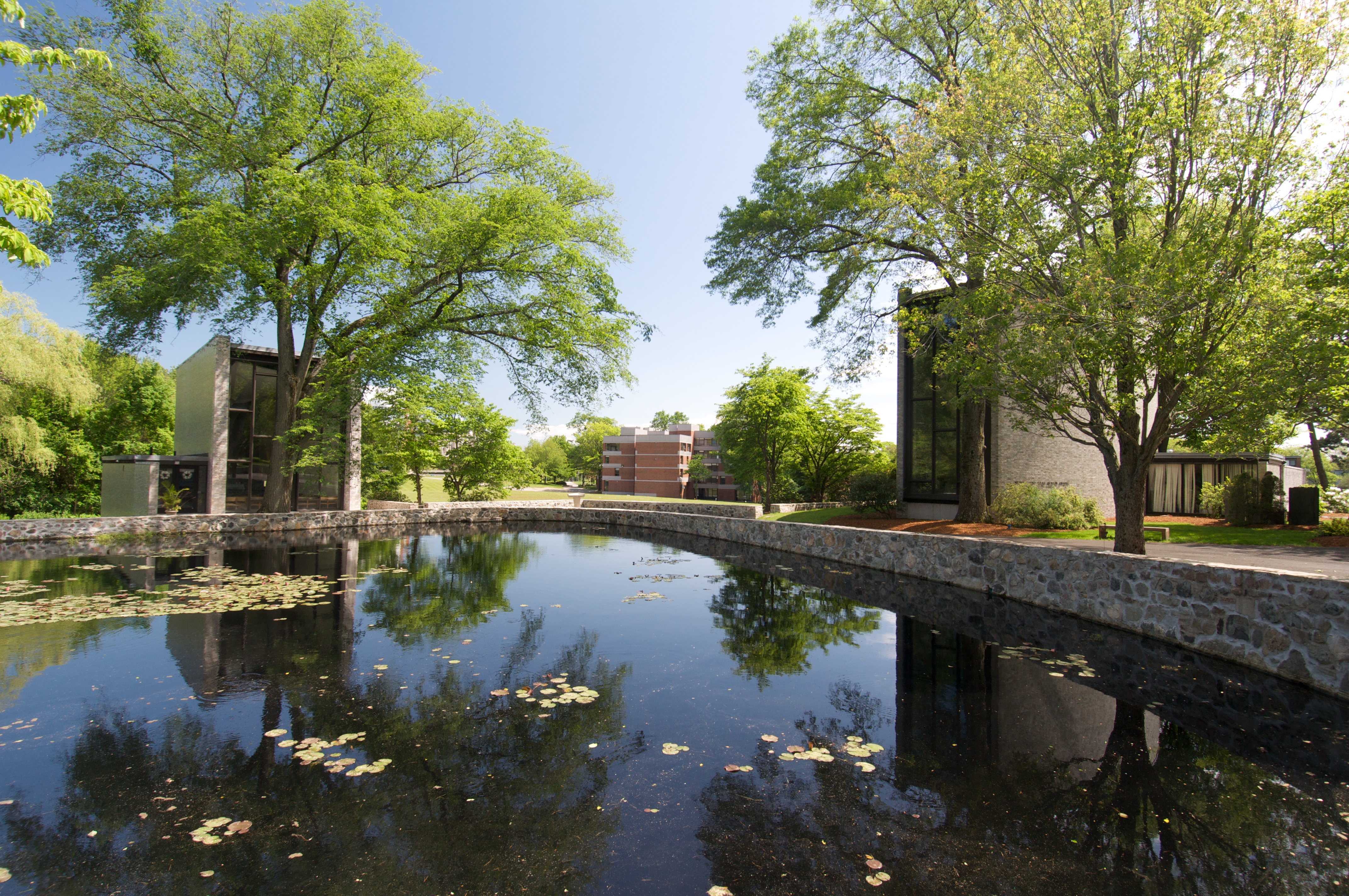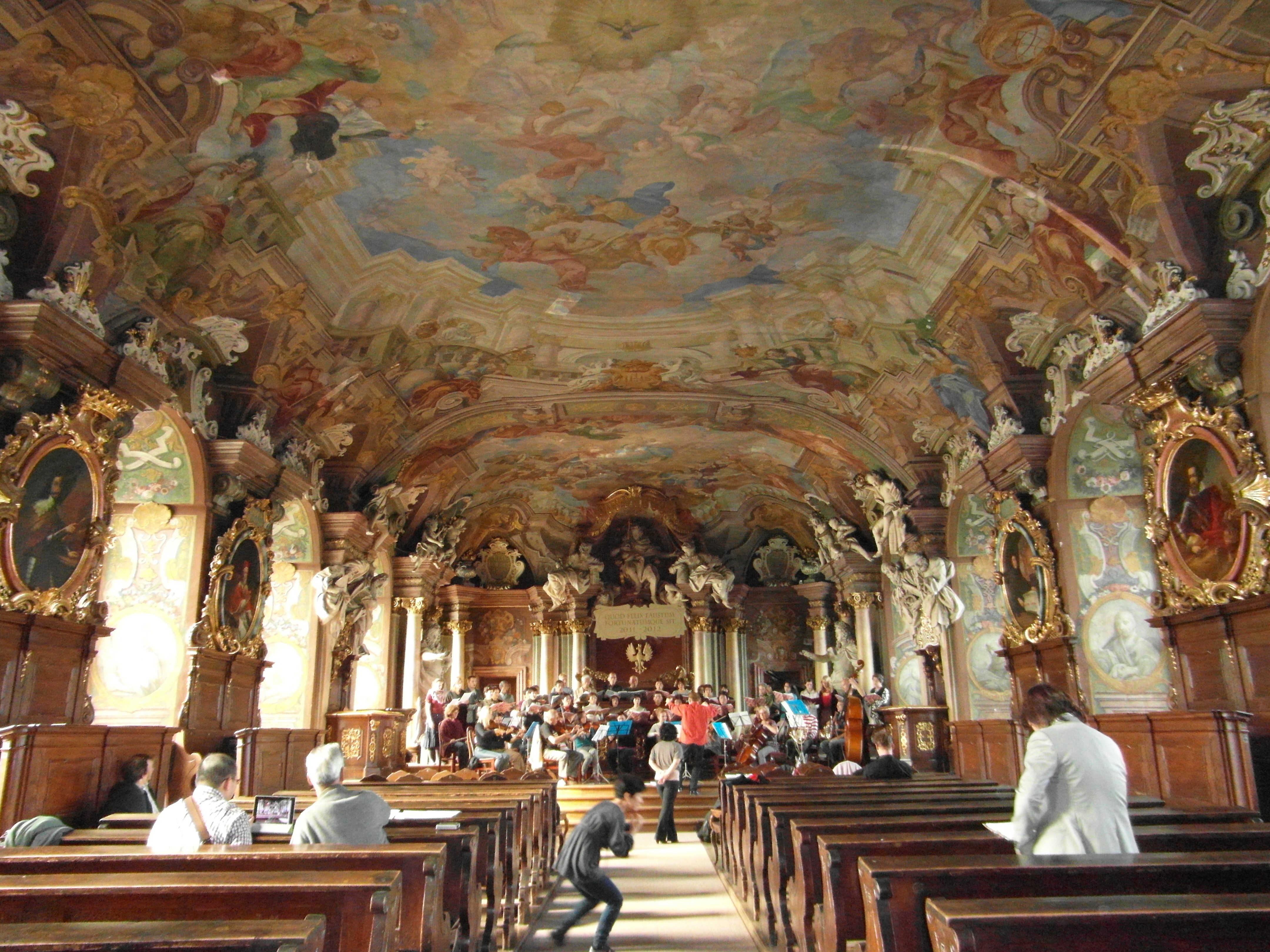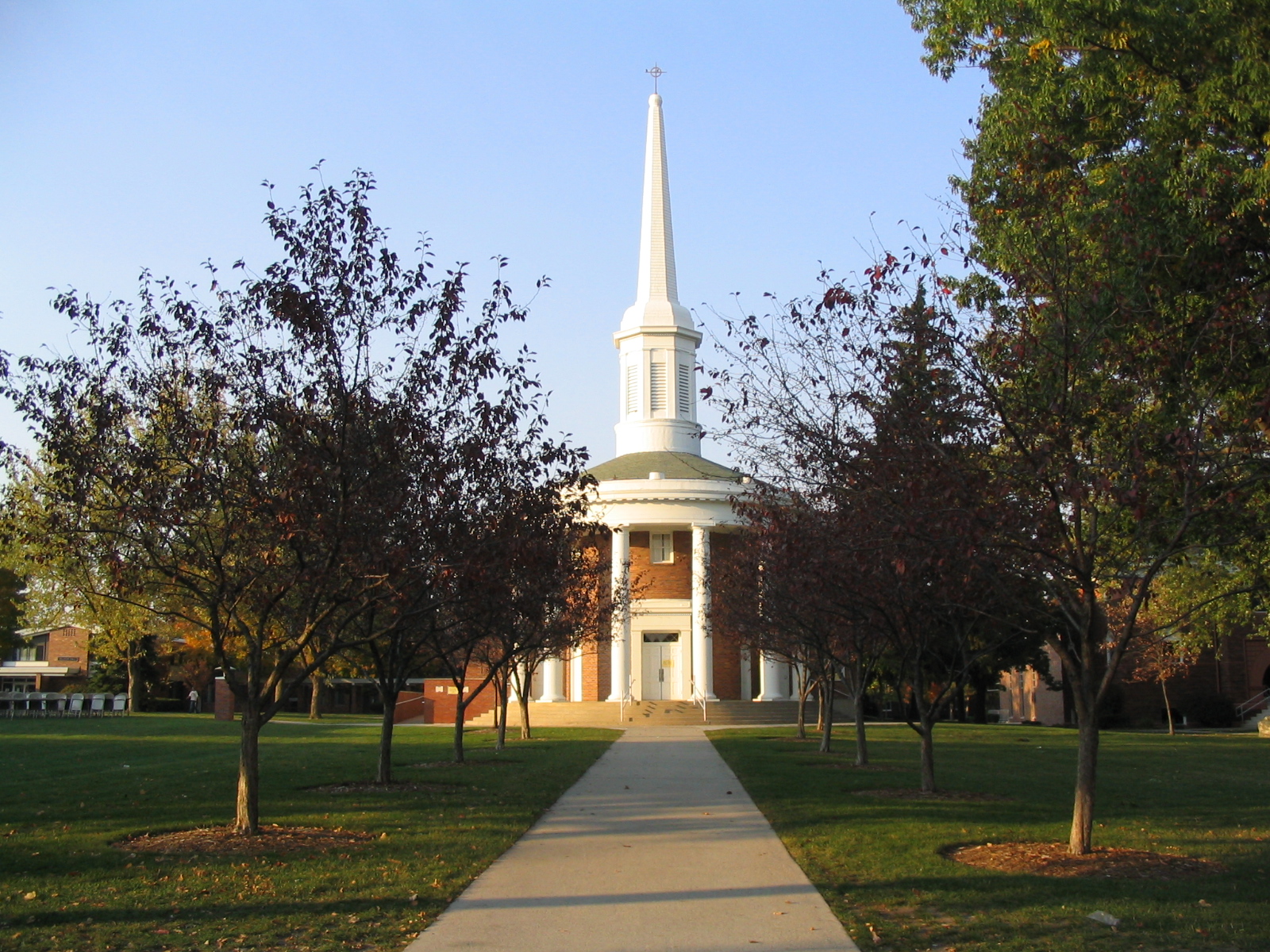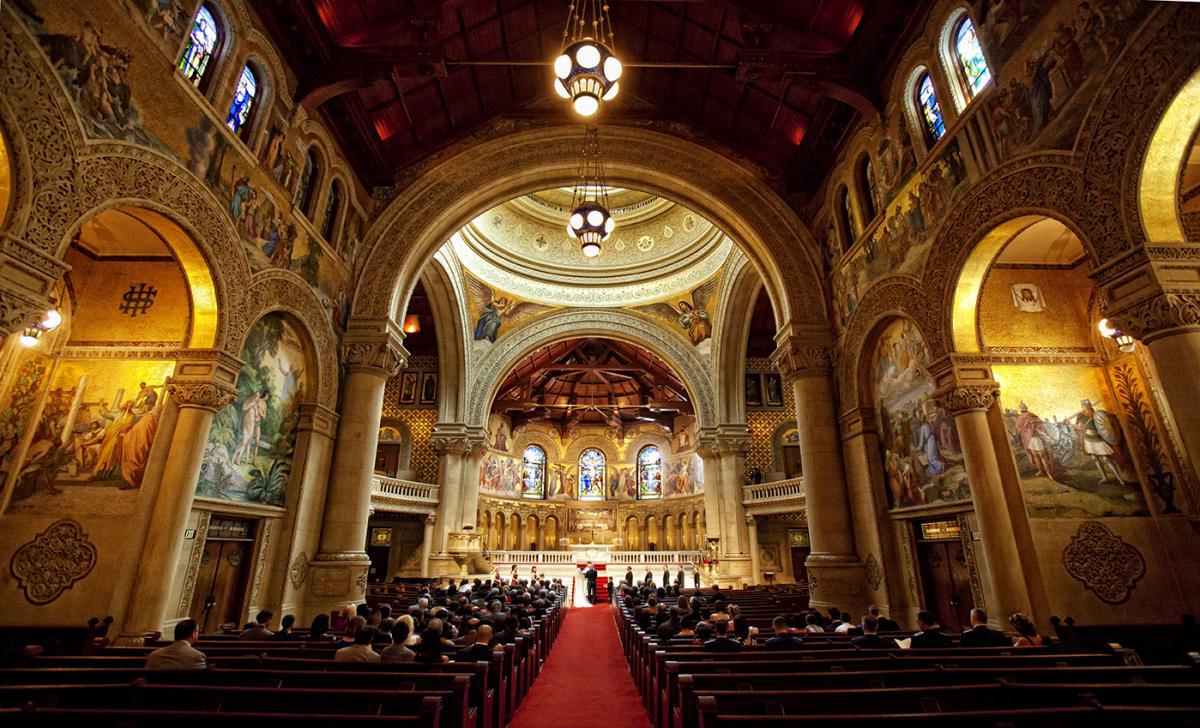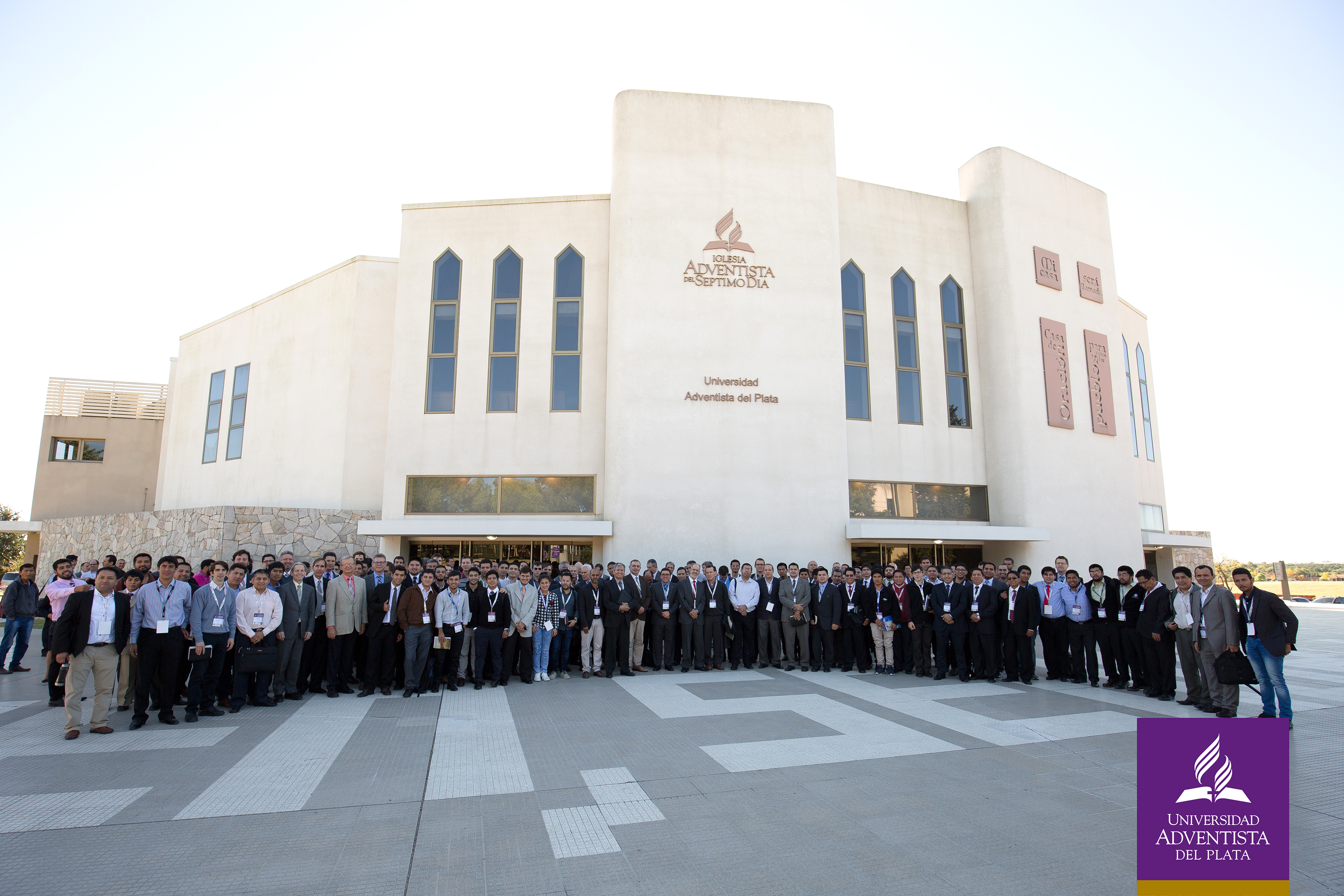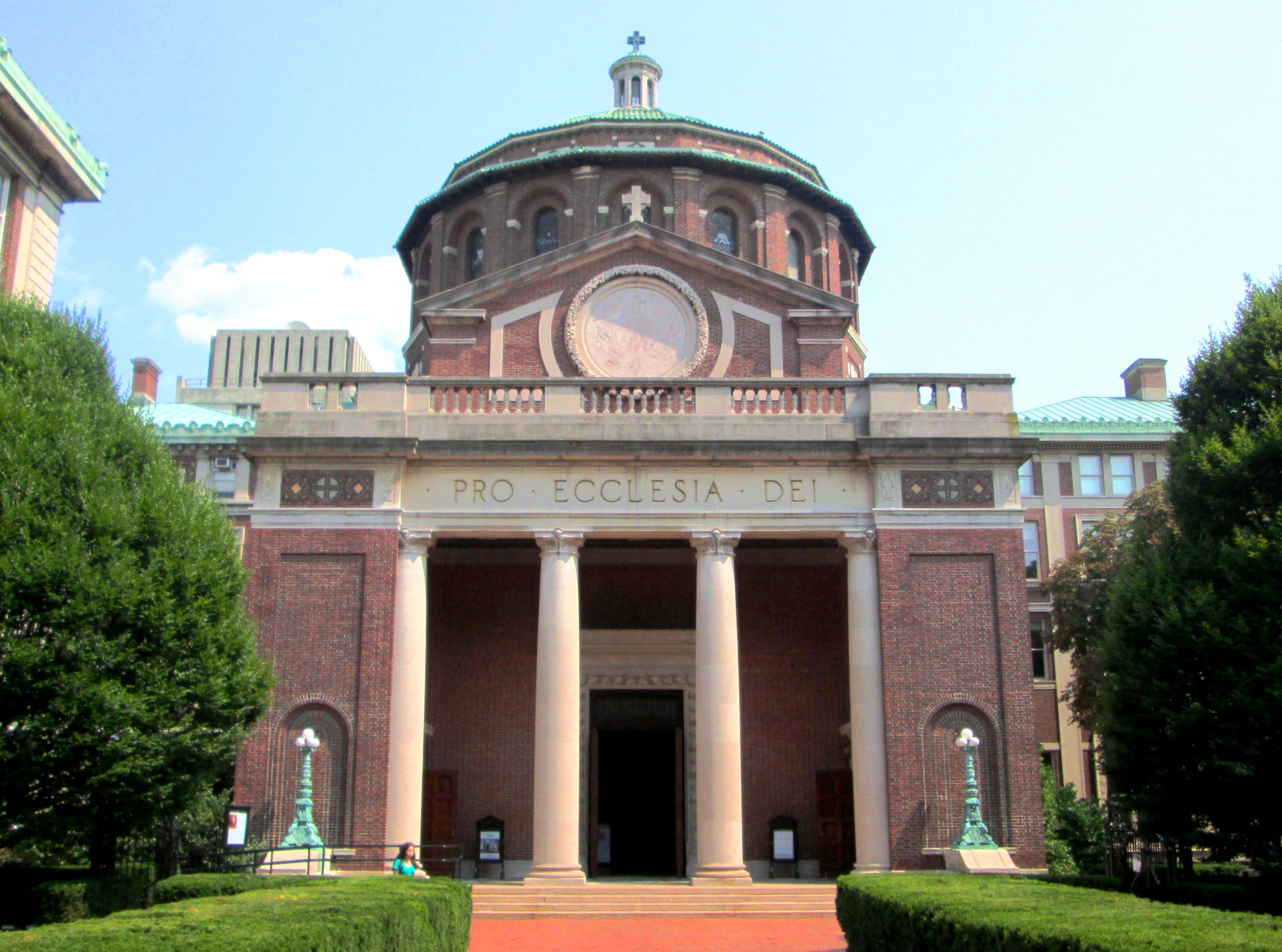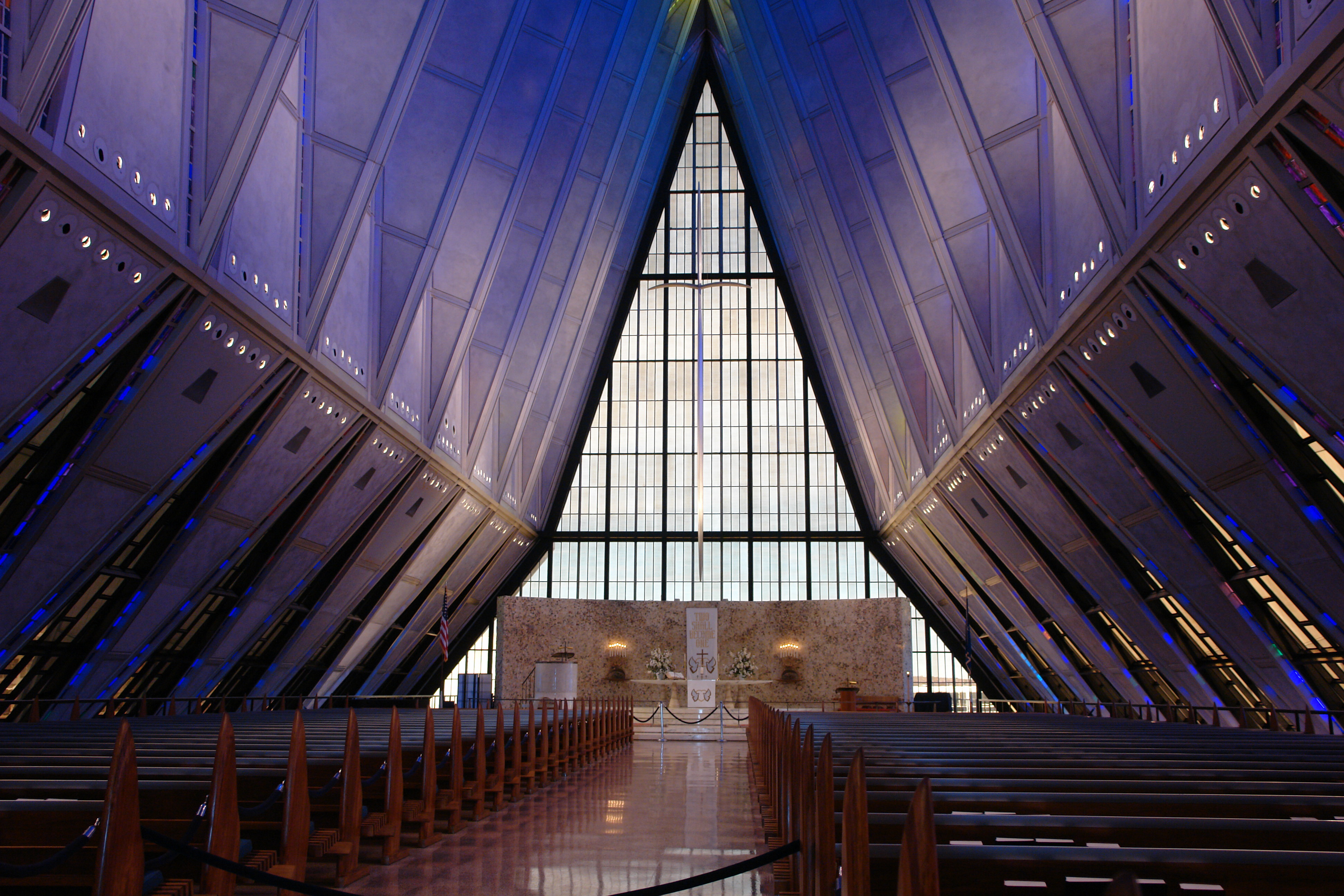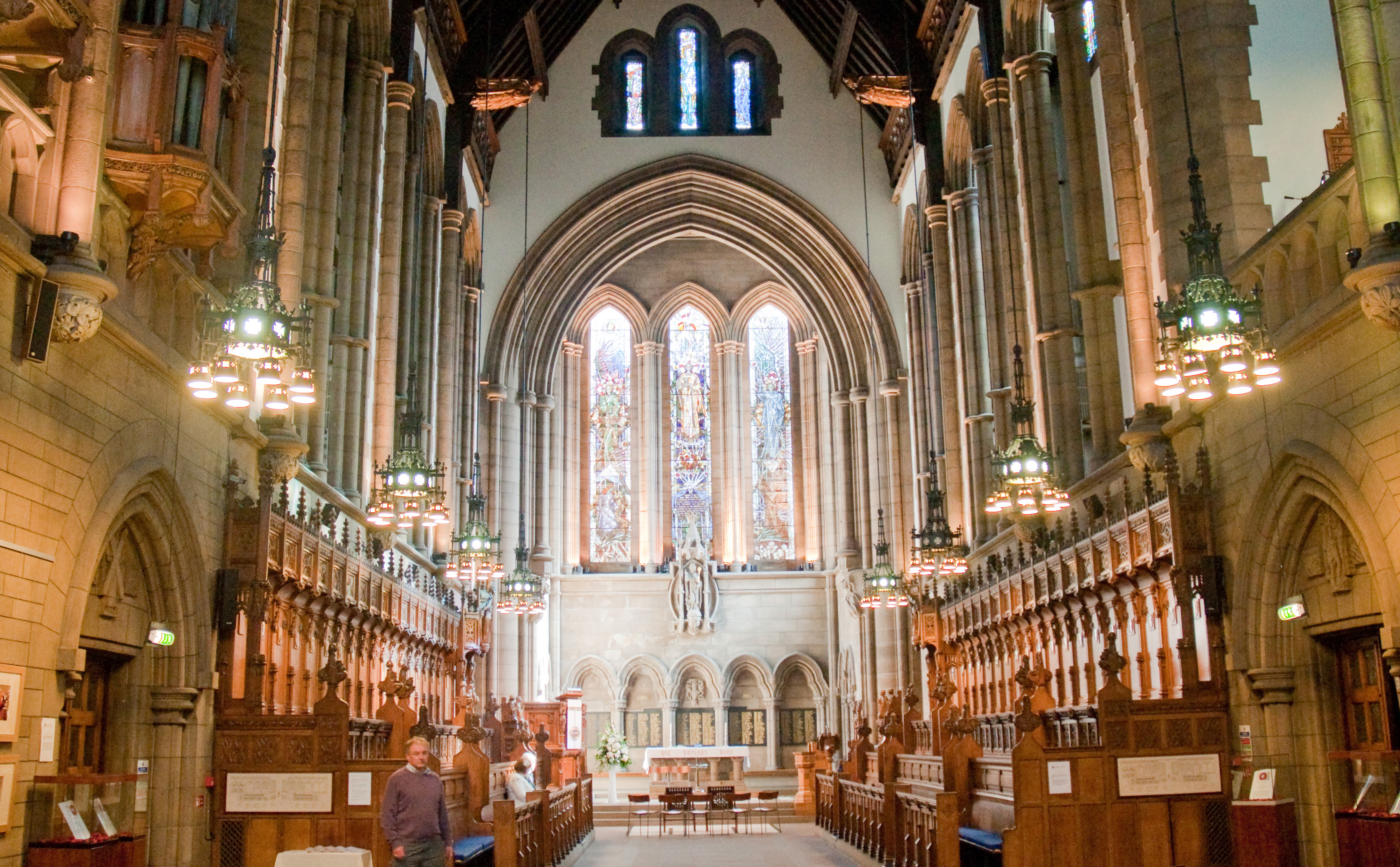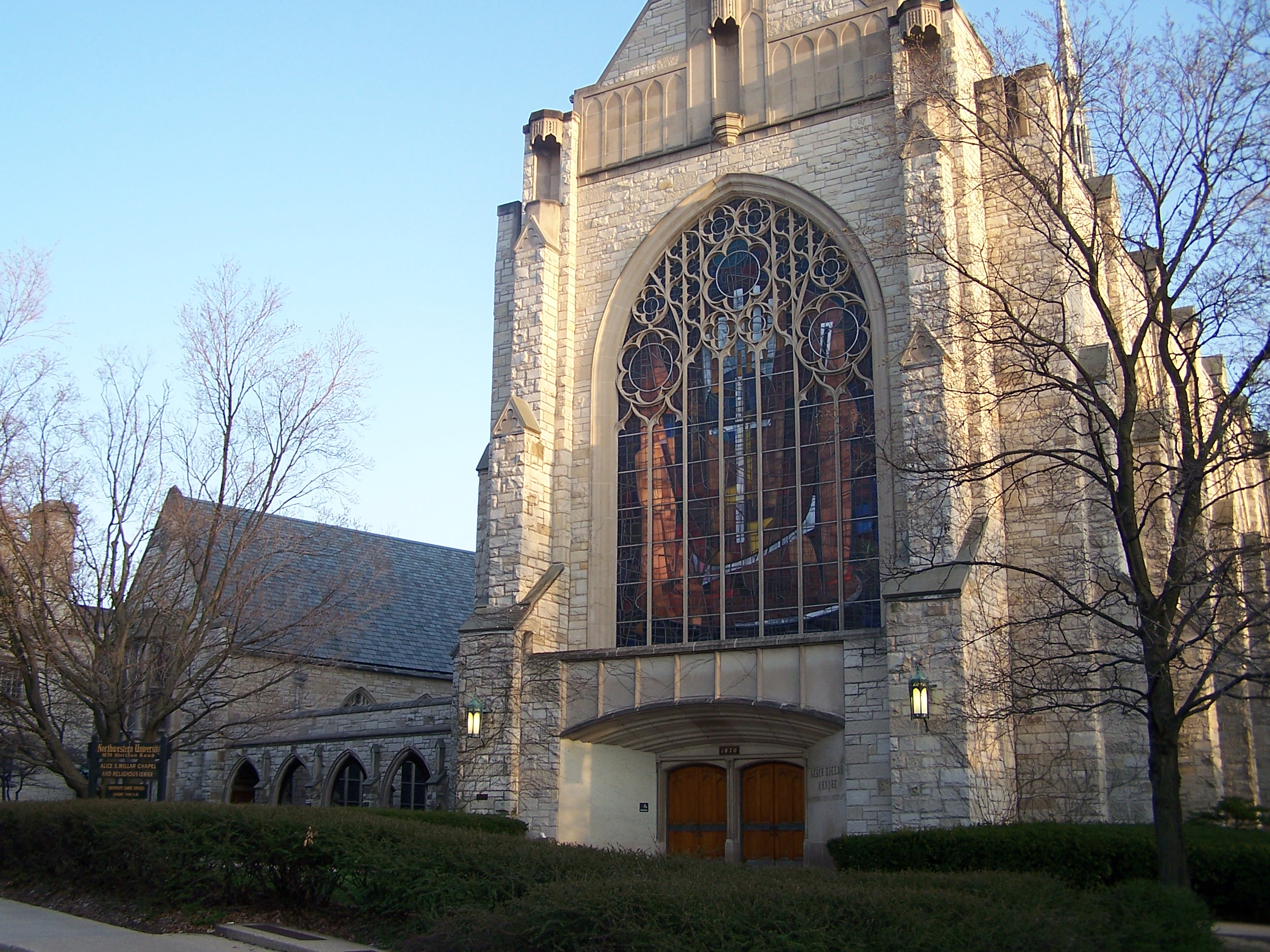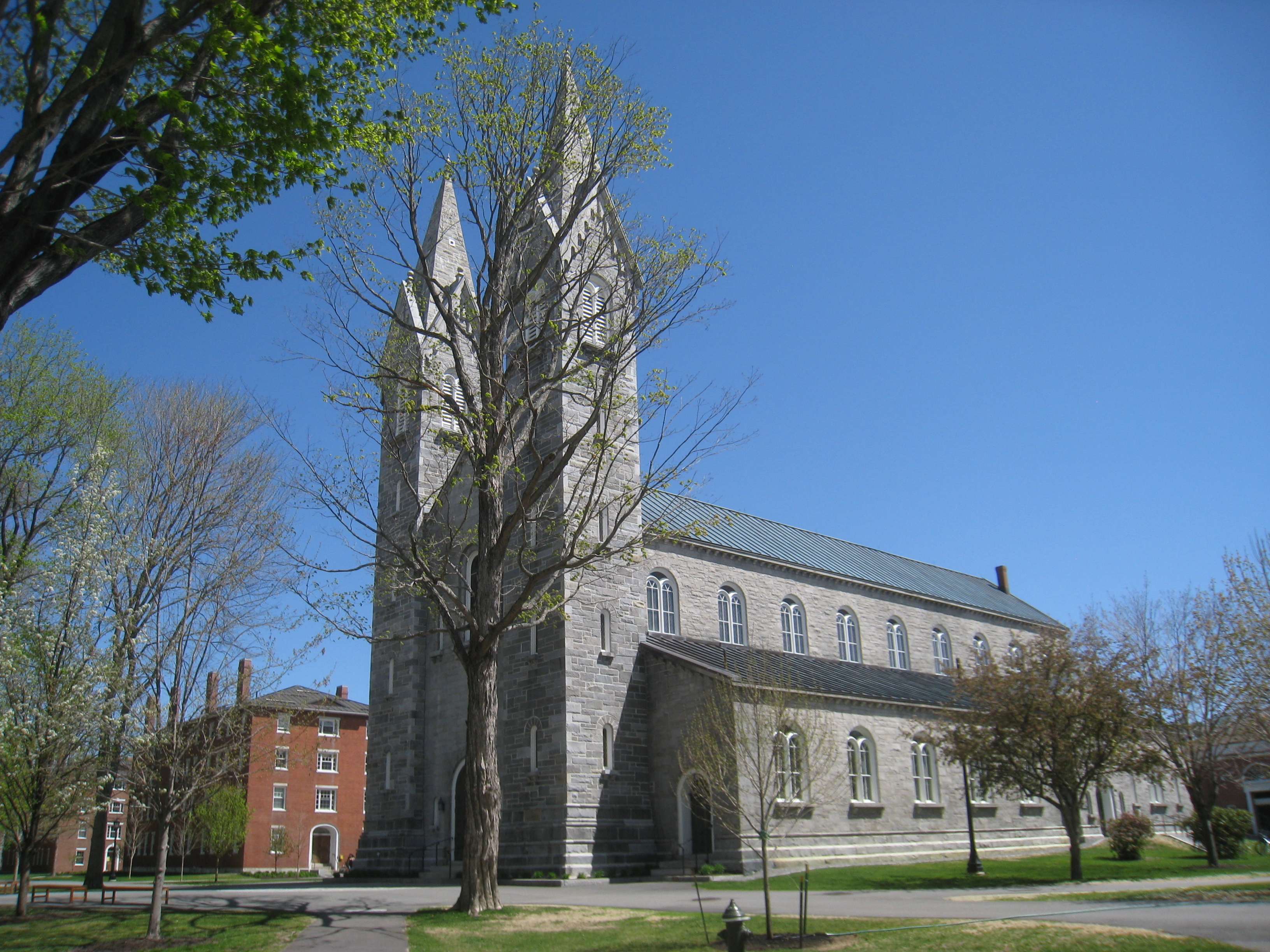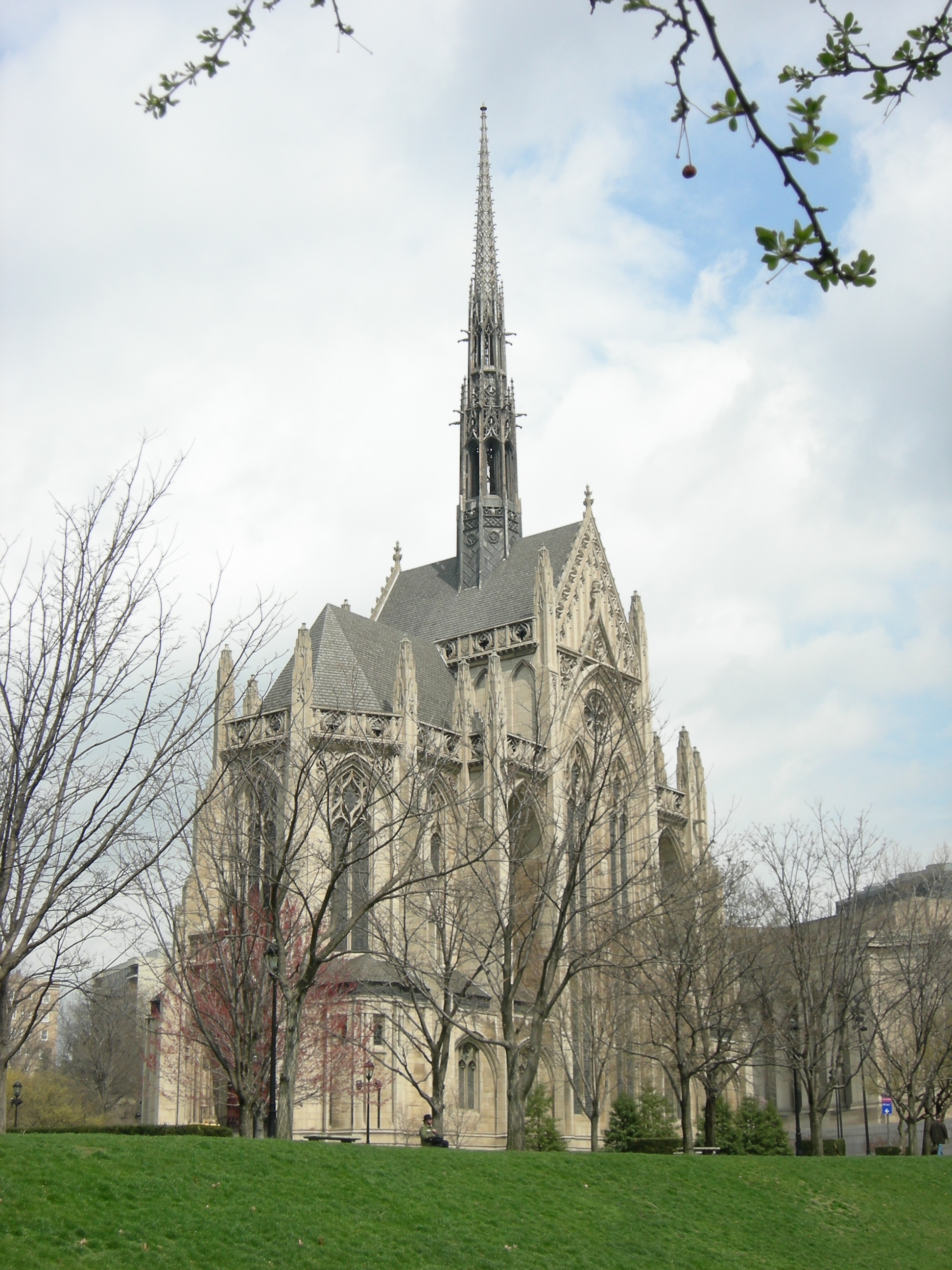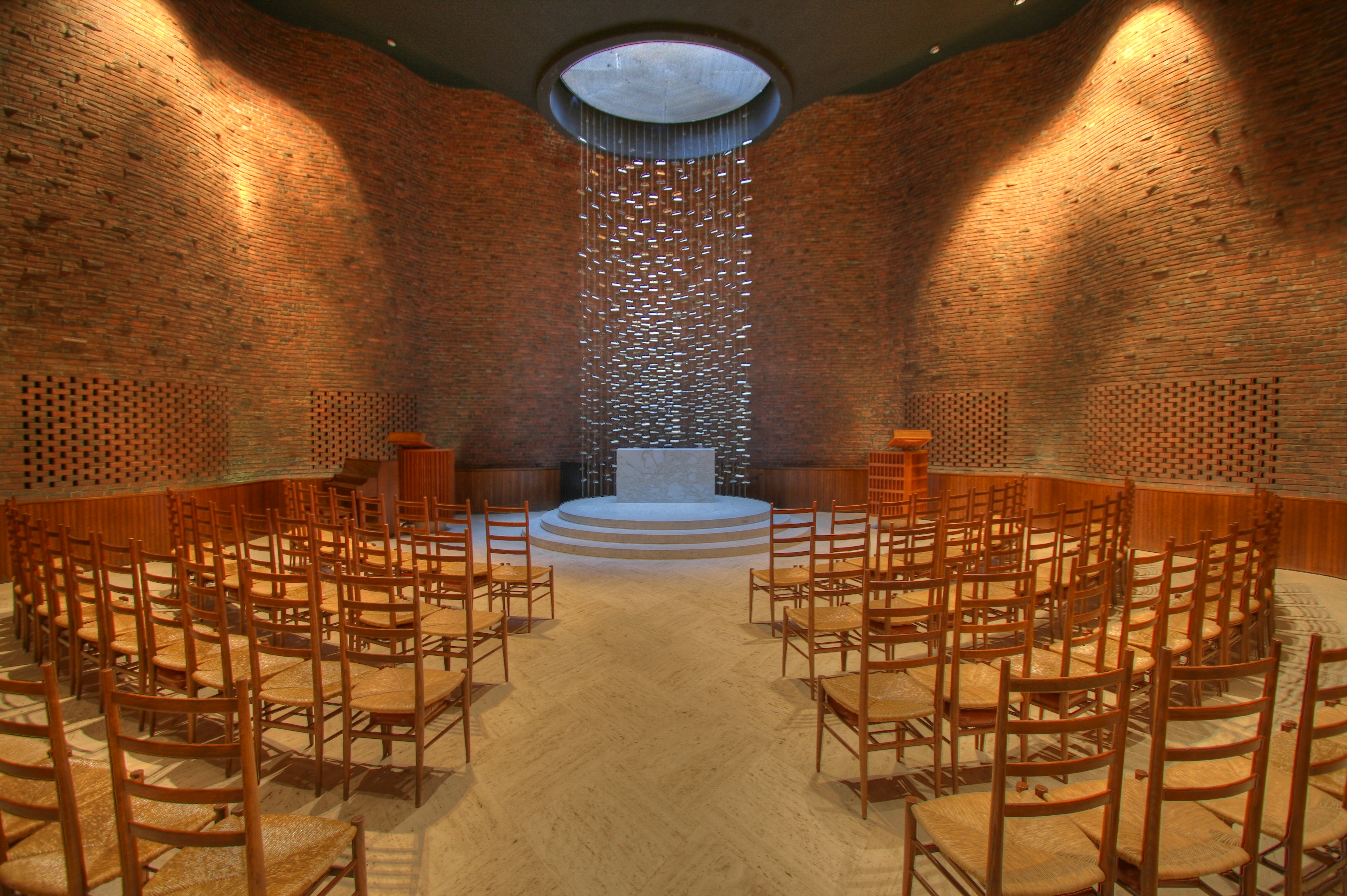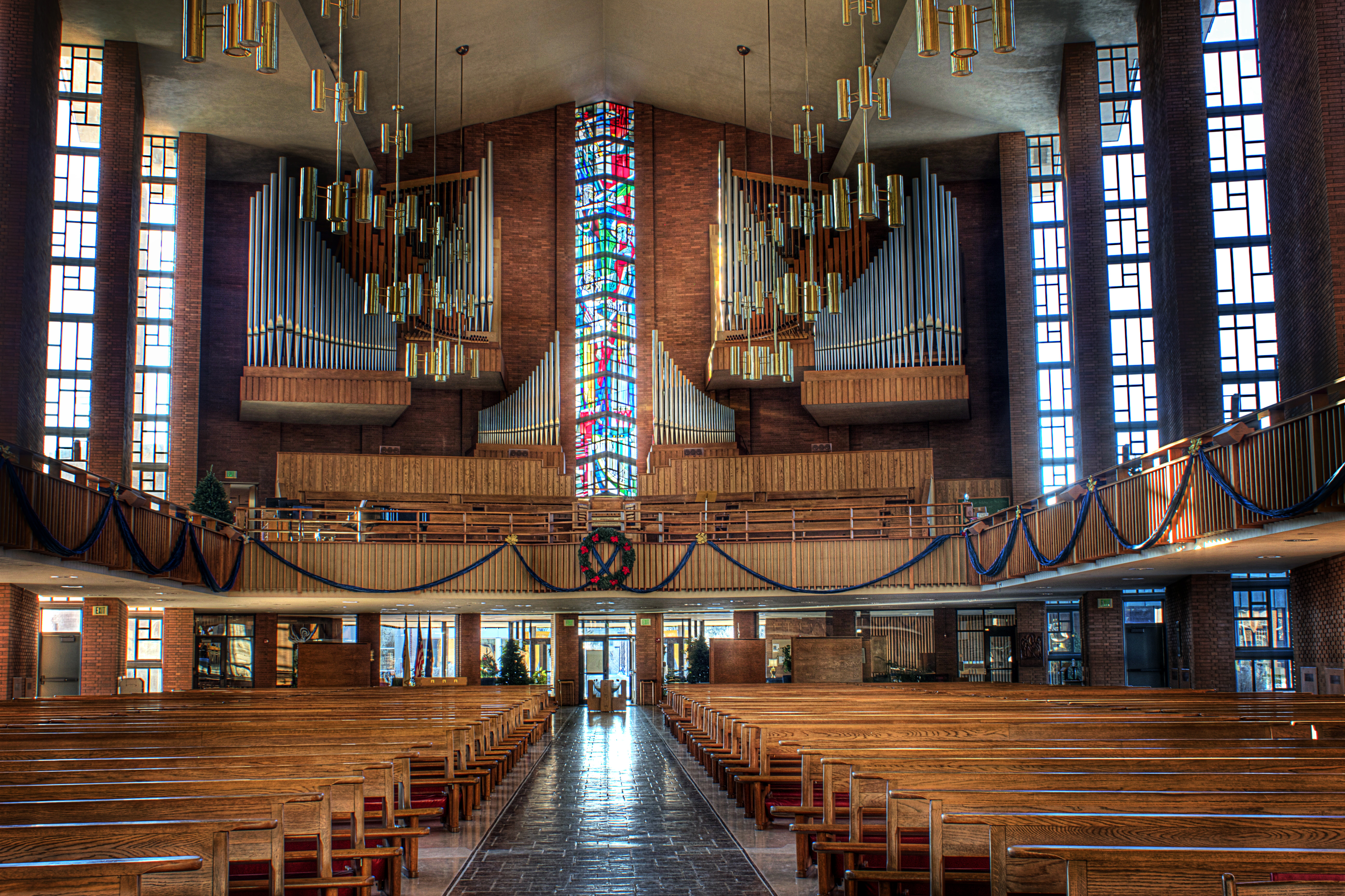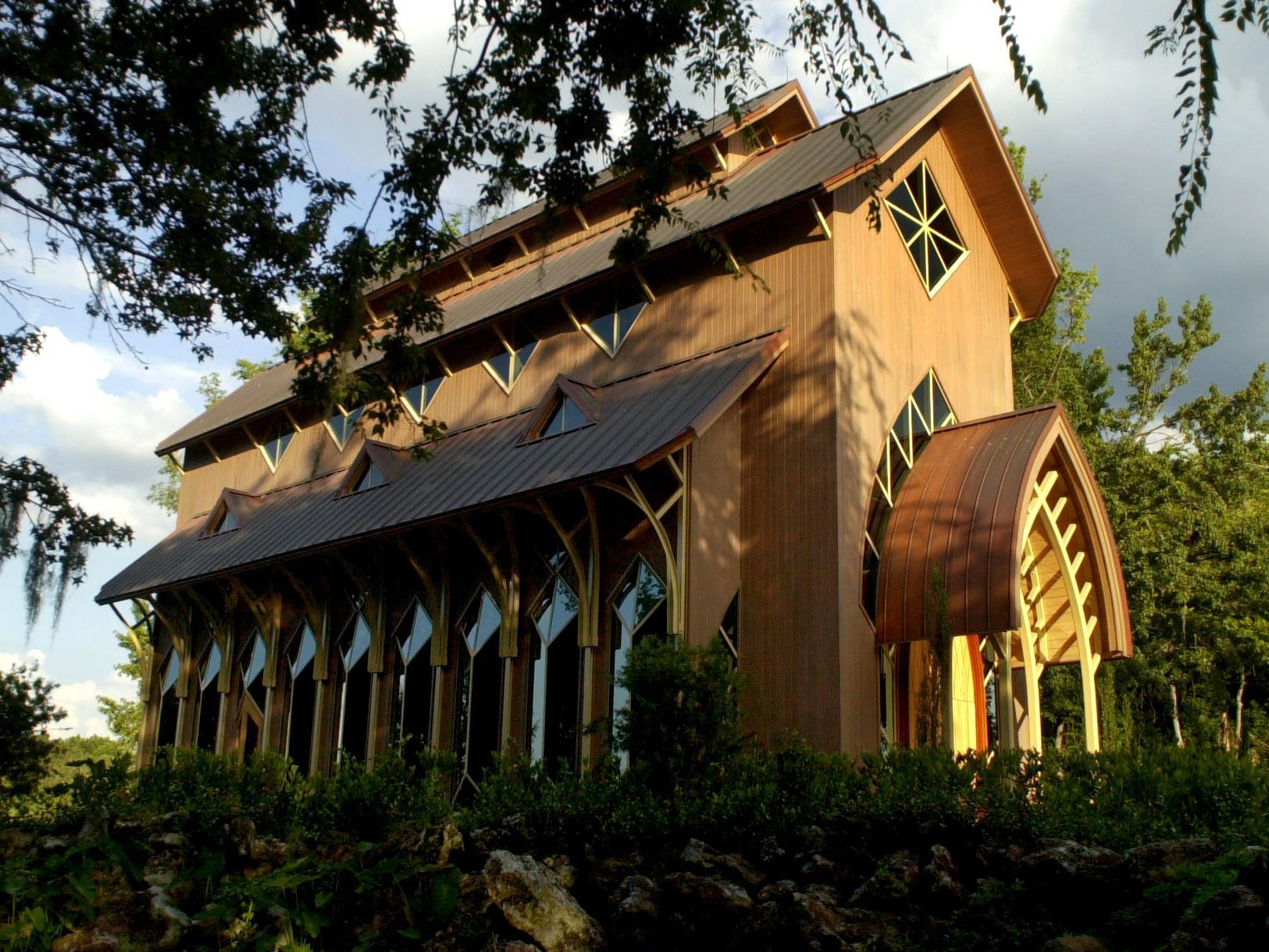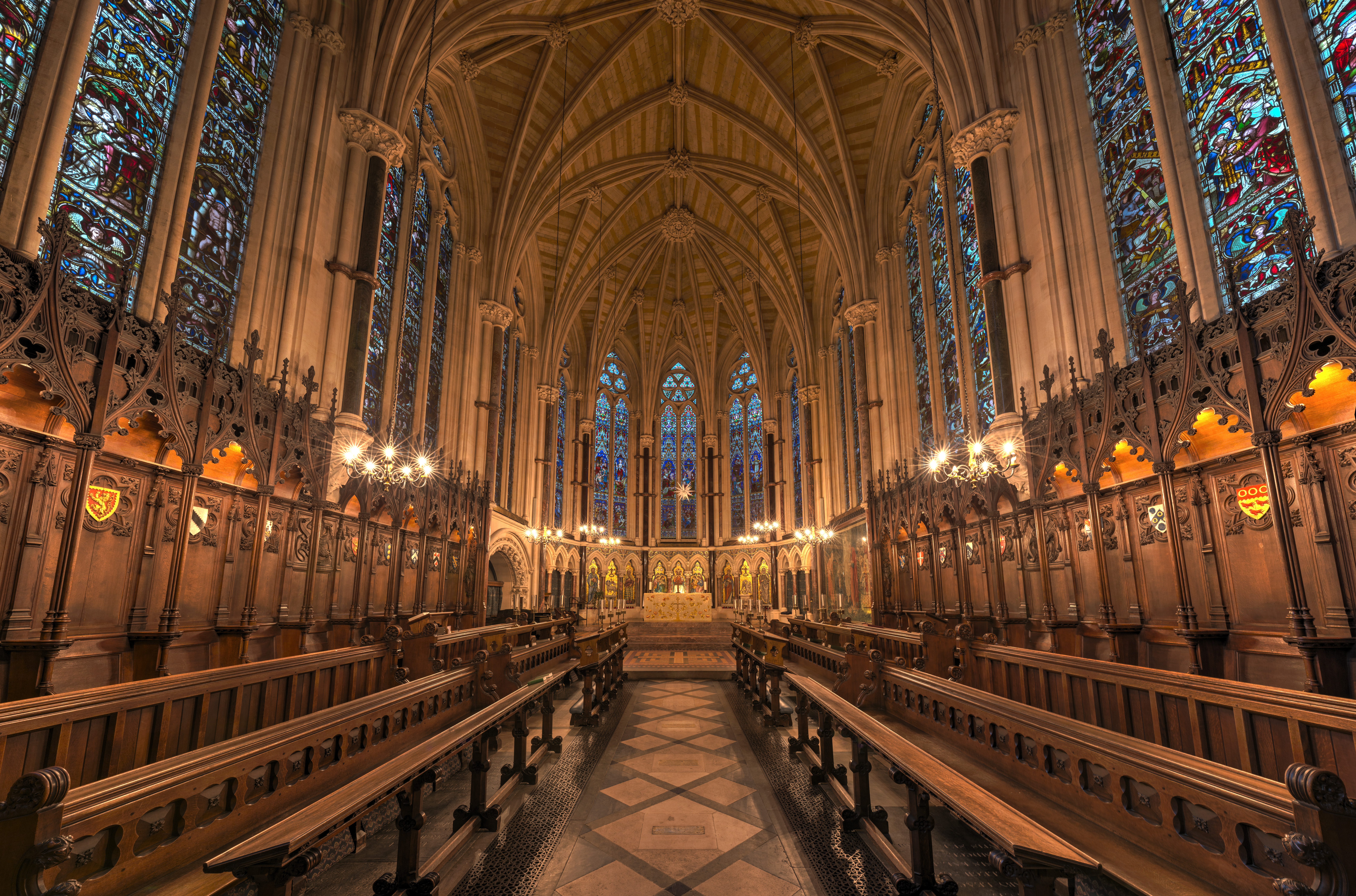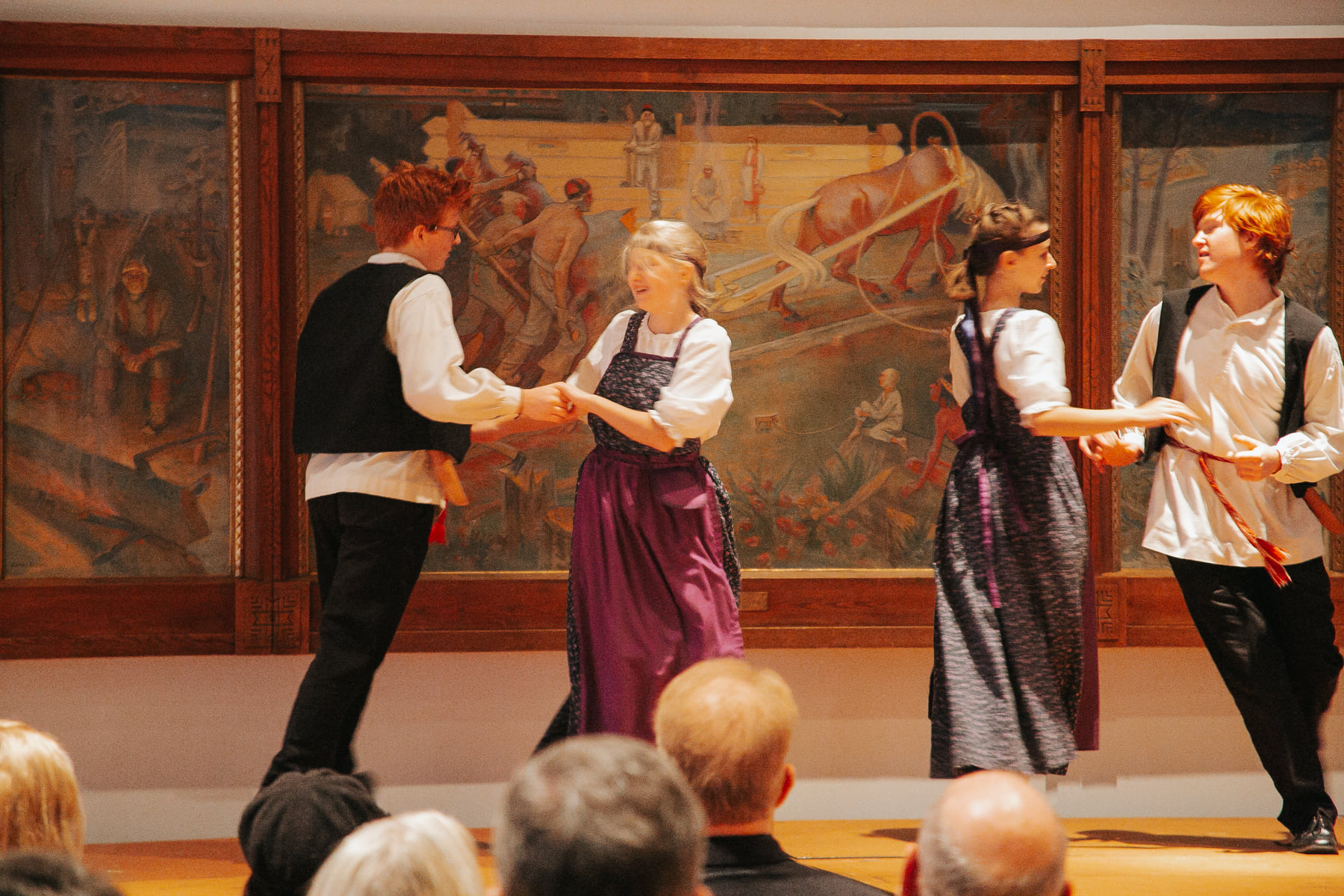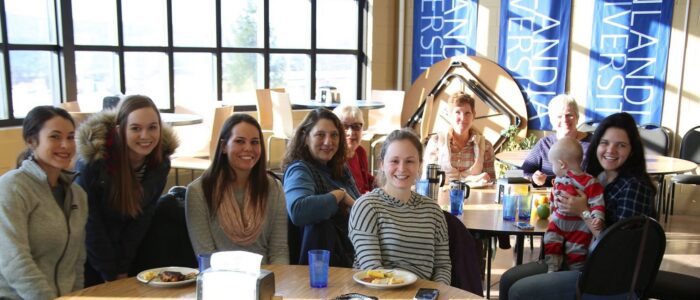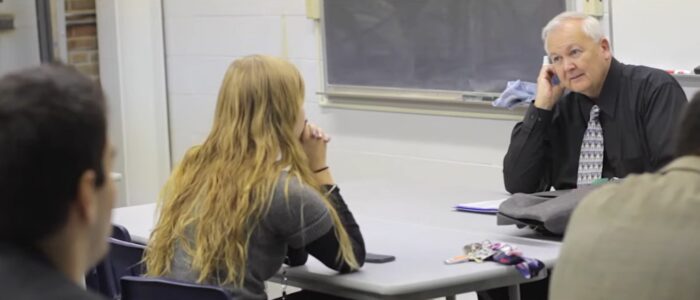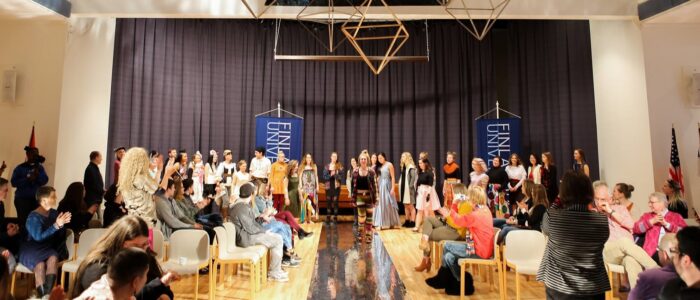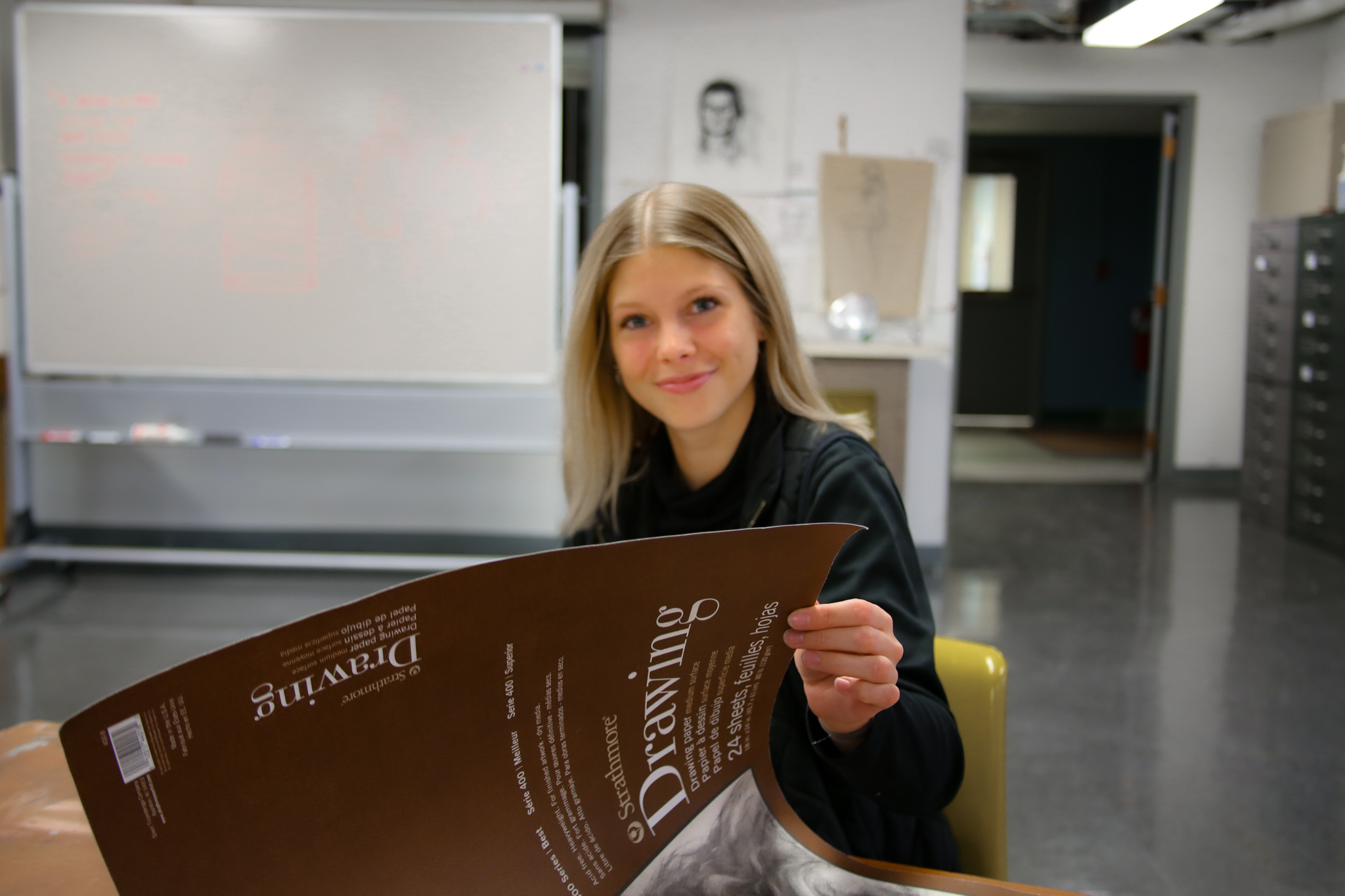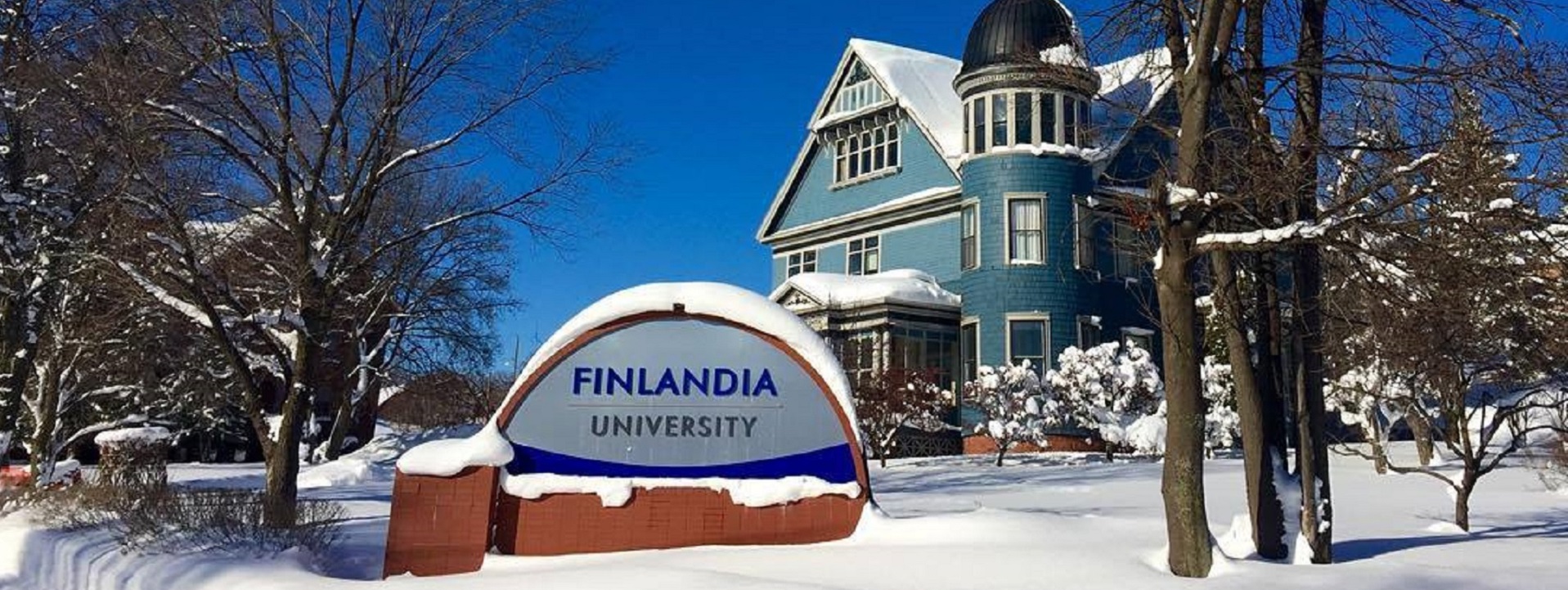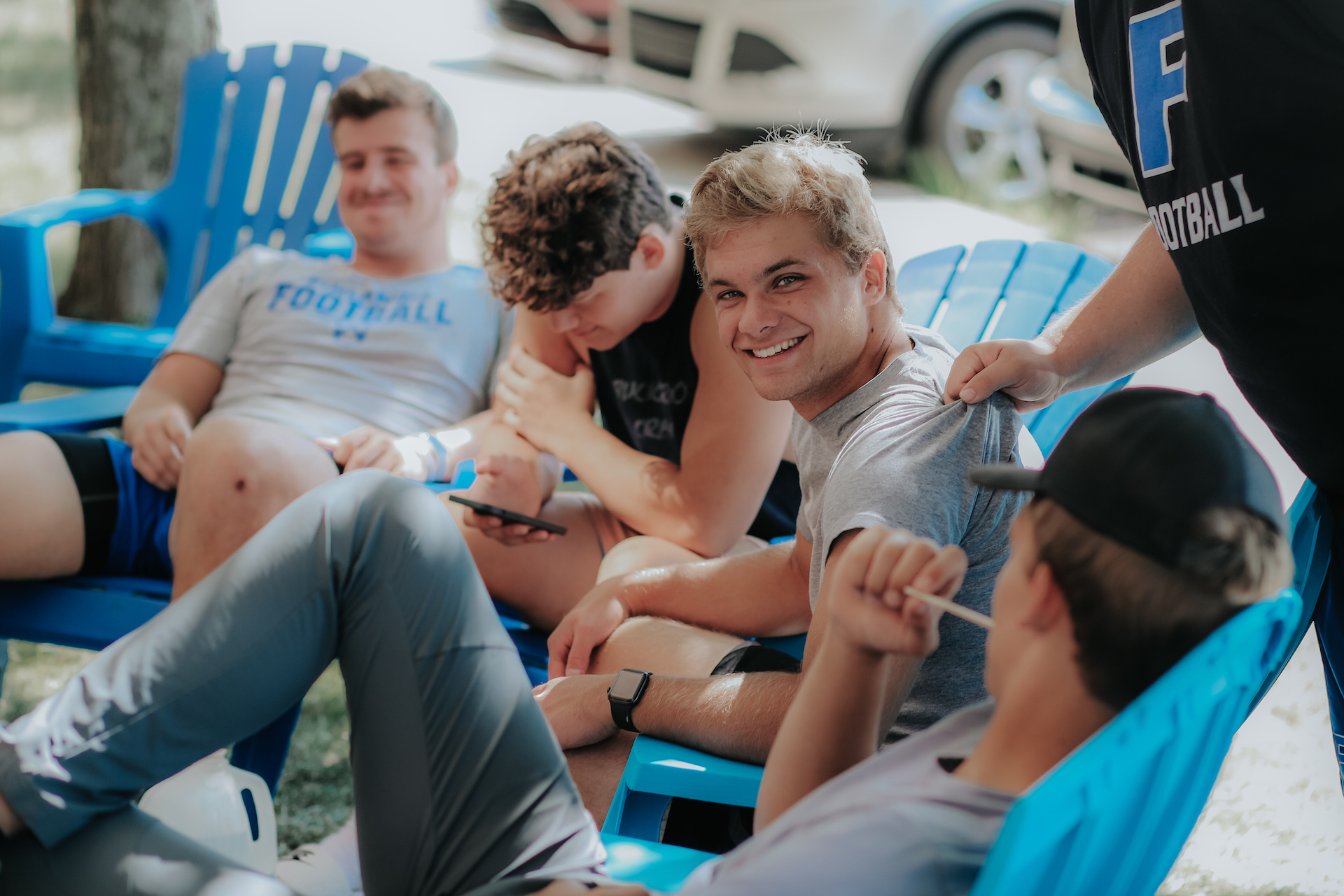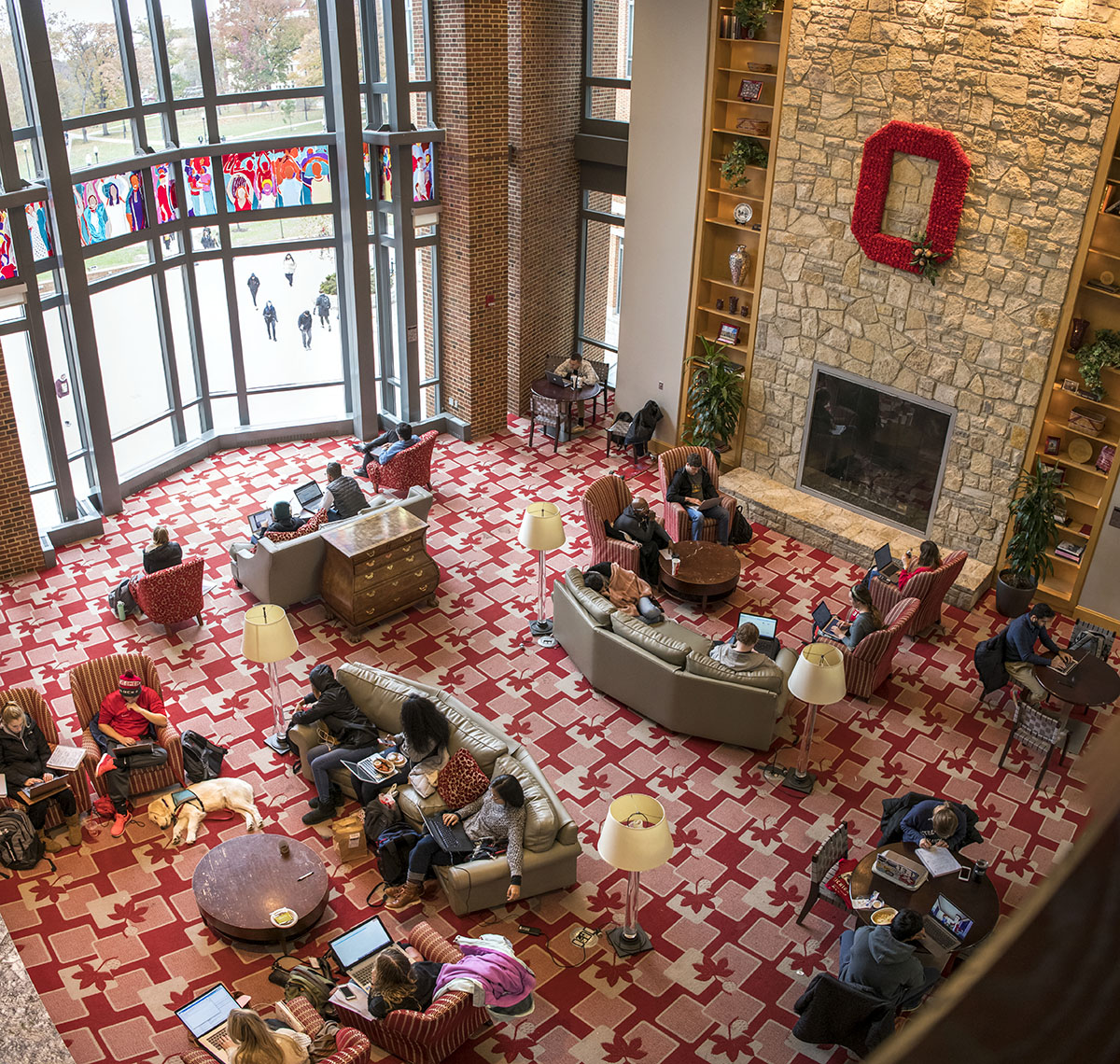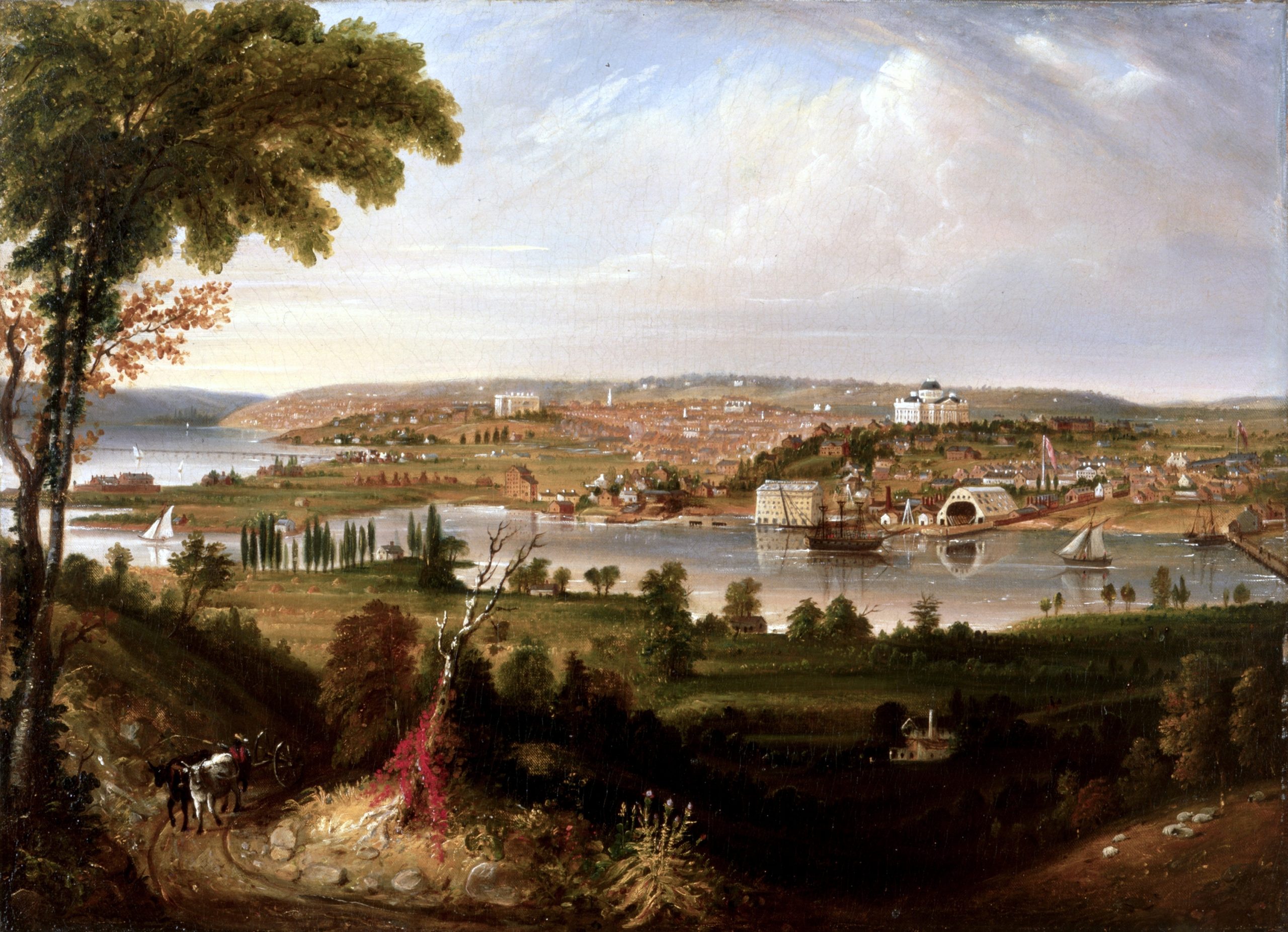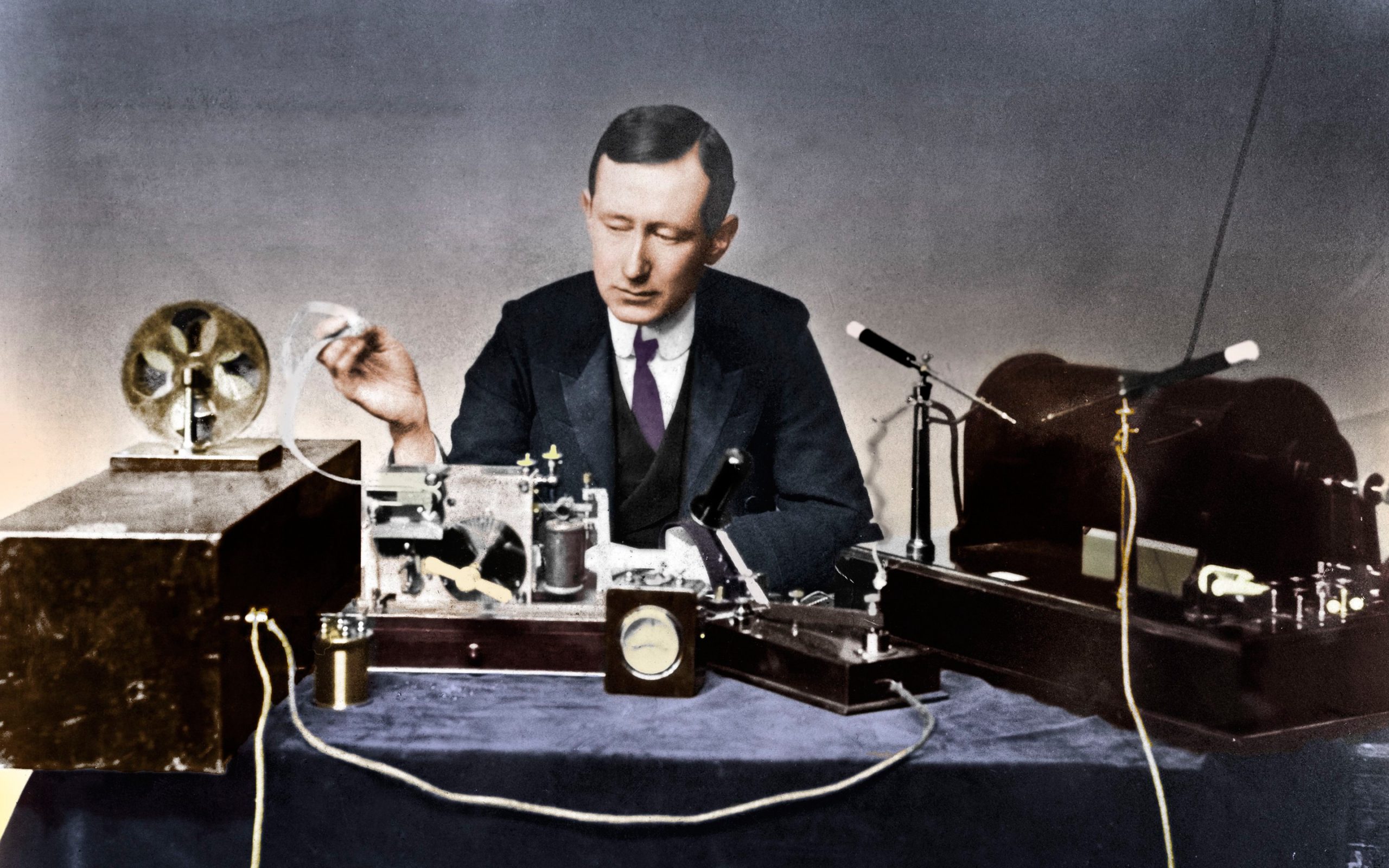Group B Proposed Changes to the 2024 Editions Complete Monograph (2650 pages)
For today’s session note the proposals listed below:
ADM1-25 Part I (p. 61)
G39-25 Part I (p. 522)
G40-25 Part I (p. 527)
G39-25 Part II (p. 535)
G144-25 (p. 740)
EB7-25 (p. 1438)
Z1-25 (p. 2582)
Link to April Committee Action Hearing Videos
2024 Complete Change Monograph (2658 Pages)
Safety and sustainability for any facility begins with an understanding of who shall occupy the built environment and how. University settings, with mixed-use phenomenon arising spontaneously and temporarily, often present challenges. Educational communities are a convergent settings for families; day care facilities among them. First principles regarding occupancy classifications for day care facilities appear in Section 308 of the International Building Code, Institutional Group I; linked below:
2018 International Building Code Section 308 Institutional Group I-4 (Superseded in some jurisdictions)
The ICC Institutional Group I-4 classification includes buildings and structures occupied by more than five persons of any age who received custodial care for fewer than 24 hours per day by persons other than parents or guardian, relatives by blood, marriage or adoption, and in a place other than the home of the person cared far. This group includes both adult and child day care.
We maintain focus on child day care. Many educational communities operate child day care enterprises for both academic study and/or as auxiliary (university employee benefit) enterprises.
Each of the International Code Council code development groups fetch back to a shared understanding of the nature of the facility; character of its occupants and prospective usage patterns.
The 2024 revision of the International Building code is in production now. Ahead of the formal, market release of the Group A tranche of titles you can sample the safety concepts in play during this revision with an examination of the documents linked below:
2019 GROUP B PROPOSED CHANGES TO THE I-CODES ALBUQUERQUE COMMITTEE ACTION HEARINGS
2019 REPORT OF THE COMMITTEE ACTION HEARINGS ON THE 2018 EDITIONS OF THE GROUP B INTERNATIONAL CODES
Search on the terms “day care” and “daycare” in the link at the top of this page to get a sample of the prevailing concepts; use of such facilities as storm shelters, for example.
We encourage our safety and sustainability colleagues to participate directly in the ICC Code Development process. We slice horizontally through the disciplinary silos (“incumbent verticals”) created by hundreds of consensus product developers every week and we can say, upon considerable authority that the ICC consensus product development environment is one of the best in the world. Privately developed standards (for use by public agencies) is a far better way to discover and promulgate leading practice than originating technical specifics from legislative bodies. CLICK HERE to get started. Contact Kimberly Paarlberg (kpaarlberg@iccsafe.org) for more information.
There are competitor consensus products in this space — Chapter 18 Day-Care Occupancies in NFPA 5000 Building Construction and Safety Code, for example; a title we maintain the standing agenda of our Model Building Code teleconferences. It is developed from a different pool of expertise under a different due process regime. See our CALENDAR for the next online meeting; open to everyone.
Issue: [18-166]
Category: Architectural, Healthcare Facilities, Facility Asset Management
Colleagues: Mike Anthony, Jim Harvey, Richard Robben
Recent concepts in play in transcripts:
- Tempered water for public hand-washing facilities
- Walking surfaces
- Exit signage for non-resident, non-English speaking children
- Fire rating of corridors
- Bathing privacy concepts
- Water heater controls and monitoring; mixing valves
LEARN MORE:
cdpACCESS Hearing Video Streaming Service



